In this 12 February 2015 file photo a Thai Buddhist monk gives water to a tiger from a bottle at the "Tiger Temple" in Saiyok district in Kanchanaburi province, west of Bangkok, Thailand. Wildlife officials have begun removing some of the 137 tigers held at the Buddhist temple after accusations that their caretakers were involved in illegal breeding and trafficking of the animals, as well as neglected them. Teunjai Noochdumrong, assistant deputy director of the Department of National Parks, said three tigers had been tranquilized and transported Monday, May 30, 2016, in an operation involving about 1,000 state personnel and expected to go on for a week.: photo by Sakchai Lalit/AP, 12 February 2015
![The carcasses of 40 tiger cubs found undeclared are displayed at the Wat Pha Luang Ta Bua Tiger Temple on June 1, 2016 in Kanchanaburi province, Thailand. Wildlife authorities in Thailand raided a Buddhist temple in Kanchanaburi province where 137 tigers were kept, following accusations the monks were illegally breeding and trafficking endangered animals. Forty of the 137 tigers were rescued by Tuesday from the country's infamous 'Tiger Temple' despite opposition from the temple authorities.]()
The carcasses of 40 tiger cubs found undeclared are displayed at the Wat Pha Luang Ta Bua Tiger Temple on June 1, 2016 in Kanchanaburi province, Thailand. Wildlife authorities in Thailand raided a Buddhist temple in Kanchanaburi province where 137 tigers were kept, following accusations the monks were illegally breeding and trafficking endangered animals. Forty of the 137 tigers were rescued by Tuesday from the country’s infamous ‘Tiger Temple’ despite opposition from the temple authorities.: photo by Thailand Department of National Parks, Wildlife and Plant Conservation via CNN, 1 June 2016Bodies of 40 tiger cubs found in Thai temple freezer:Tassanee Vejpongsa,Associated Press, 1 June 2016
BANGKOK — Forty dead tiger cubs were found Wednesday in a freezer at a Buddhist temple that operated as an admission-charging zoo, a national parks official said.The discovery happened while authorities were removing mostly full-grown live tigers from the temple in western Kanchanaburi province following accusations that monks were involved in illegal breeding and trafficking of the animals.The cubs were found in a freezer where the temple staff kept food, said Anusorn Noochdumrong, an official from the Department of National Parks who has been overseeing the transfer of the temple's 137 tigers to shelters. Since Monday, 60 have been tranquilized and removed."We don't know why the temple decided to keep these cubs in the freezer," Anusorn said. "We will collect these carcasses for DNA analysis."The cubs appeared to be up to a week old, he said. Authorities plan to file charges against the temple for illegally possessing endangered species, he said.The temple's Facebook page said in March that the temple's former vet had decided in 2010 to stop cremating cubs that died soon after birth. Calls to the temple's office were not answered.The temple, a popular tourist attraction, has been criticized by animal rights activists because of allegations it is not properly set up to care for the animals and flouted regulations restricting the trade of tigers.The monks resisted previous efforts to take away the tigers, but relented this week after police obtained a court order.The temple recently made arrangements to operate as a zoo, but the plan fell through when the government determined that the operators failed to secure sufficient resources.The carcasses of 40 tiger cubs were found at Wat Pha Luang Ta Bua, a Buddhist site widely known as the Tiger Temple, in Kanchanaburi, Thailand: photo by Dario Pignatelli via The New York Times, 1 June 2016![]() .
.
The carcasses of 40 tiger cubs were found at Wat Pha Luang Ta Bua, a Buddhist site widely known as the Tiger Temple, in Kanchanaburi, Thailand: photo by Dario Pignatelli via The New York Times, 1 June 2016
The carcasses of 40 tiger cubs were found at Wat Pha Luang Ta Bua, a Buddhist site widely known as the Tiger Temple, in Kanchanaburi, Thailand: photo by Dario Pignatelli/The New York Times, 1 June 2016 Thai Officials Find 40 Dead Cubs in Freezer at Tiger Temple: Richard C. Paddock, The New York Times, 1June 2016
BANGKOK — The Thai wildlife authorities found 40 dead tiger cubs in a freezer on Wednesday at the Tiger Temple, a controversial tourist attraction in western Thailand, and were investigating whether the carcasses were evidence of the temple’s involvement in the illegal wildlife trade.
The discovery came as Thai wildlife rangers were removing adult tigers from the temple in an effort to shut down the attraction after receiving complaints that the temple was trafficking in endangered species.
The temple, a Buddhist monastery that offered tourists close contact with tigers, has long been accused by conservationists and animal rights activists of exploiting and abusing the animals, accusations the temple has denied.
Wildlife officials said that only one of the dead cubs found on Wednesday had been reported to the government as required by law and that the police were investigating.
Tiger parts, while illegal to sell, are in high demand in Asia, particularly China, for use in traditional medicine. There is even a market for frozen tiger cubs, as the arrest last month of a Vietnamese man carrying four of them attests.
Representatives of the temple, Wat Pha Luang Ta Bua, said that Thailand’s Wildlife Conservation Office had been notified of all of the cubs’ births and deaths and that the bodies were kept as proof that none of them were sold on the black market.
“We have declared all the deaths to the officials over years,” said Supitpong Pakdjarung, a former police colonel who runs the temple’s business operation. “They’ve known about these carcasses for a long time.”
The temple has promoted itself as a spiritual center where people and tigers lived in harmony, and it has charged tourists as much as $140 apiece for the chance to bathe, hand-feed and play with the tigers.
The temple has promoted itself as a spiritual center where people and tigers lived in harmony, and has charged tourists as much as $140 apiece for the chance to play with the tigers
The temple was already under investigation on suspicion of illegally trading in tigers after a former veterinarian reported that three live adult tigers had vanished.
Adisorn Noochdumrong, deputy director general of the Department of National Parks, Wildlife and Plant Conservation, which oversees the Wildlife Conservation Office, said a temple staff member had told the authorities about the dead cubs in the freezer.
“We just found them this morning,” Mr. Adisorn said. “There are 40 tiger cubs.”
He said the department would perform DNA tests on the seized tigers and the dead cubs to see how they might be related.
Temple officials, however, denied any wrongdoing. Mr. Supitpong said he notified officials in December when they came to see how many tigers were at the temple.
“We just found them this morning. There are 40 tiger cubs.”
In a Facebook post in March, the temple said that it was normal for some cubs to die and that the staff had been preserving the carcasses since 2010. The post gave no indication of how many deceased cubs there were.
Teunchai Noochdumrong, director of Thailand’s Wildlife Conservation Office and the wife of Mr. Adisorn, said the cubs did not appear to be missing any parts. There was no indication yet how they died, she said.
Debbie Banks, campaign leader on tigers and wildlife crime for the London-based Environmental Investigative Agency, said the discovery of the cubs was disturbing given the underground market in frozen cubs.
While adult tigers have more value, particularly for their pelts, teeth and claws, the cubs can be sold for their meat and for their bones, which are said to have medicinal value, she said.
Tiger cubs also are sold in large jars of wine, either on their own or with bear paws, snakes and scorpions, she said. Some people believe such “wildlife wine” provides a health benefit, she said.
Zoos that offer tourists close contact with the animals and selfie opportunities are often fronts for breeding operations that supply the black market trade, Ms. Banks said.
“Forty frozen tiger cubs? Why would you keep them? It suggests something far more sinister.”
“Forty frozen tiger cubs?” she asked. “Why would you keep them? When we know there is a market for frozen tiger cubs, it raises a lot of issues. I think it suggests something far more sinister.”
At its peak, the temple reported having 148 tigers, nearly all of them adults. The wildlife agency seized 10 of the big cats earlier this year before the temple won a court order halting the operation. After the authorities successfully challenged that order, they resumed removing the animals on Monday.
By Wednesday evening, rangers had taken 64 more tigers, Ms. Teunchai said. The authorities estimated that 73 tigers remained at the zoo and hoped to have all of them removed by Saturday. They said that the temple lacked documentation proving ownership of the tigers and that therefore, under Thai endangered species law, they belonged to the government.
By Wednesday, Mr. Supitpong appeared resigned to the tigers’ removal and the closure of the temple’s tourist attraction. The temple recently won approval to build and operate a zoo on a nearby site, and Mr. Supitpong said he was ready to move forward with that plan.
“Right now, we want everything to come to an end,” he said. “Please hurry and remove all the tigers. Once the state tigers are all removed, we will proceed with the zoo.”
![Living room | by michaelj1998]()
![Living room | by michaelj1998]()
![Oregon City | by austin granger]()
![Funeral, Oregon City | by austin granger]()
![Untitled | by Paul Shelasky]()
![Untitled | by Paul Shelasky]()
![Untitled | by filledtoovercapacity]()
![Untitled | by filledtoovercapacity]()
![Untitled | by filledtoovercapacity]()
![Untitled | by filledtoovercapacity]()
![Handsome barn | by efo]()
![Handsome barn | by efo]()


















































































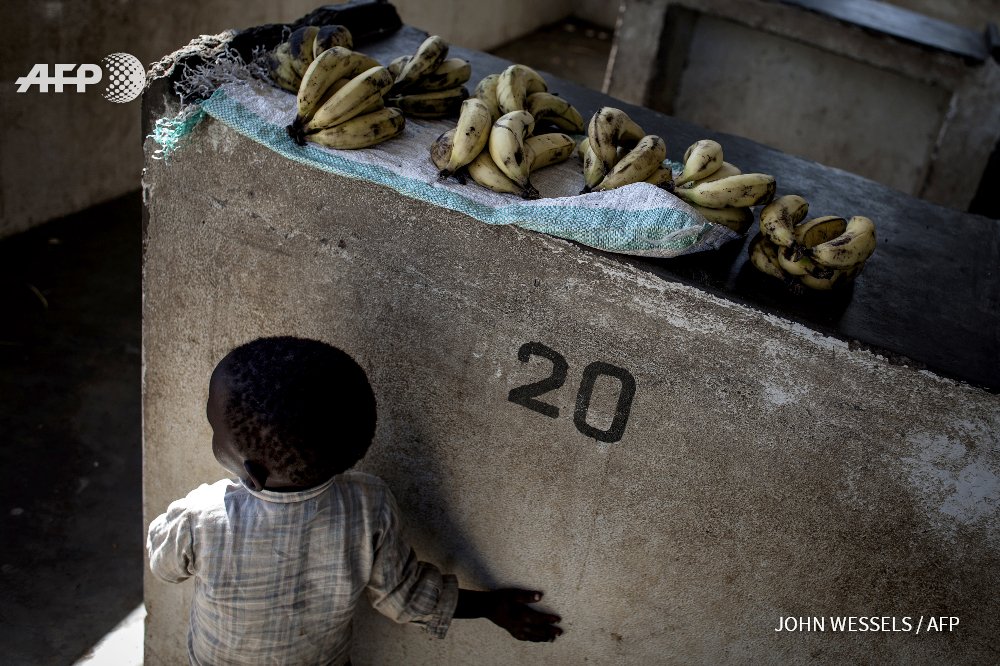
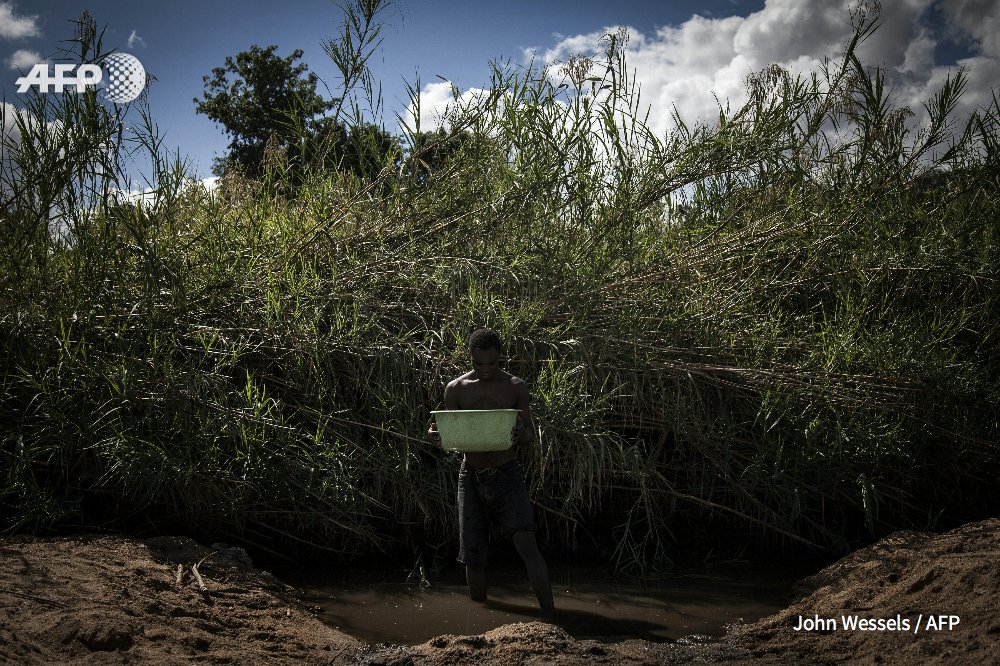
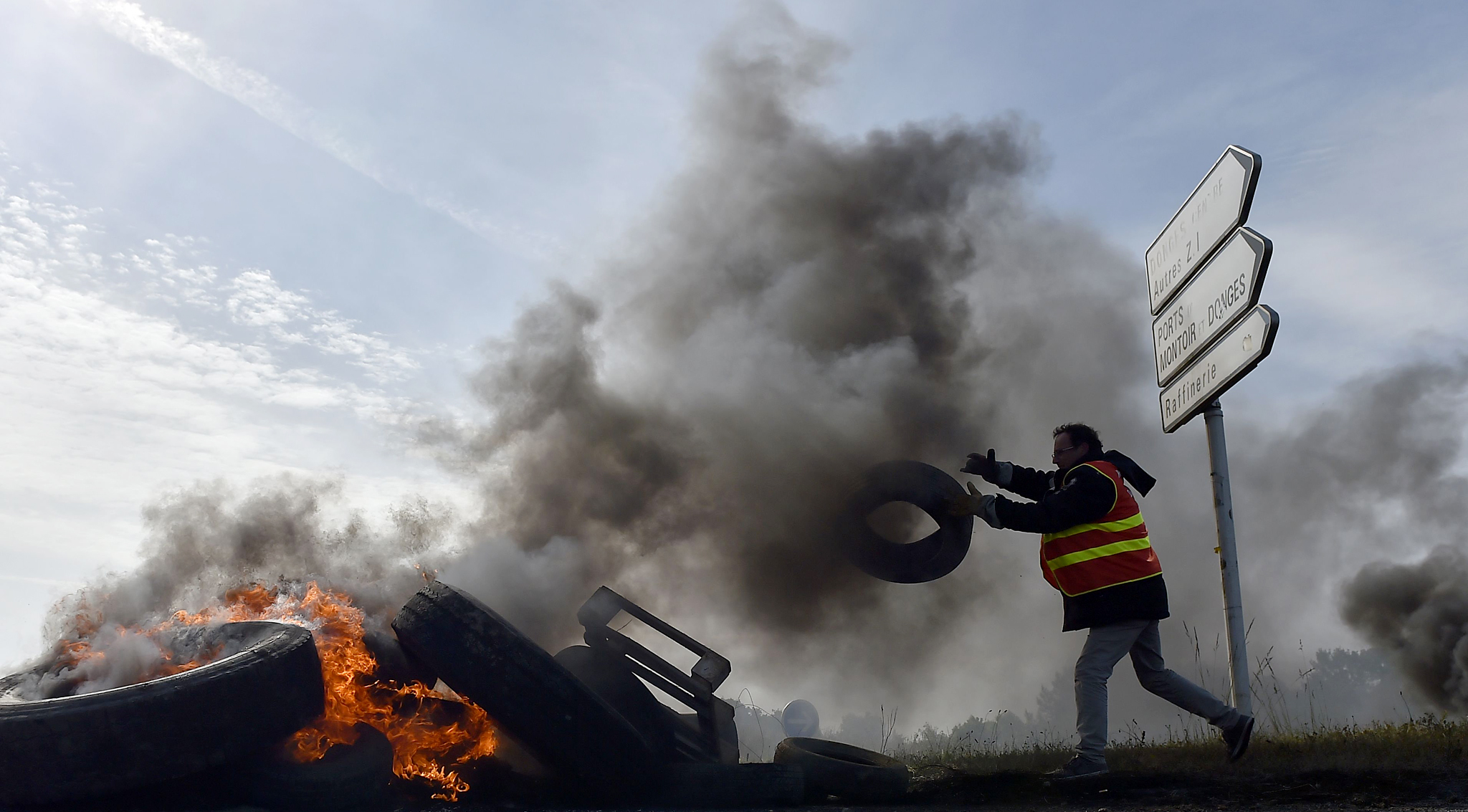
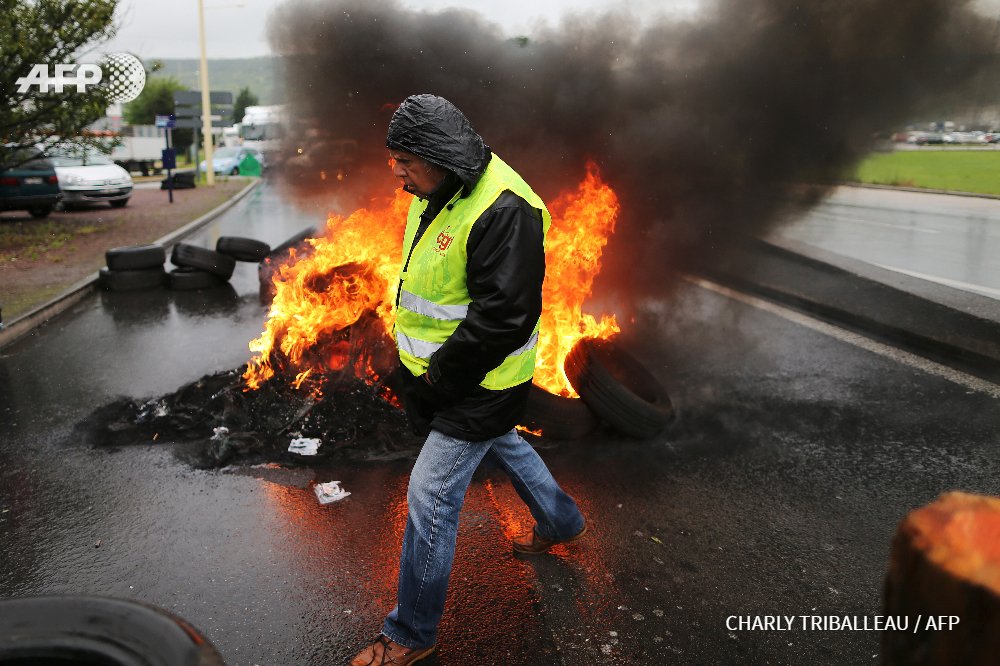




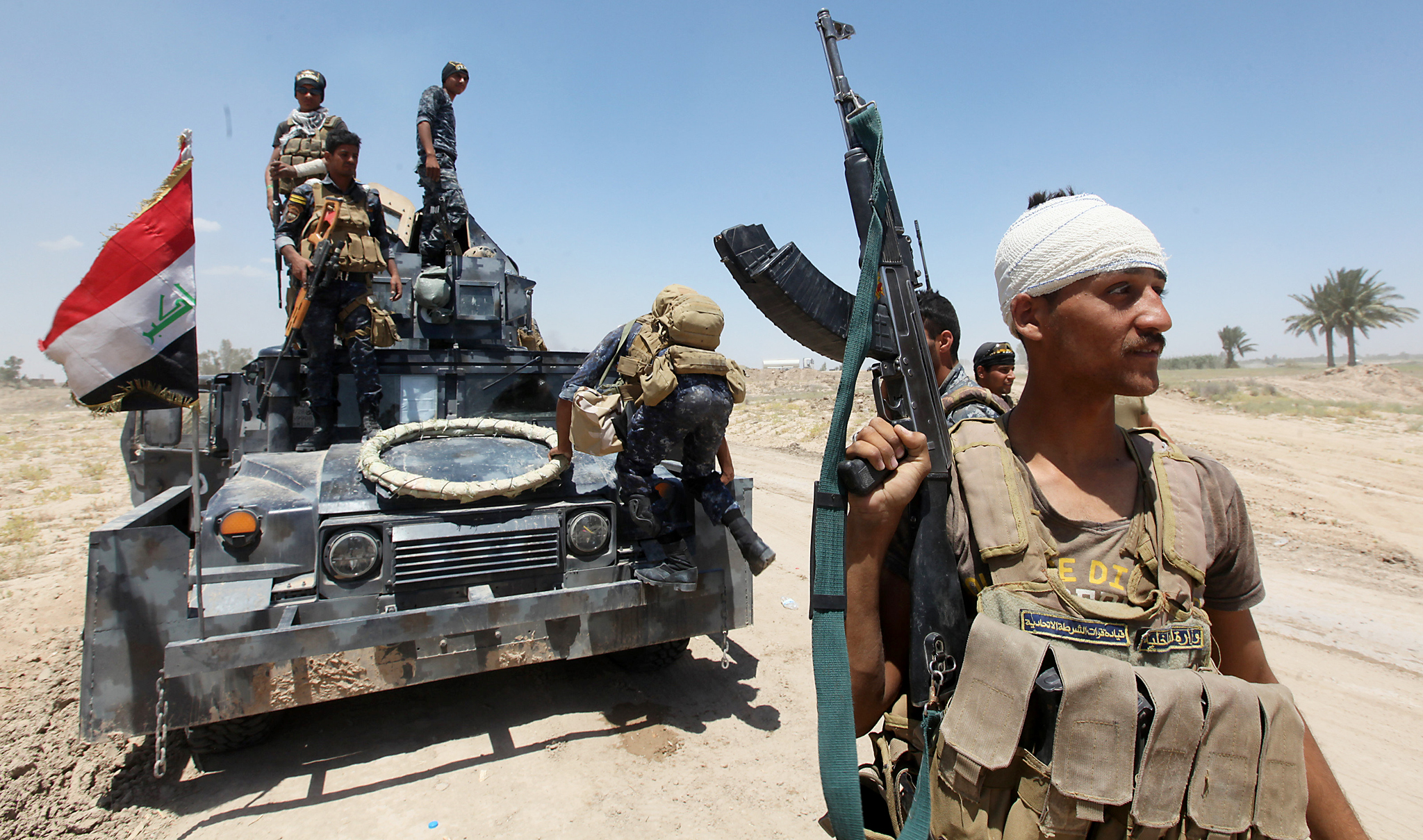


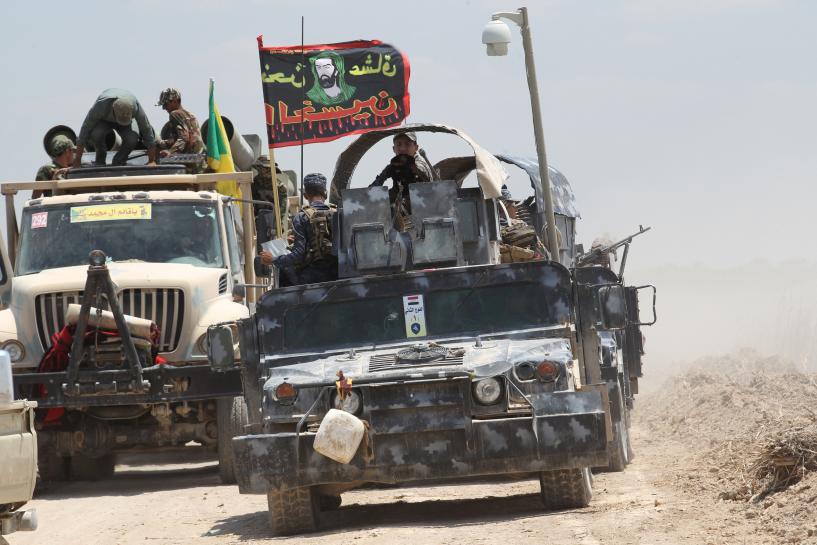








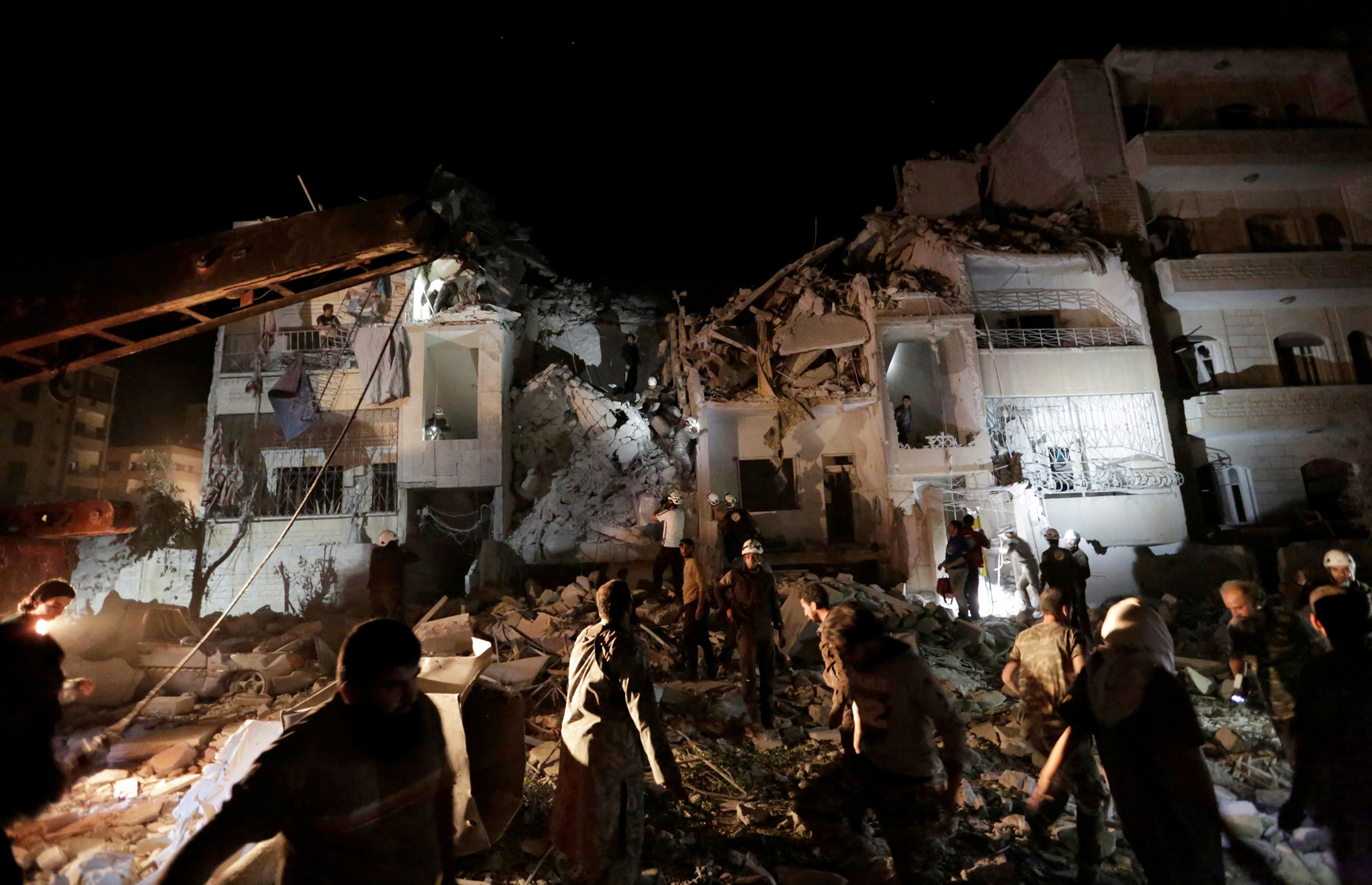

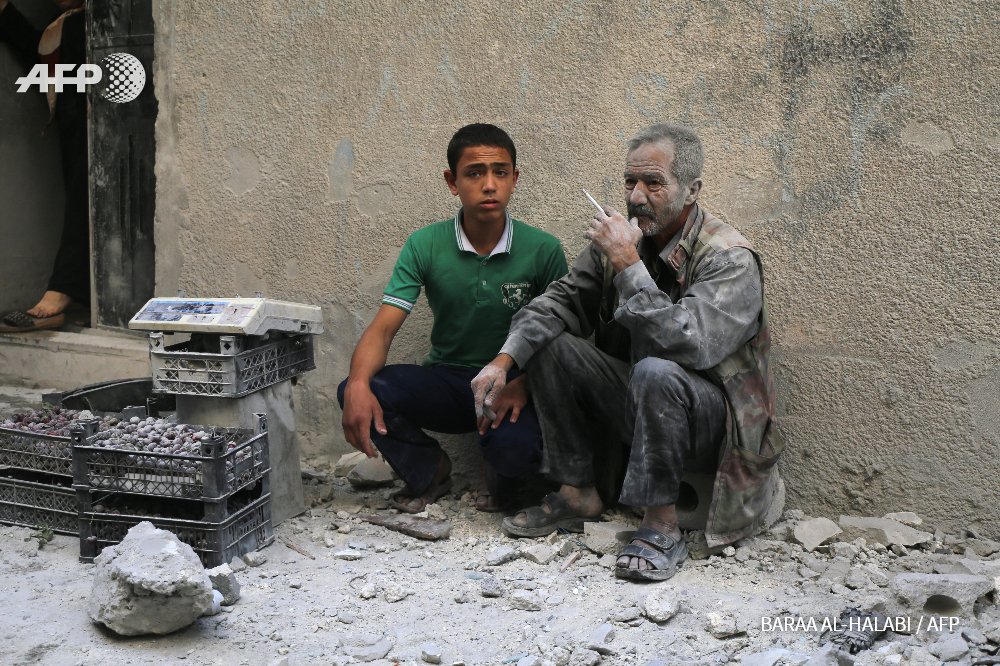


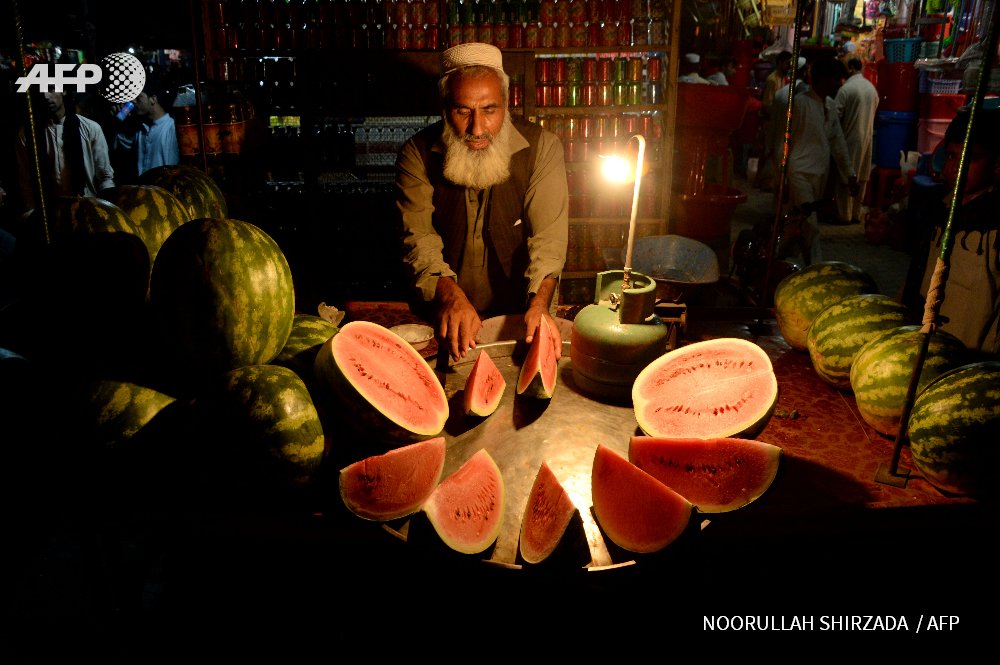
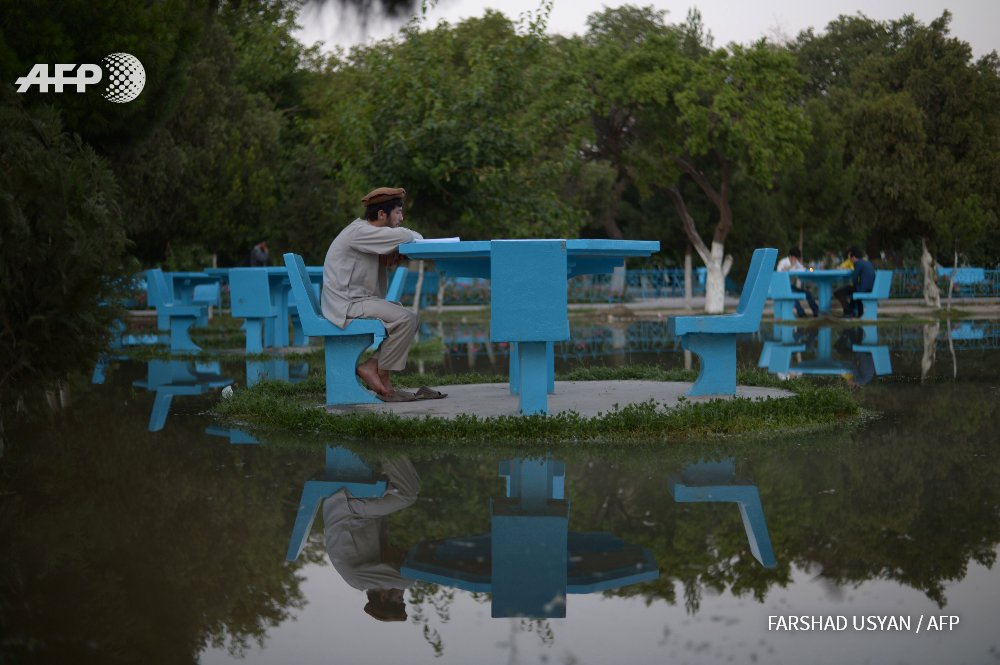
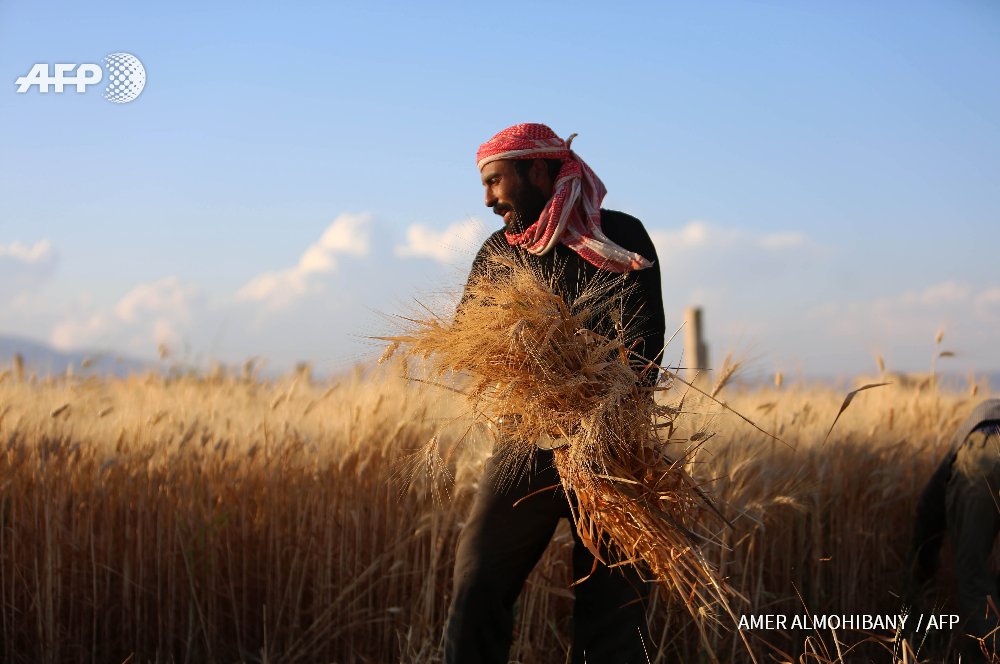



















































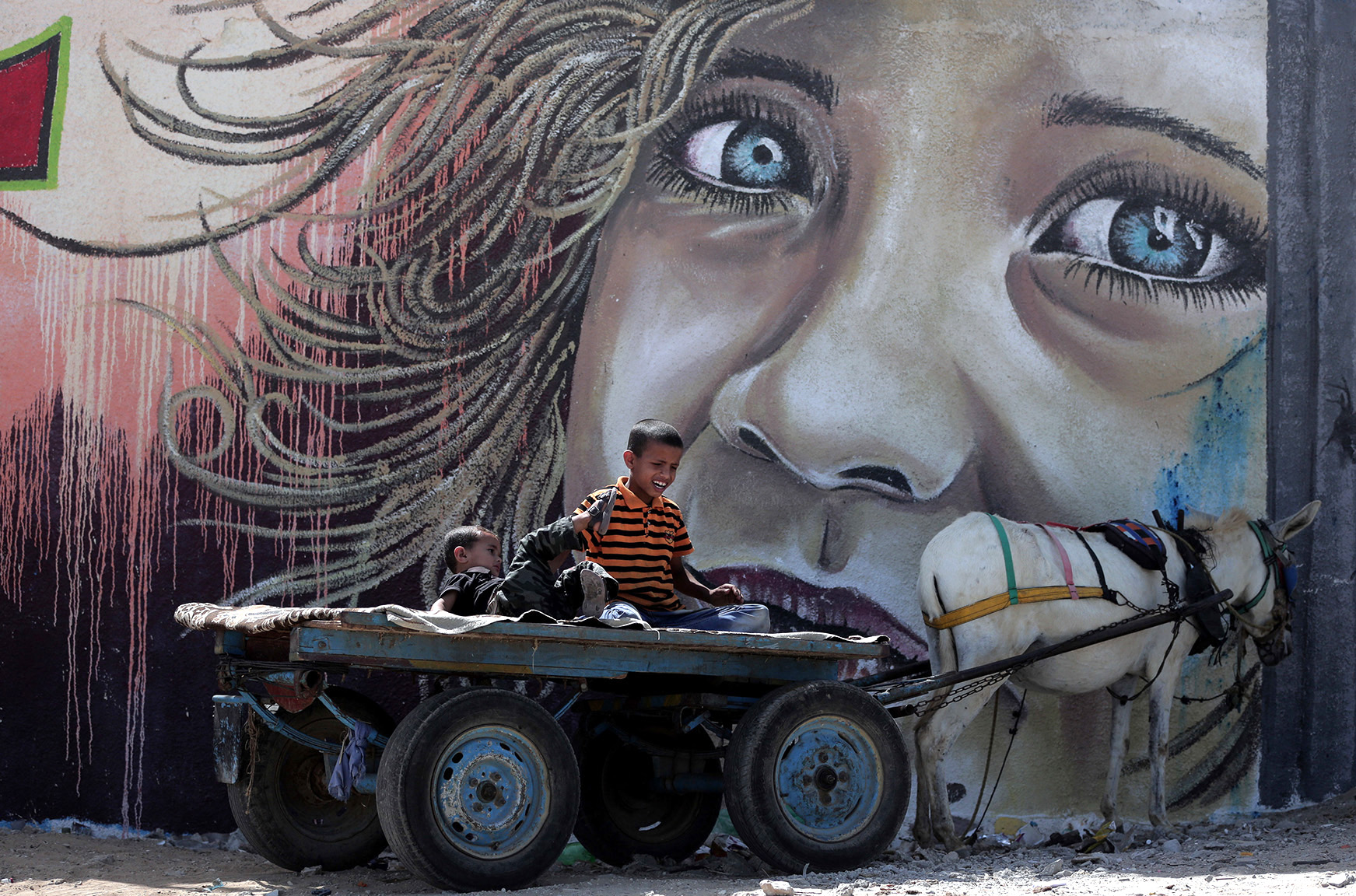











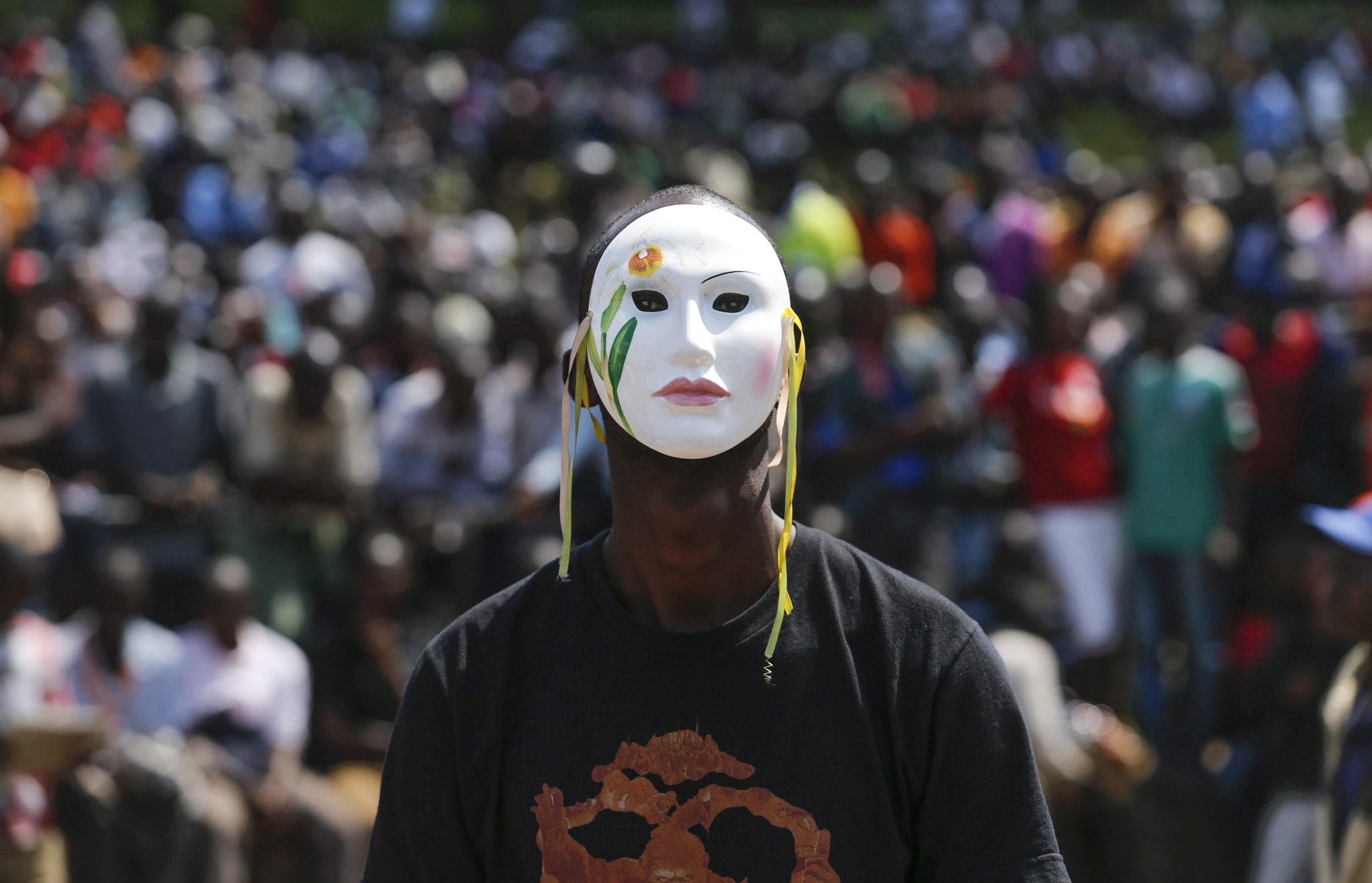

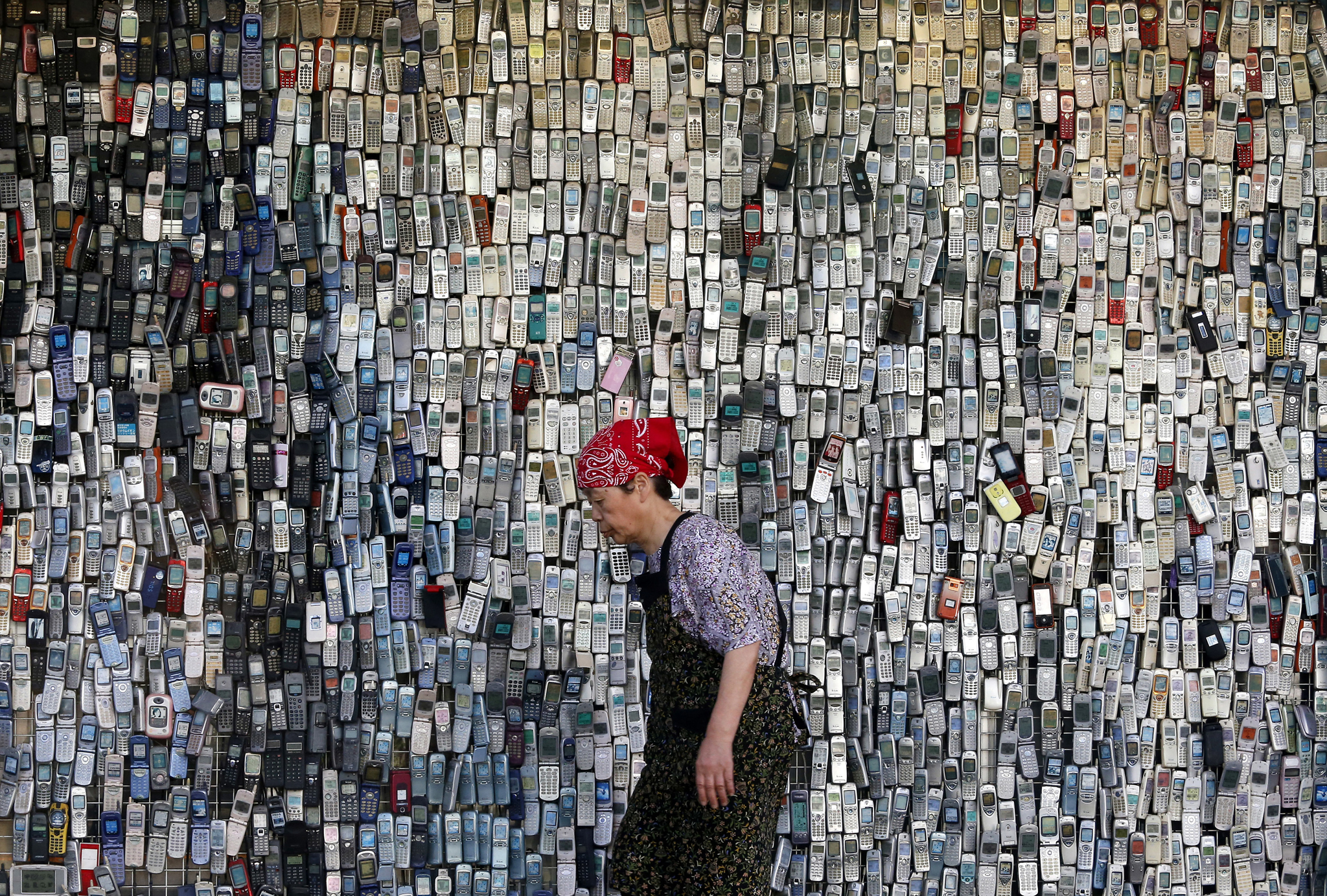



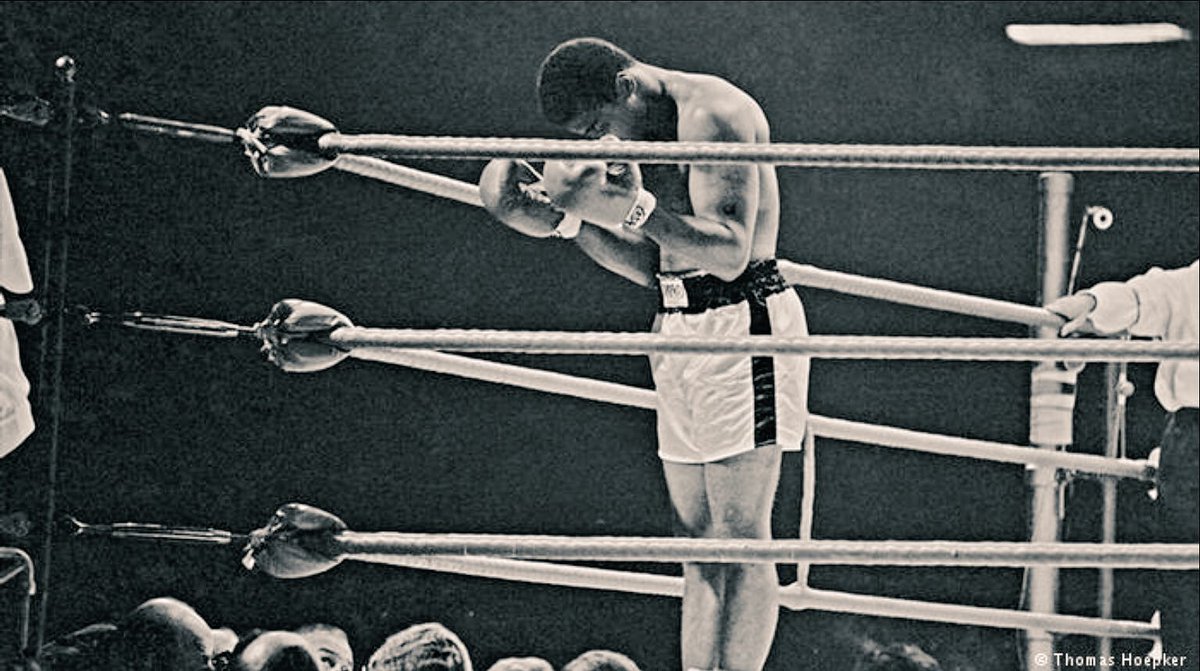







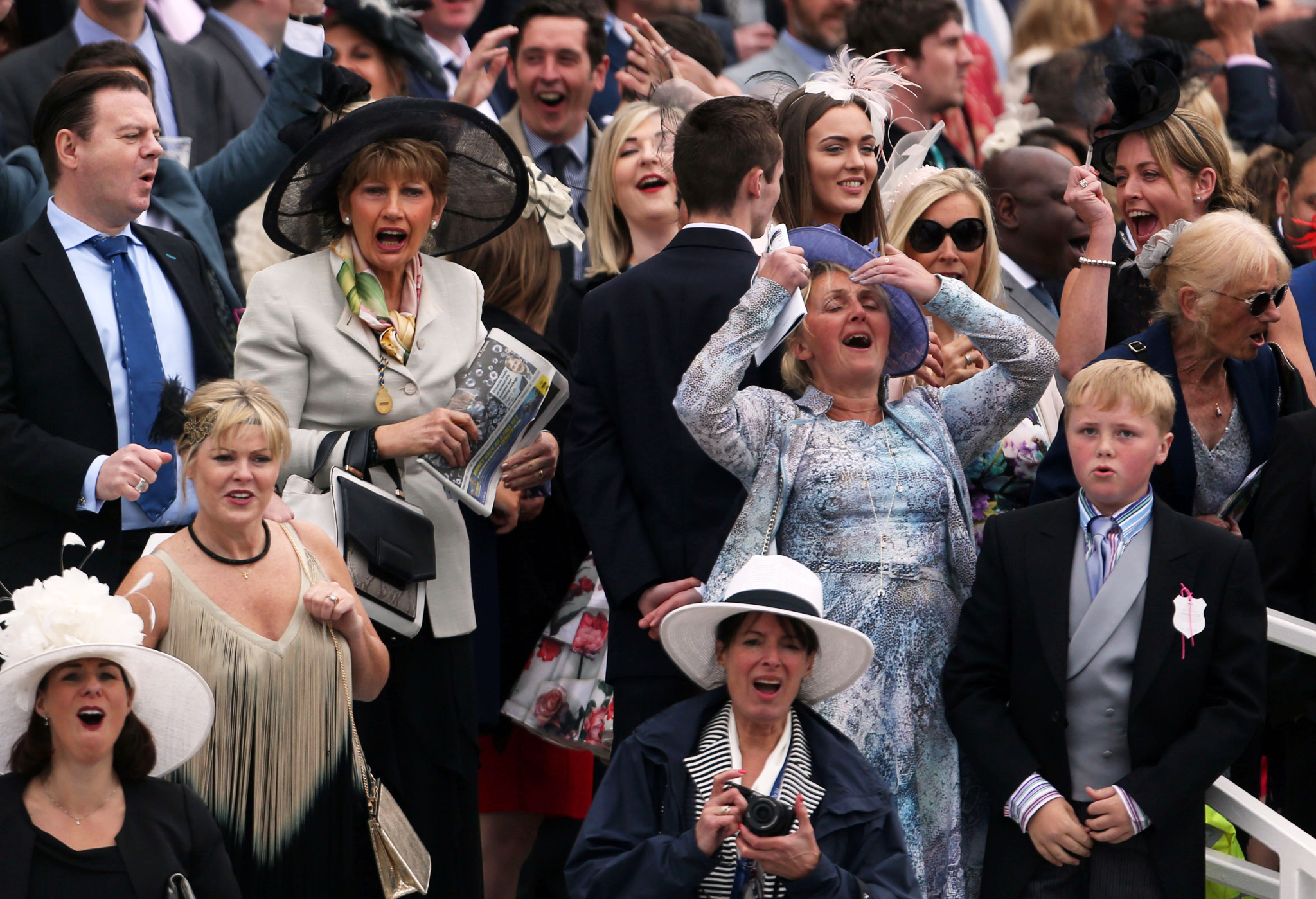

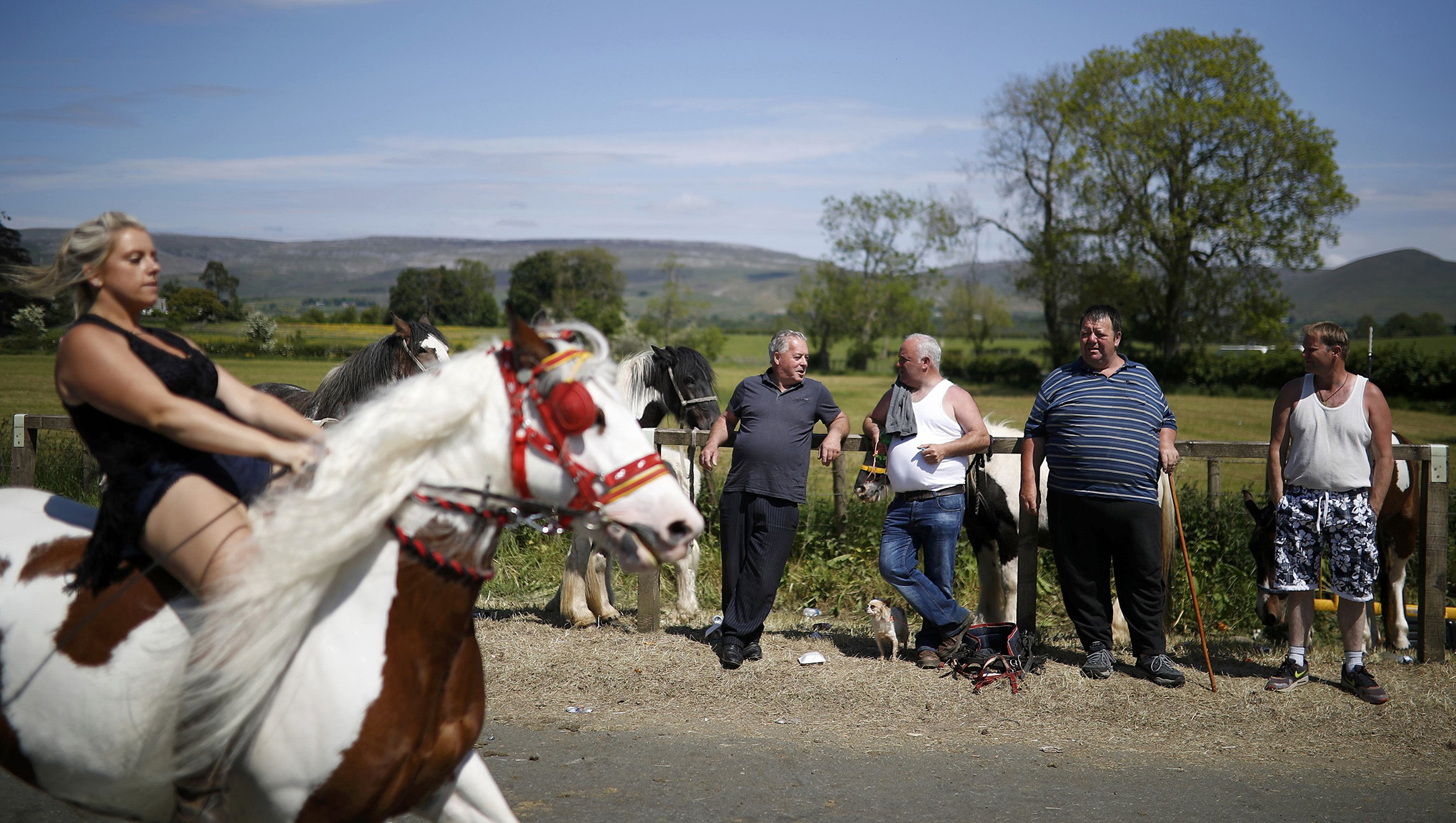
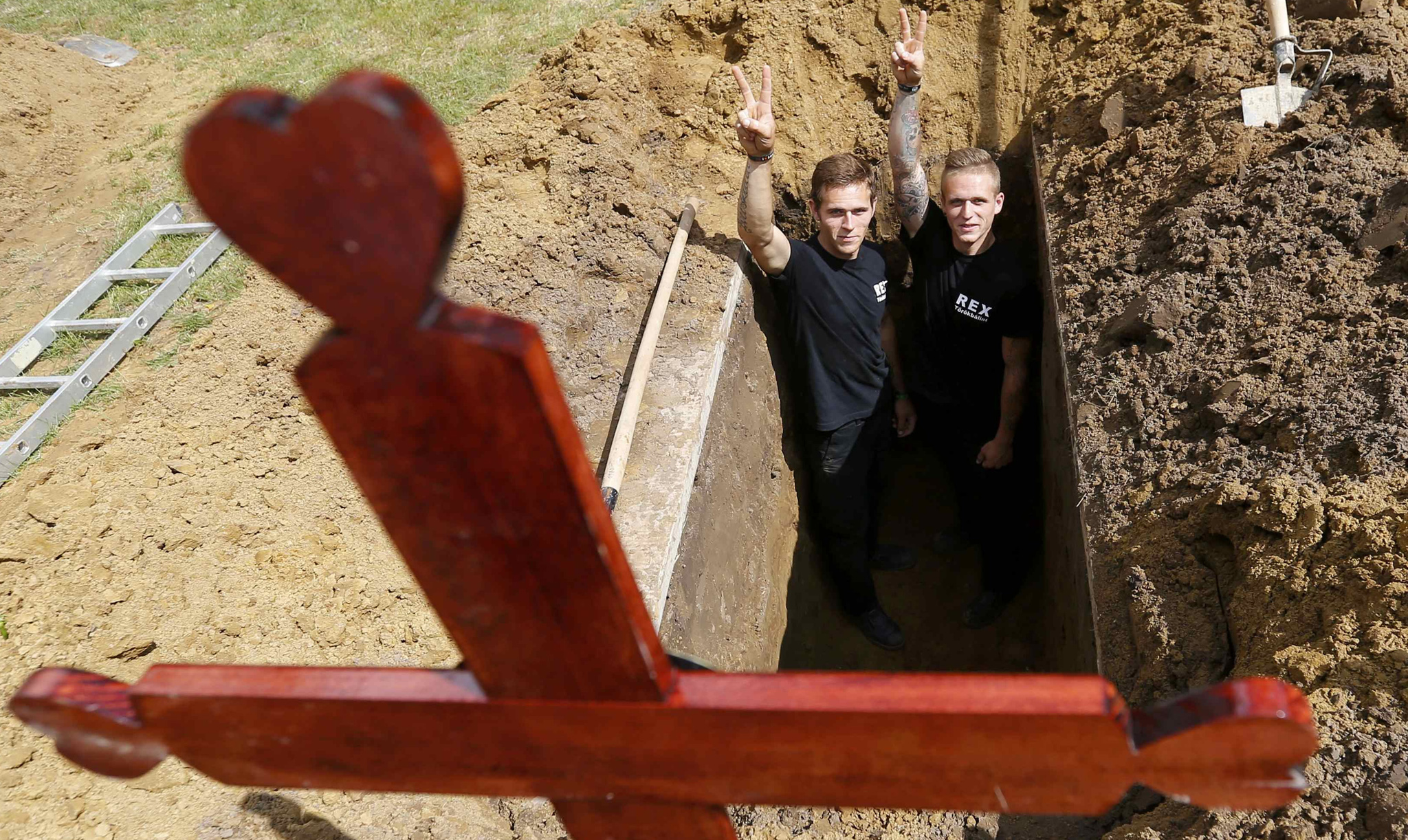




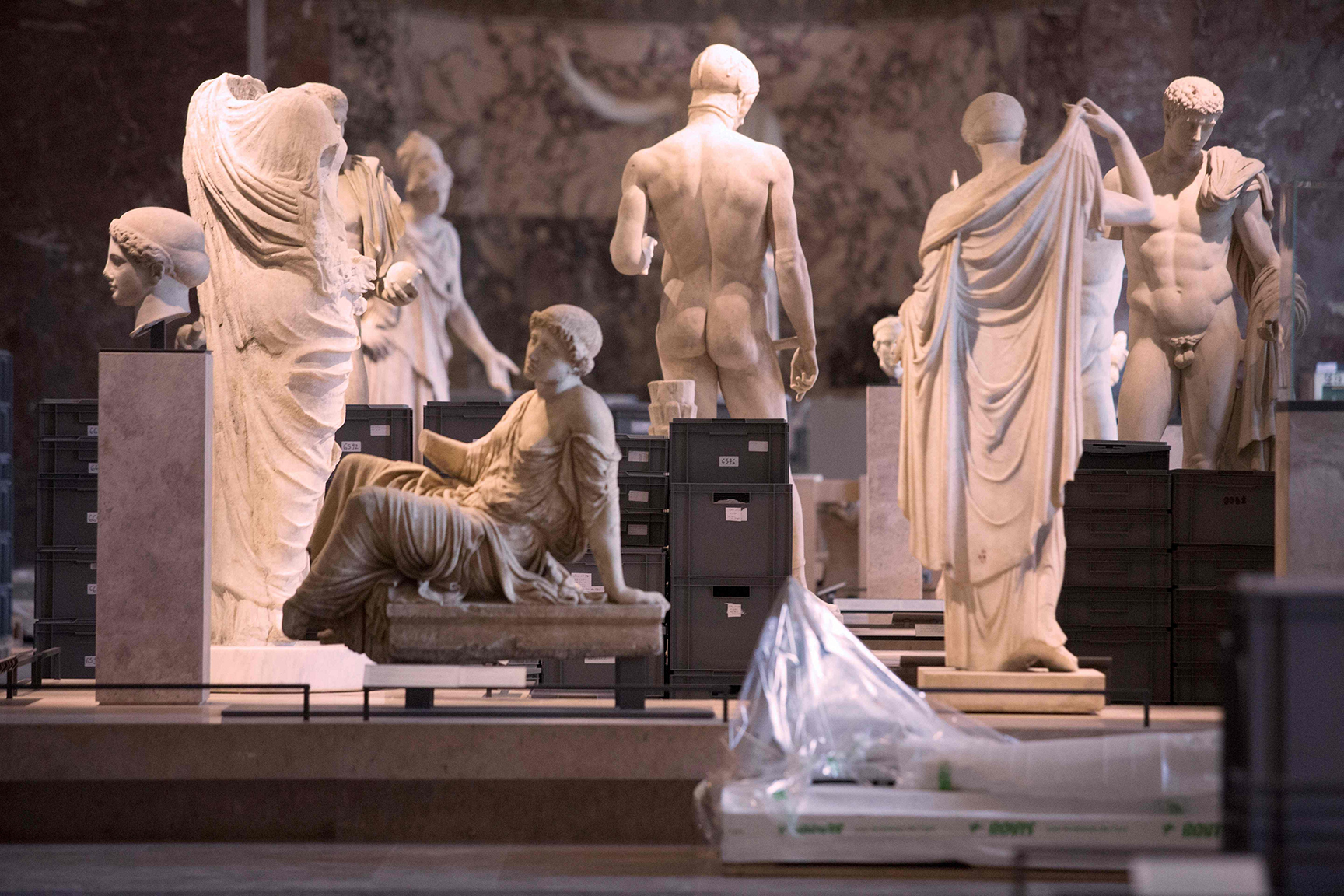










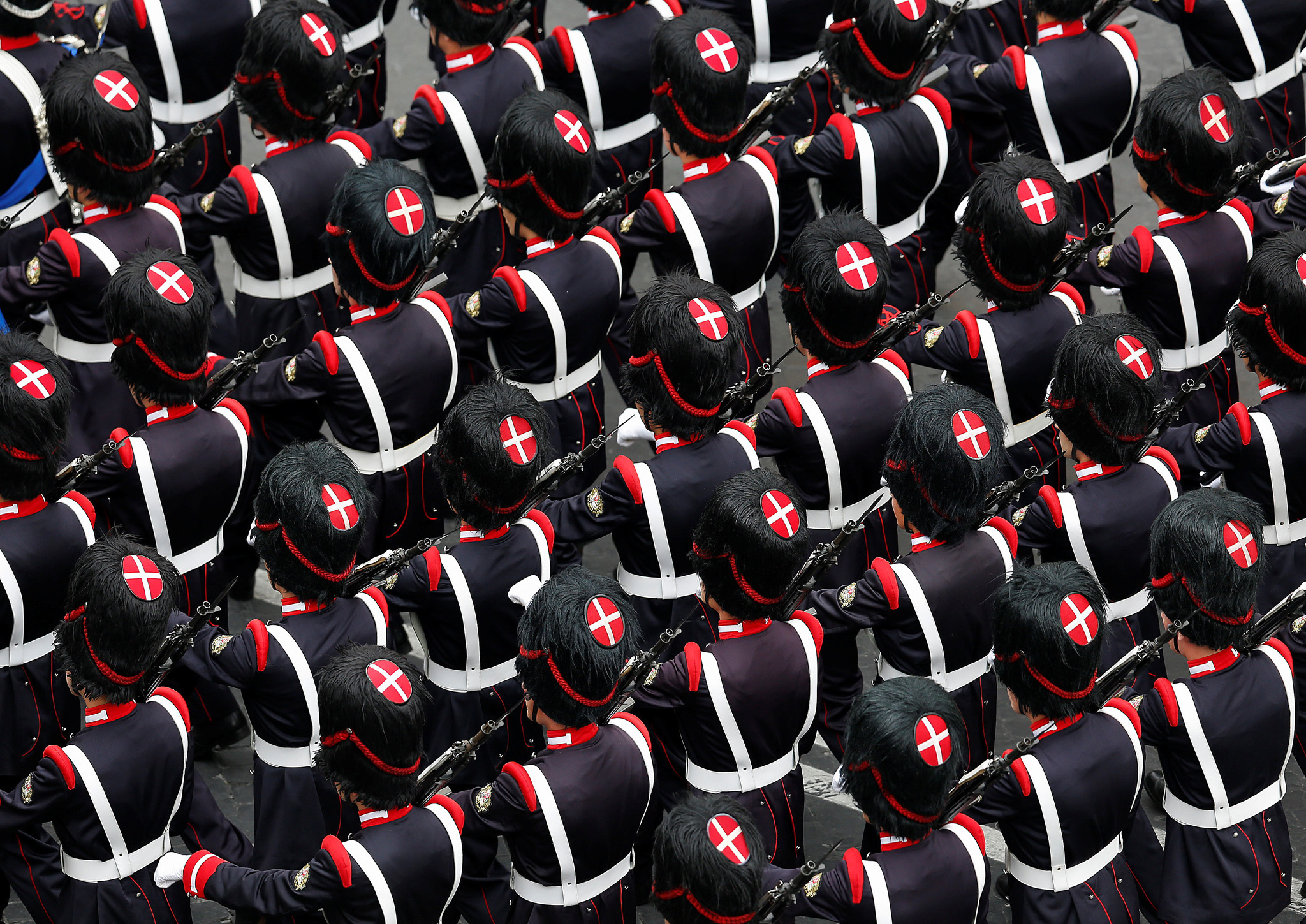



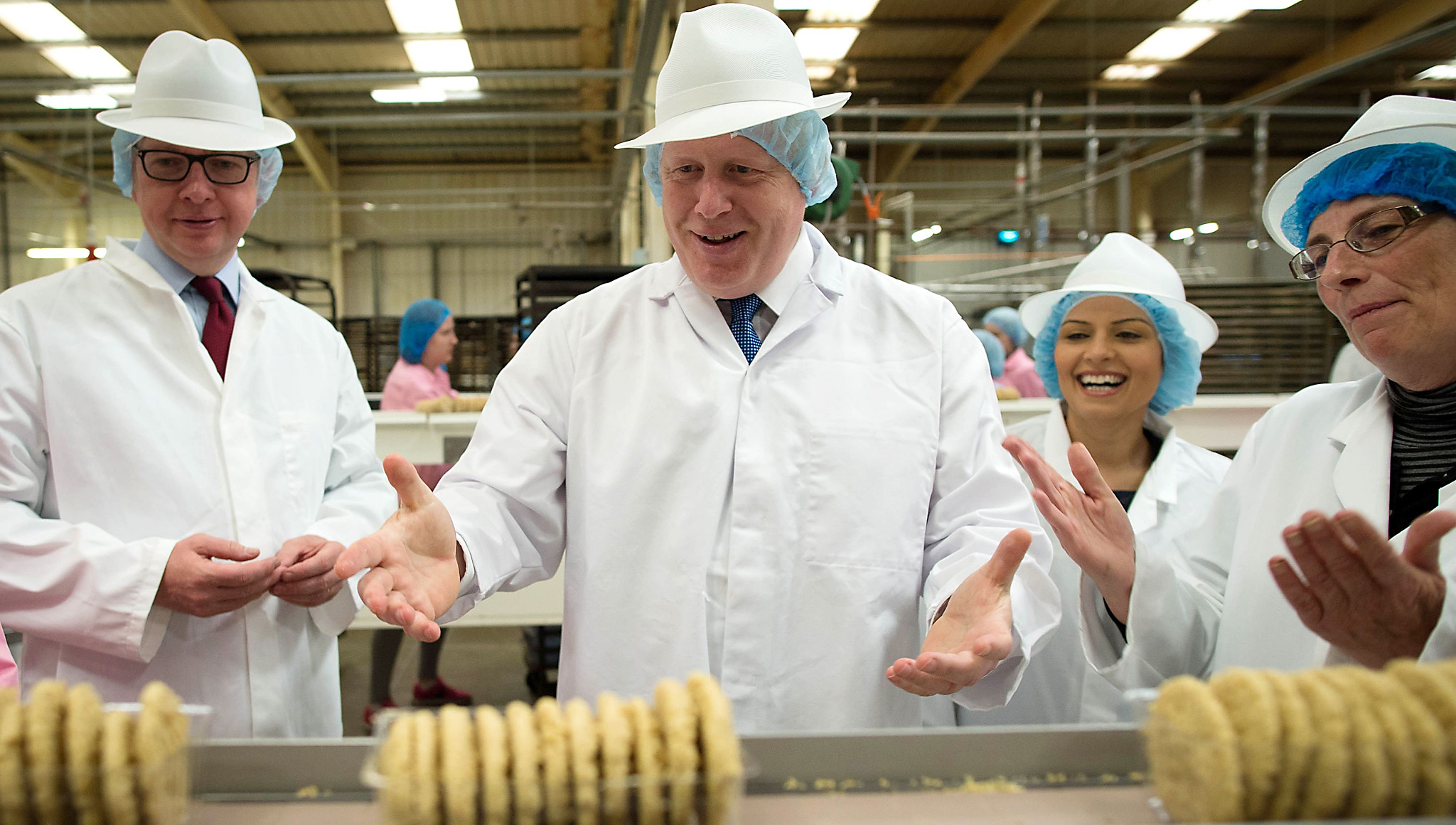




![Tonight I'll be auctioning off 2x framed ink illustrations to raise money for the film "Beatnik" shot in Oakland, CA. In the film they discuss jazz, art, culture, and politics. $20 at the door Studio 620 :: St Pete, FL :: 8pm-11pm #stpete #stpetersburg | by mrSAY [DNAK:EARWIGS]](http://c3.staticflickr.com/4/3914/15074920602_bd18369f94_z.jpg)
















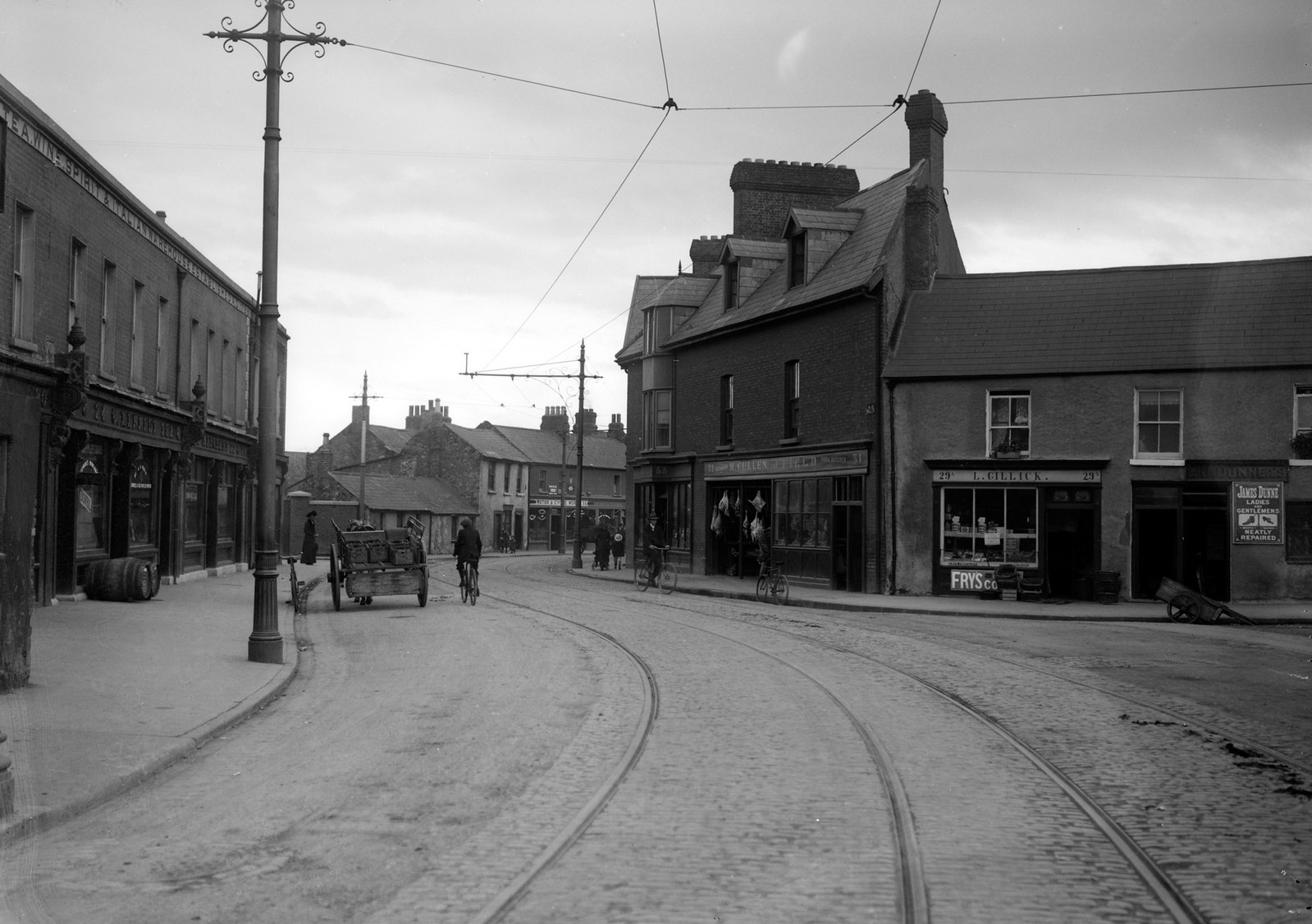
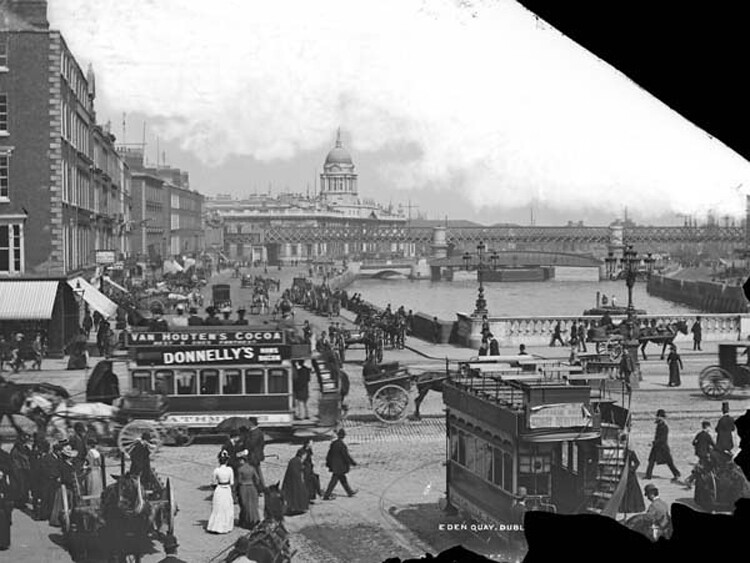
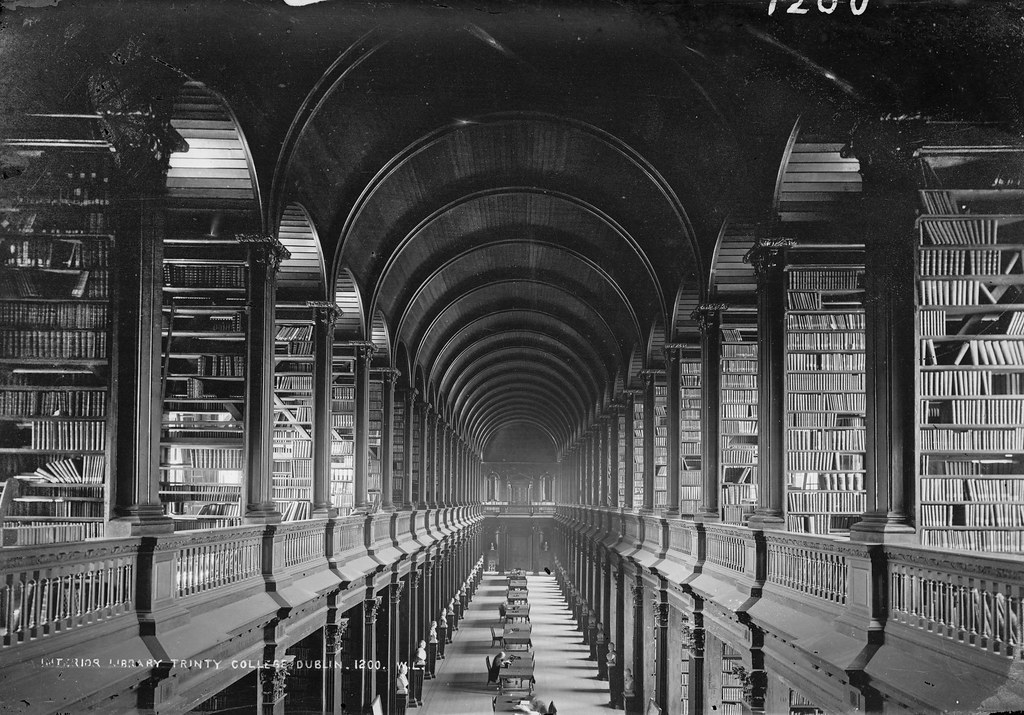
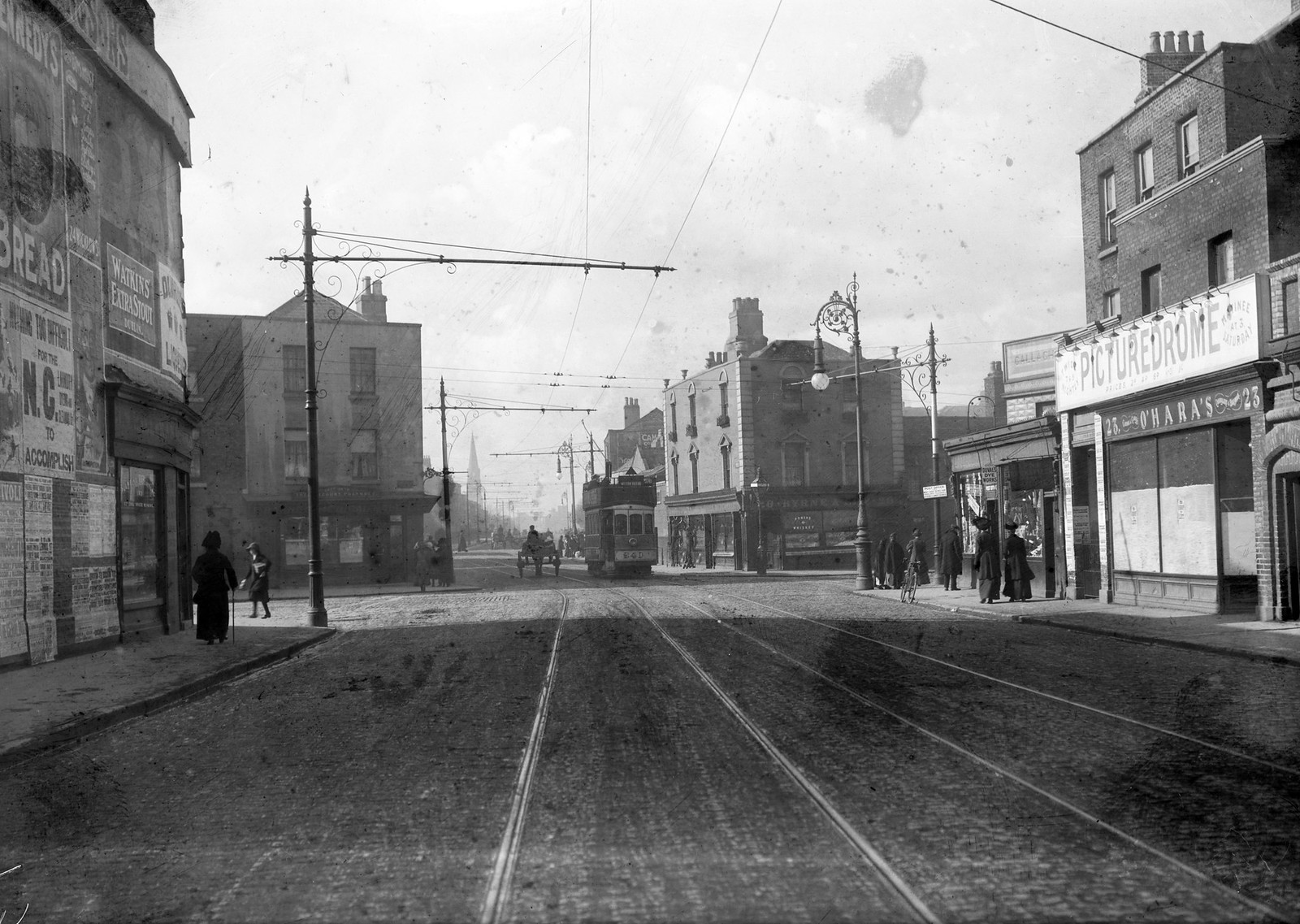



















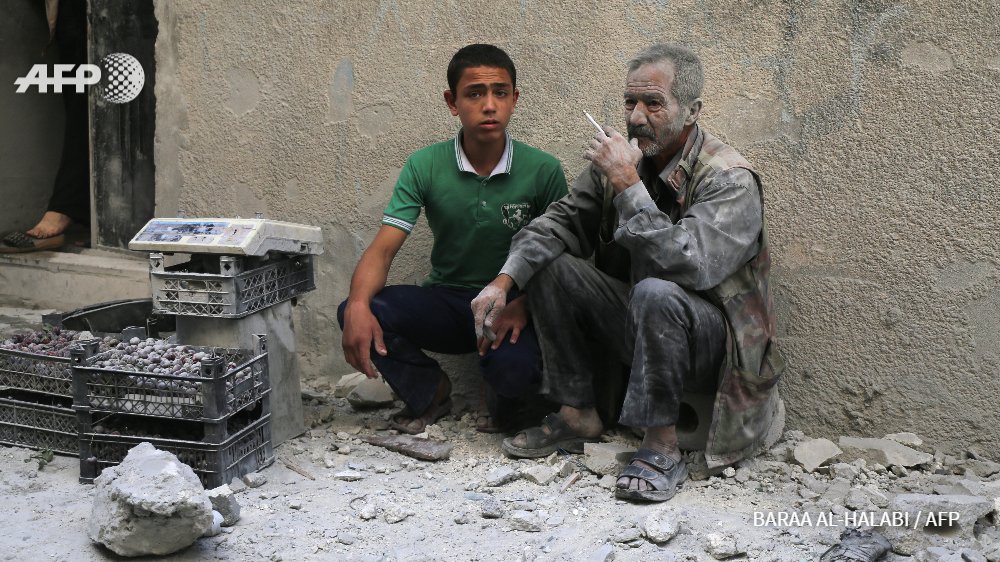




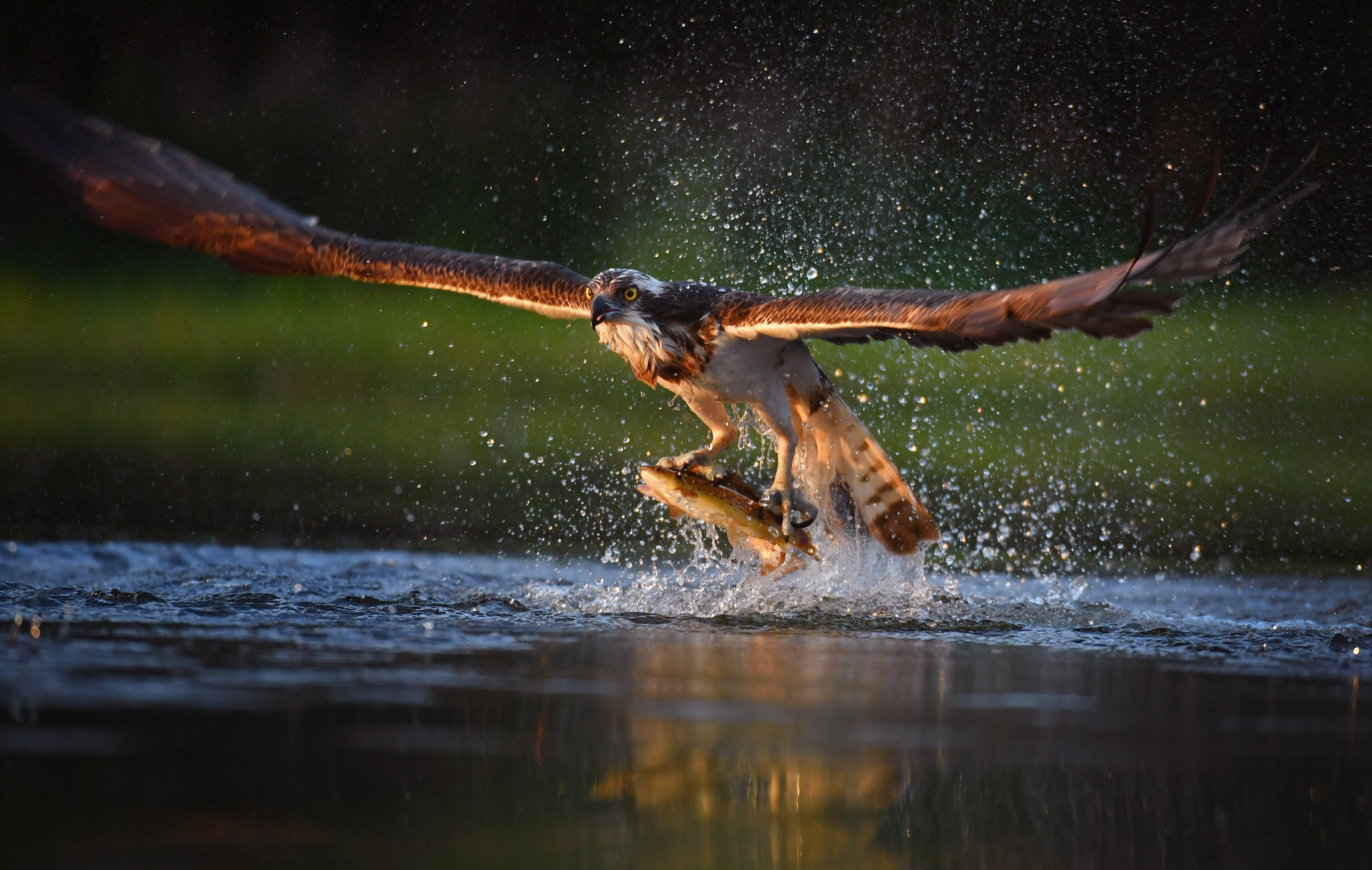


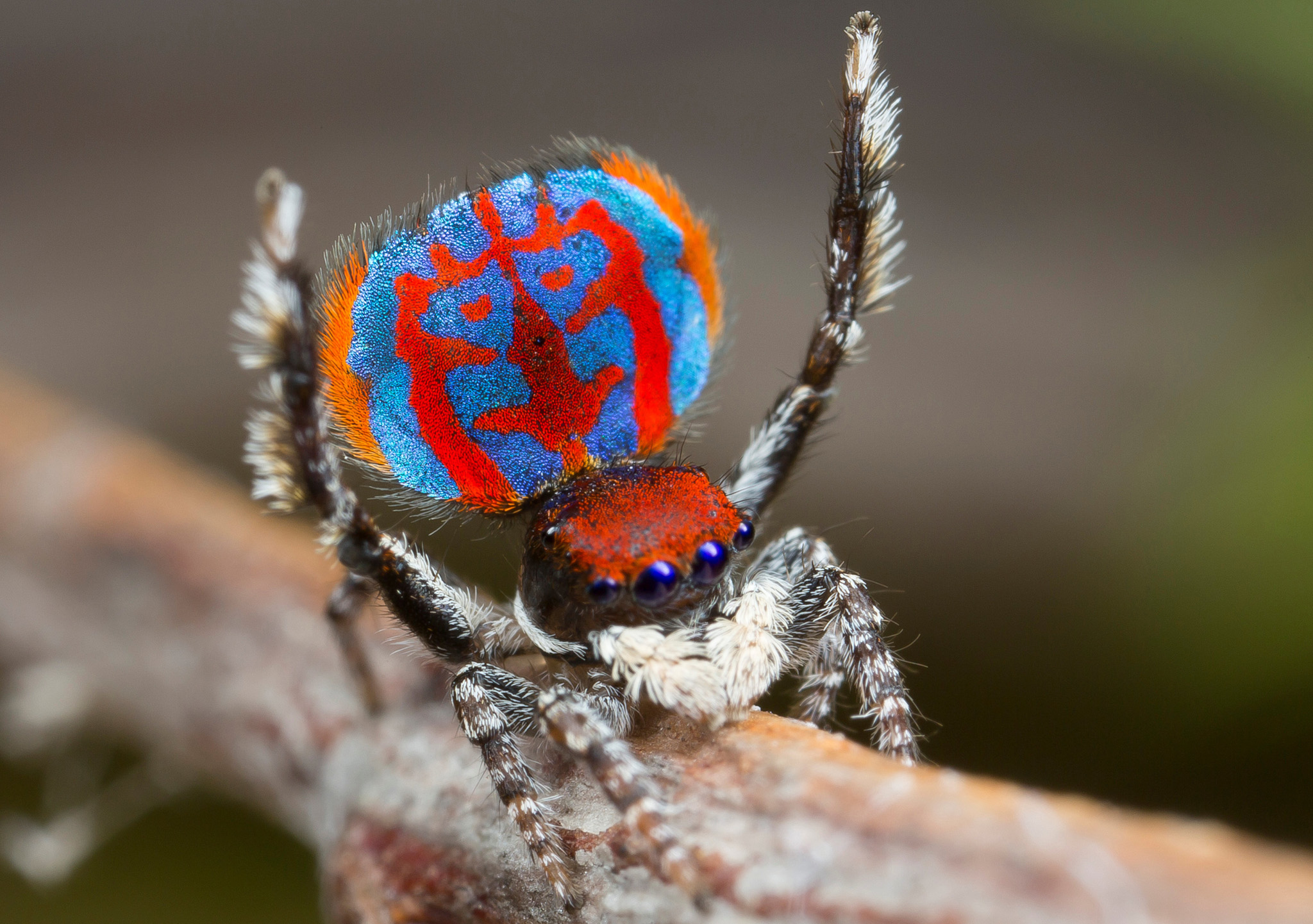

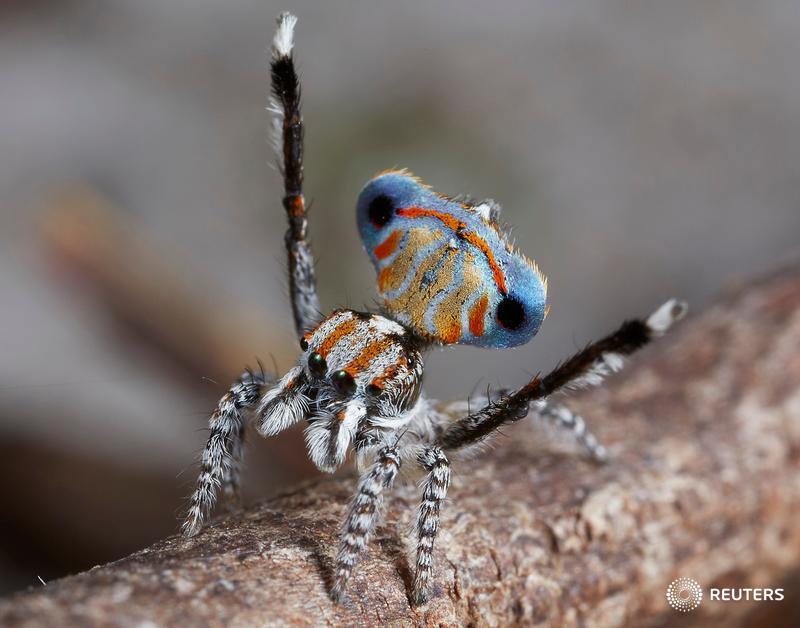

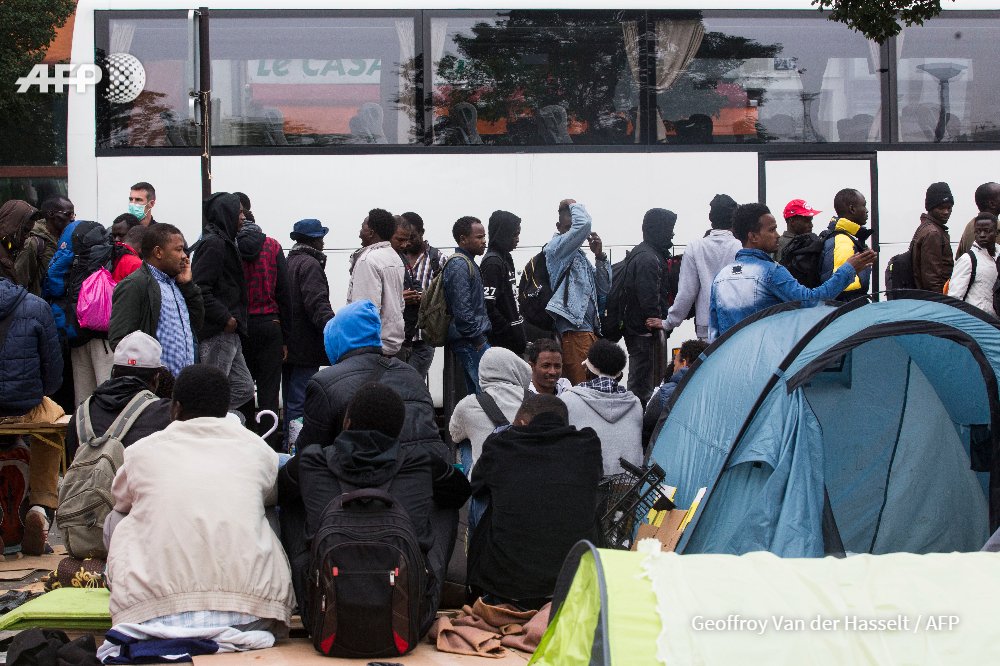


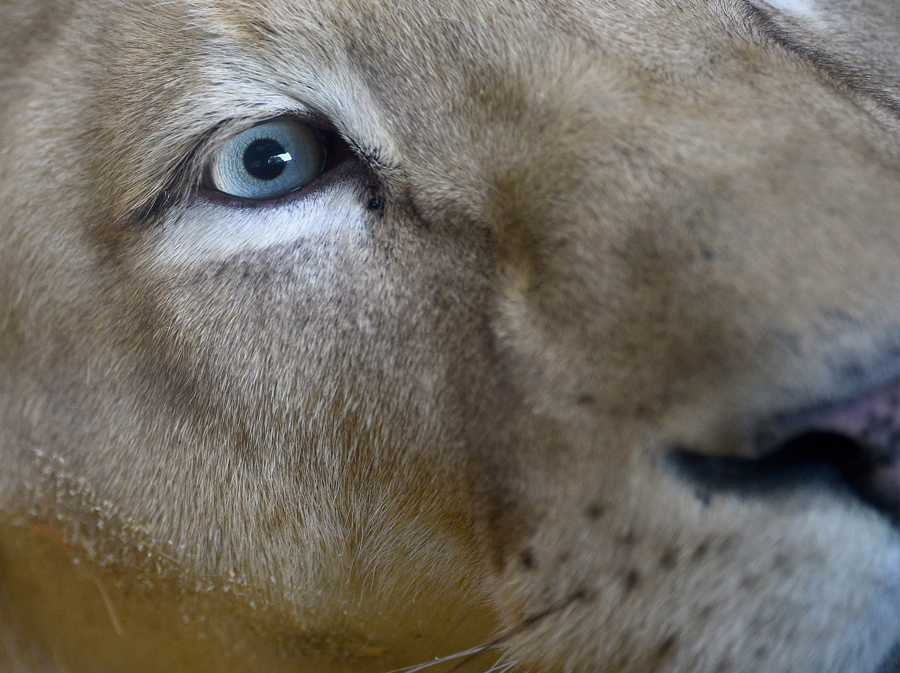
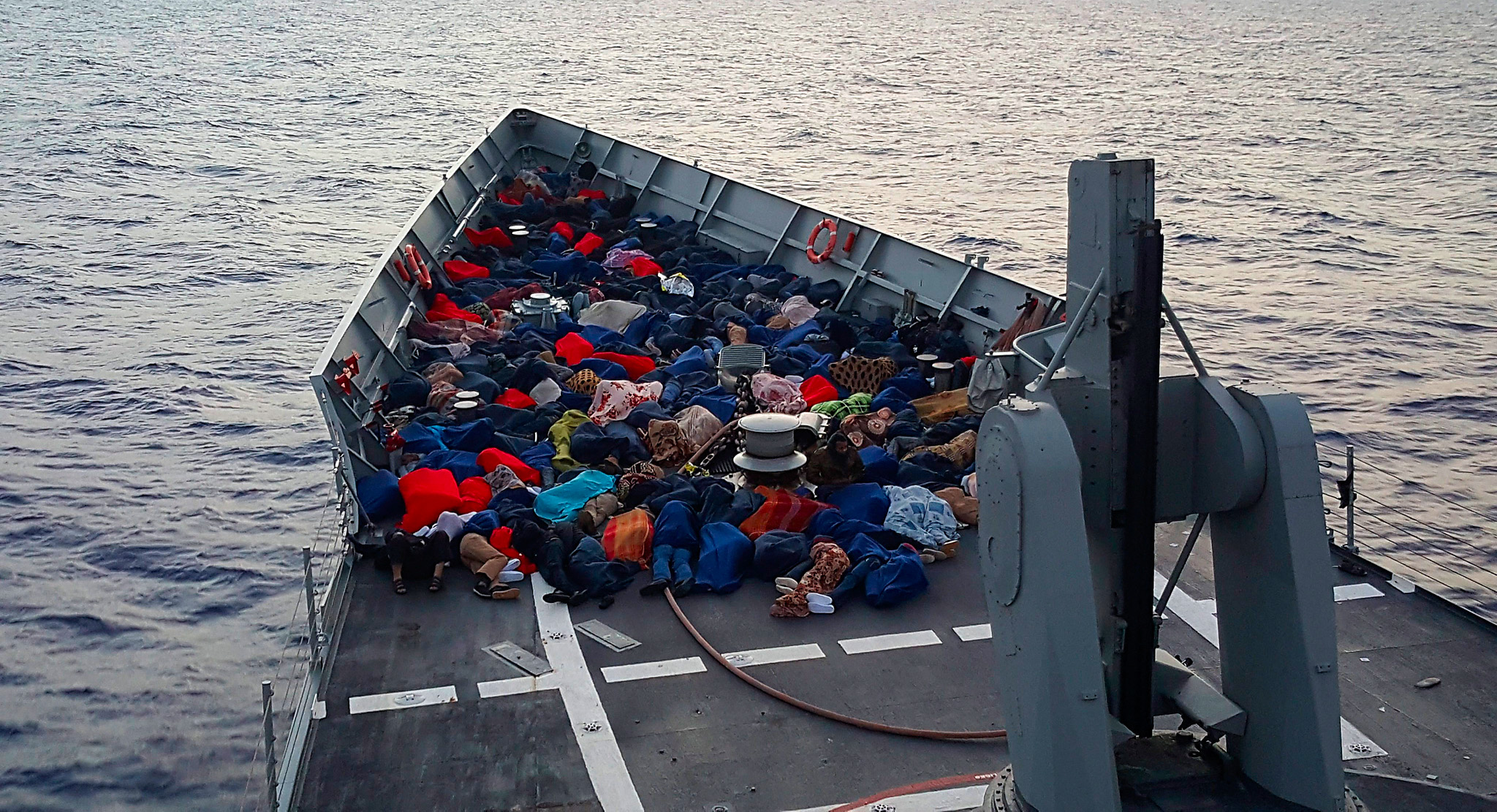



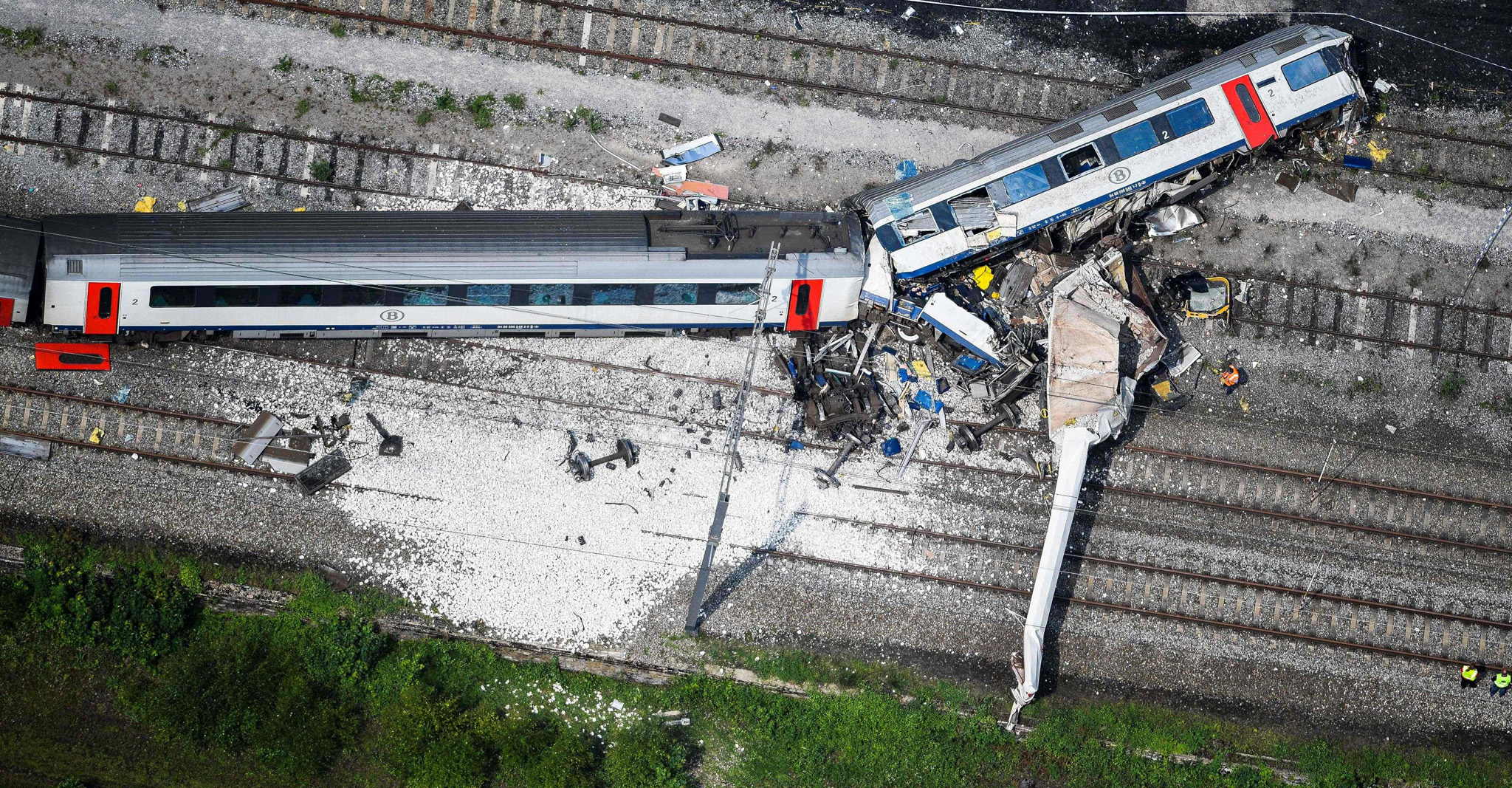
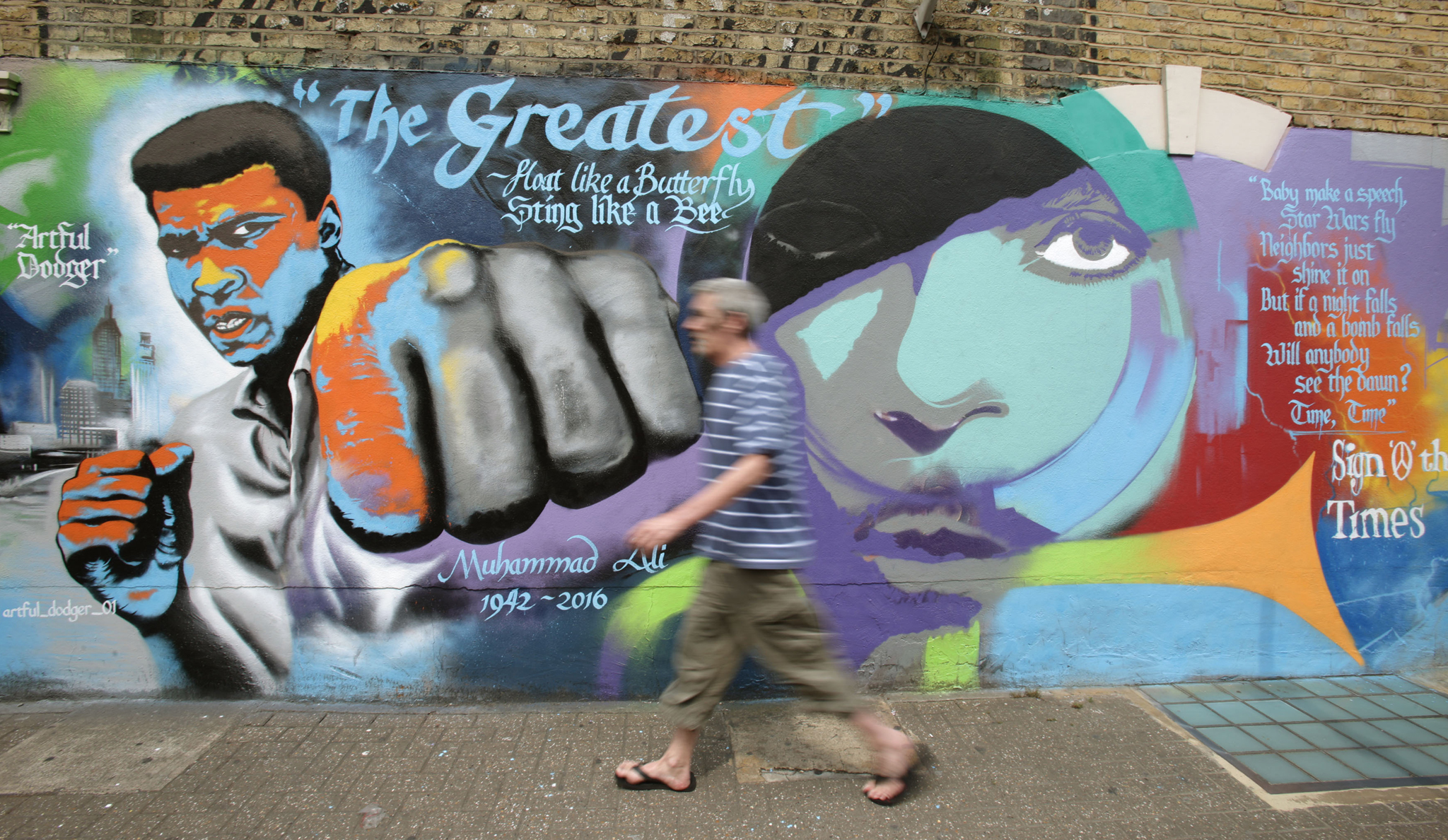




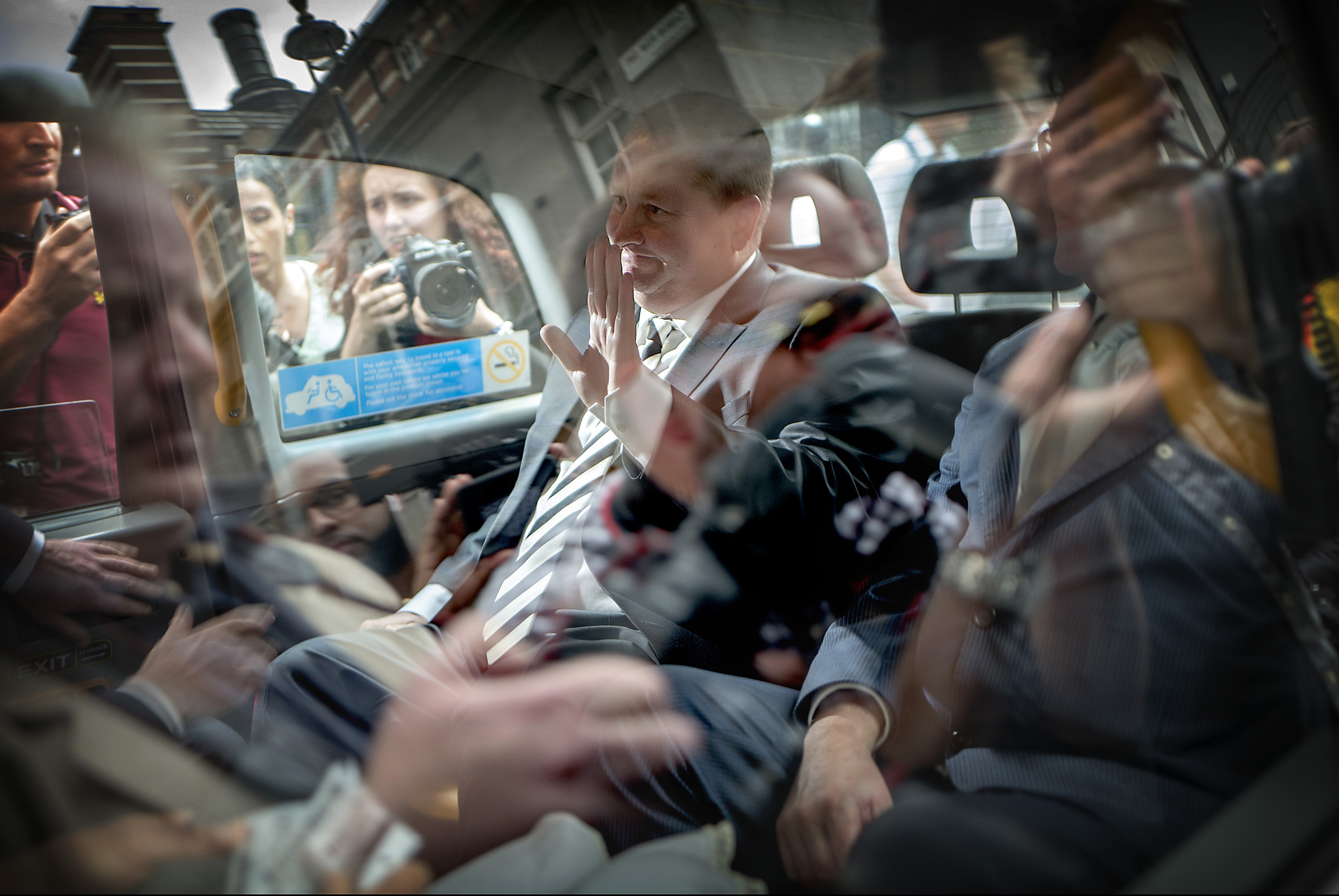
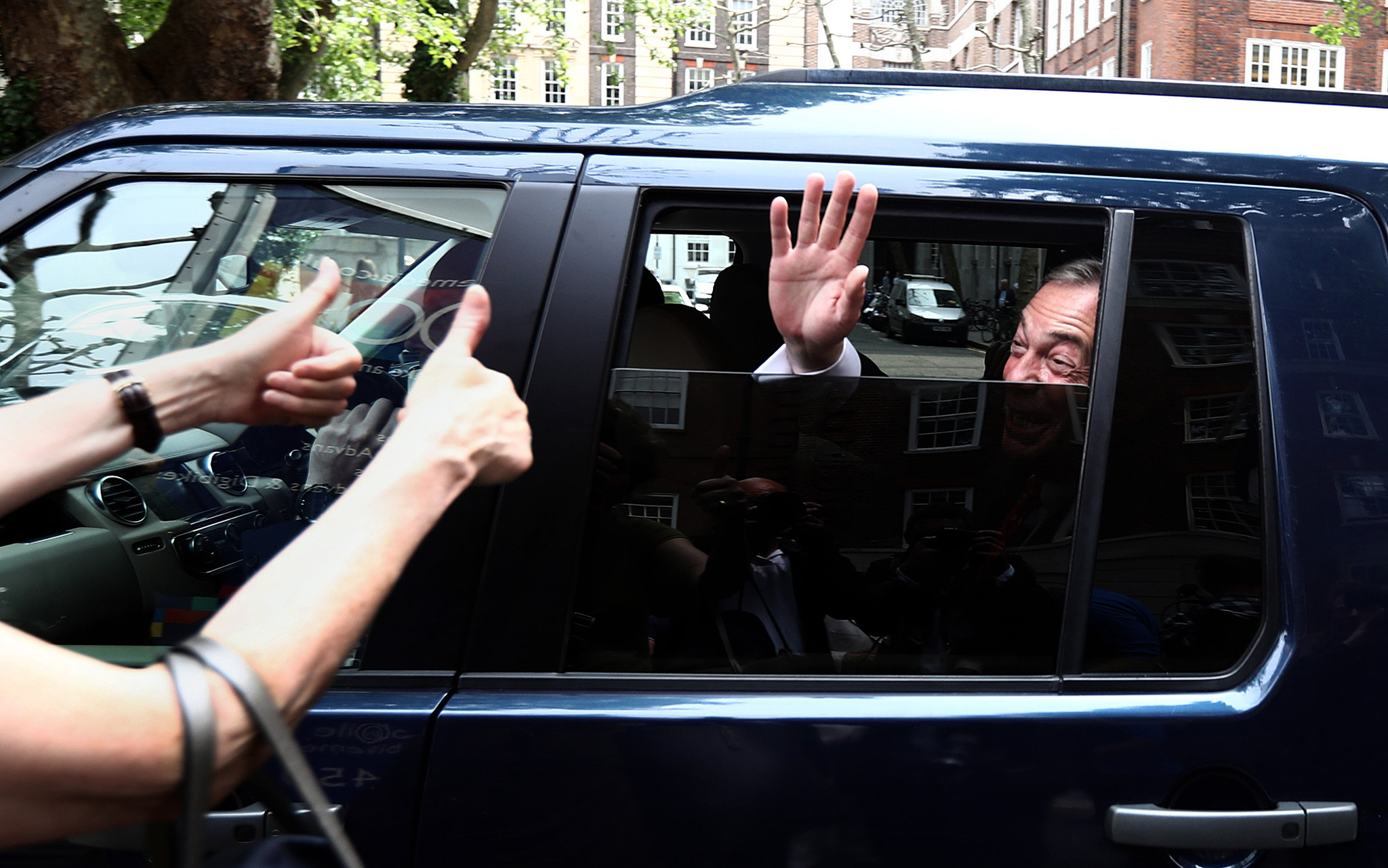
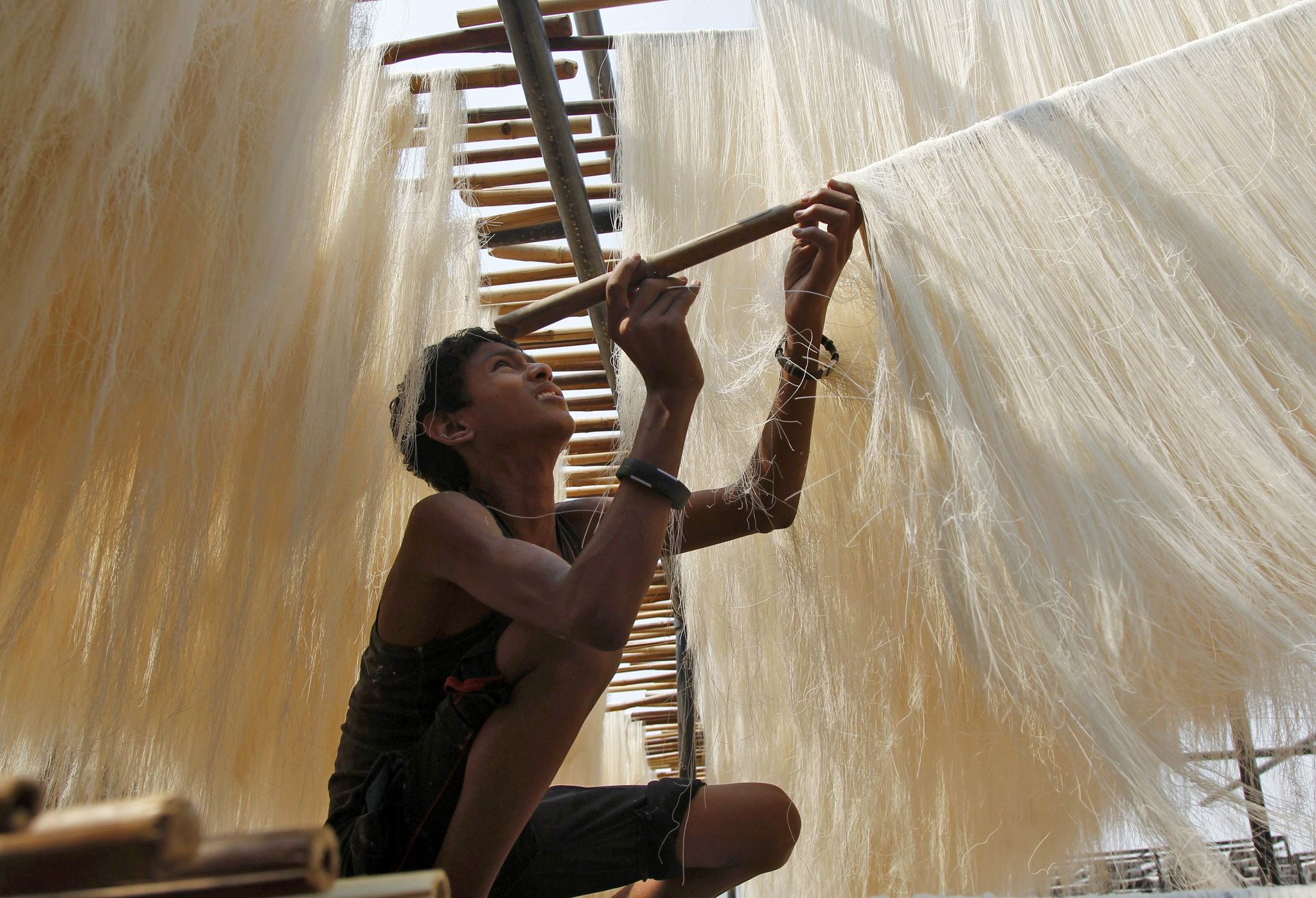


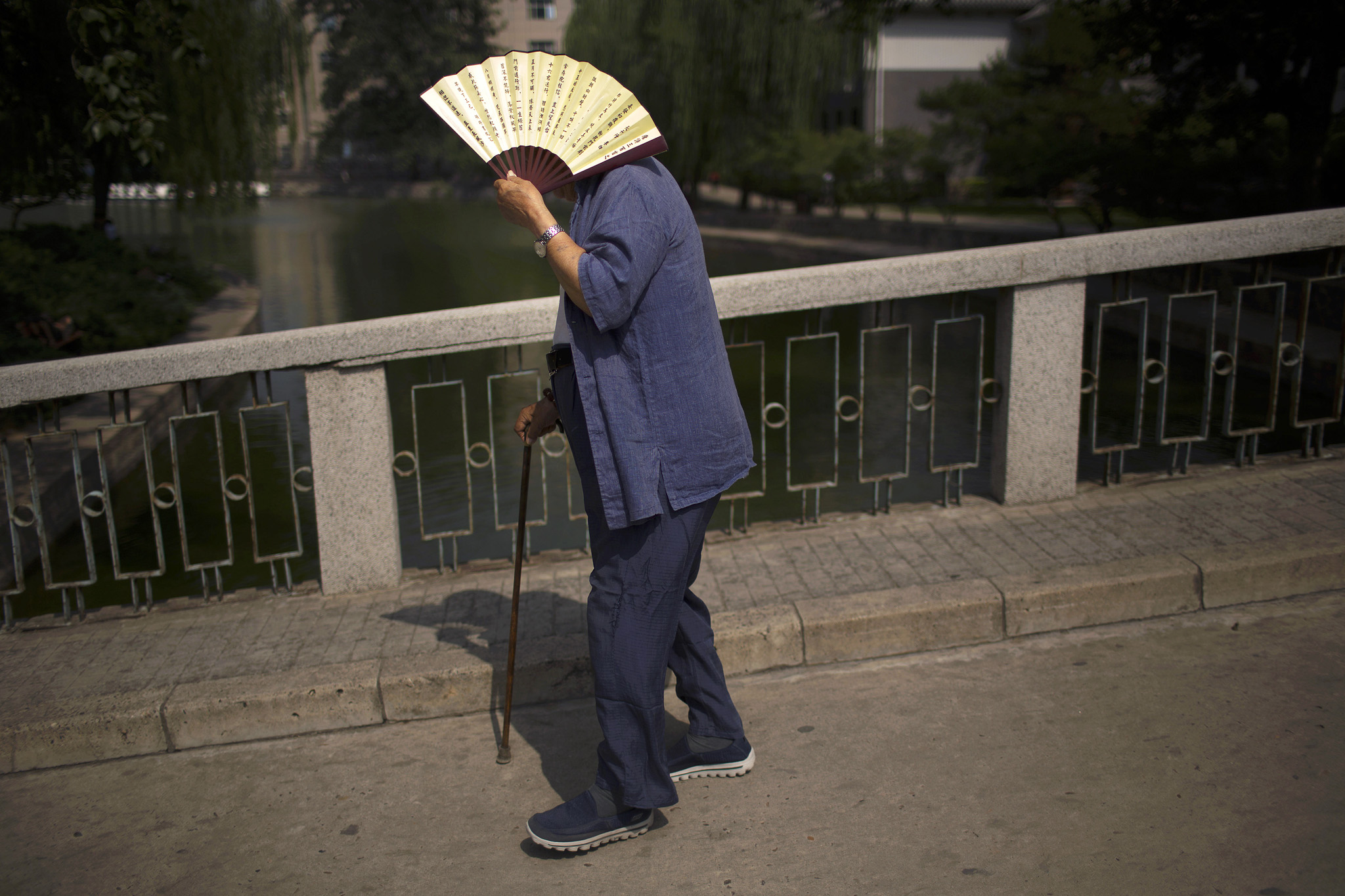



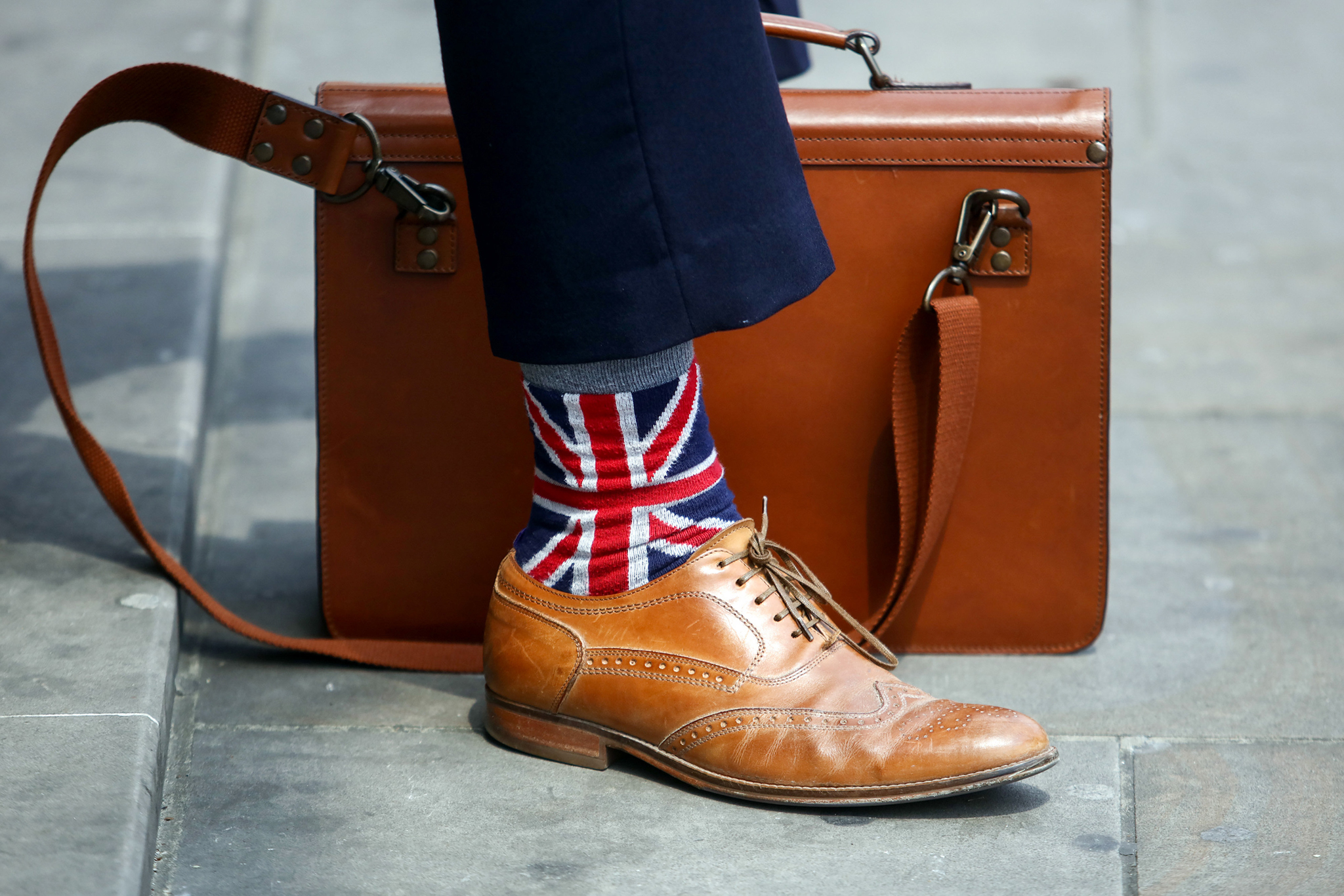




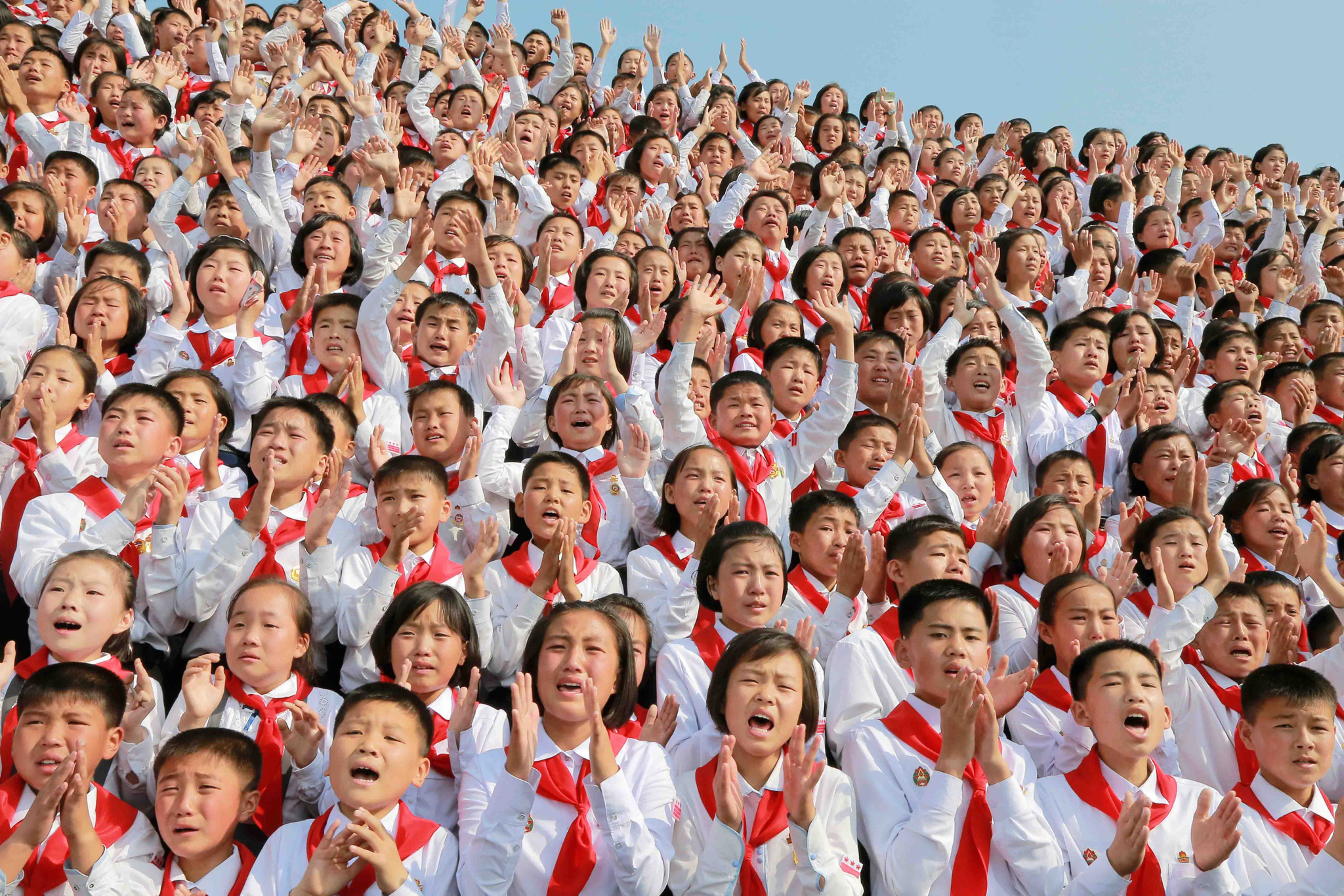





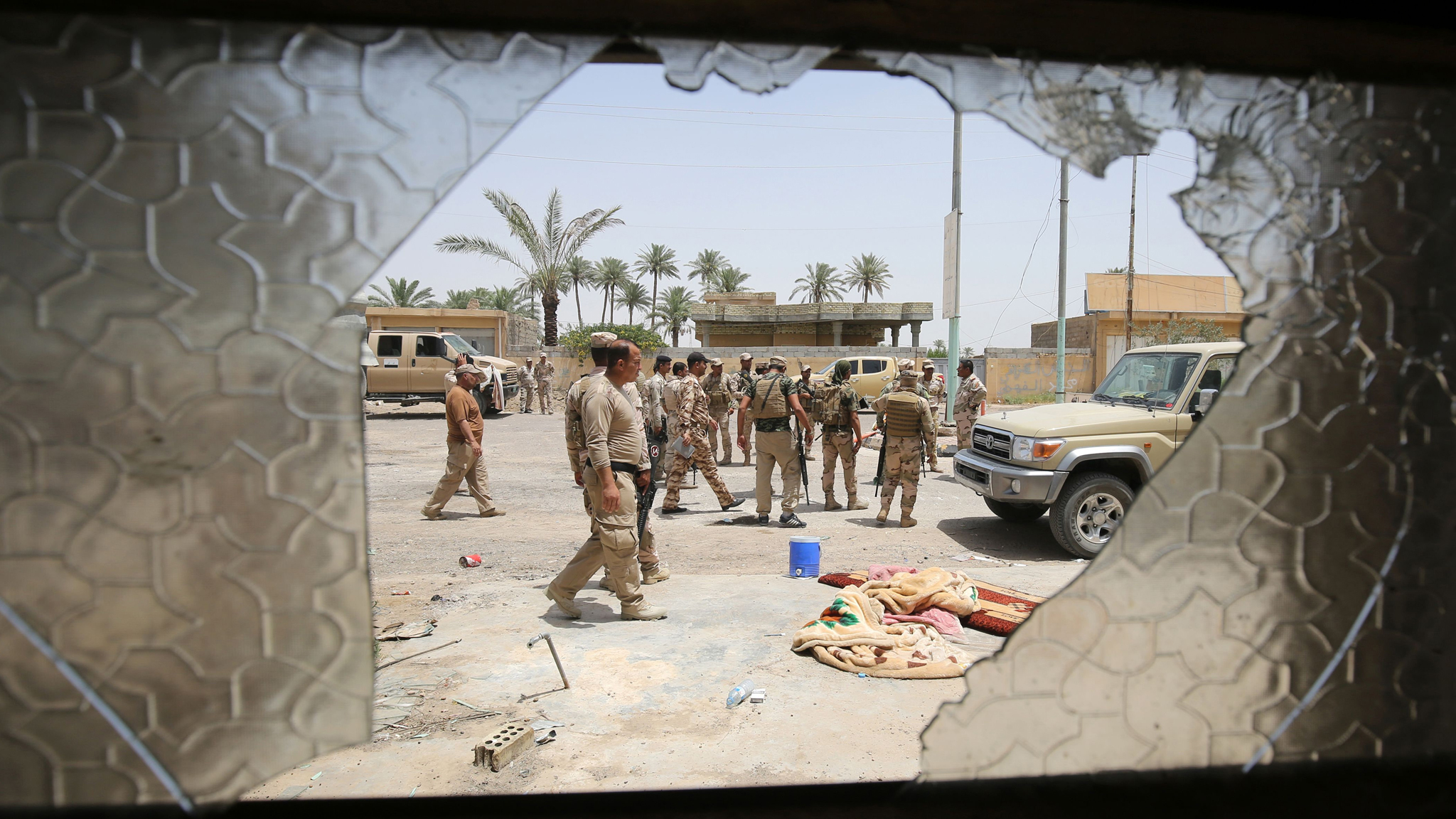


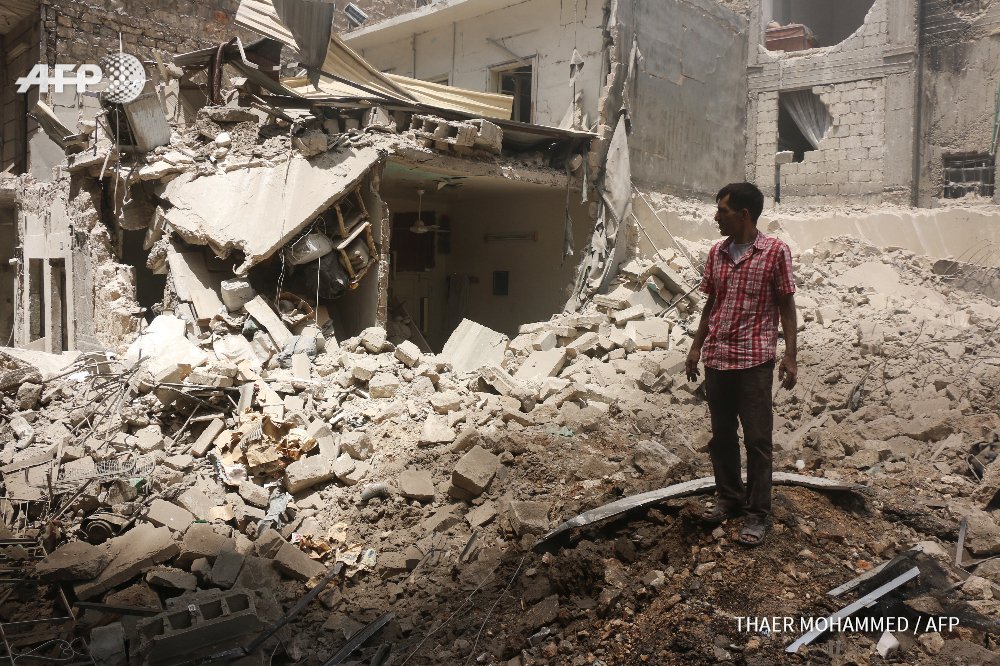




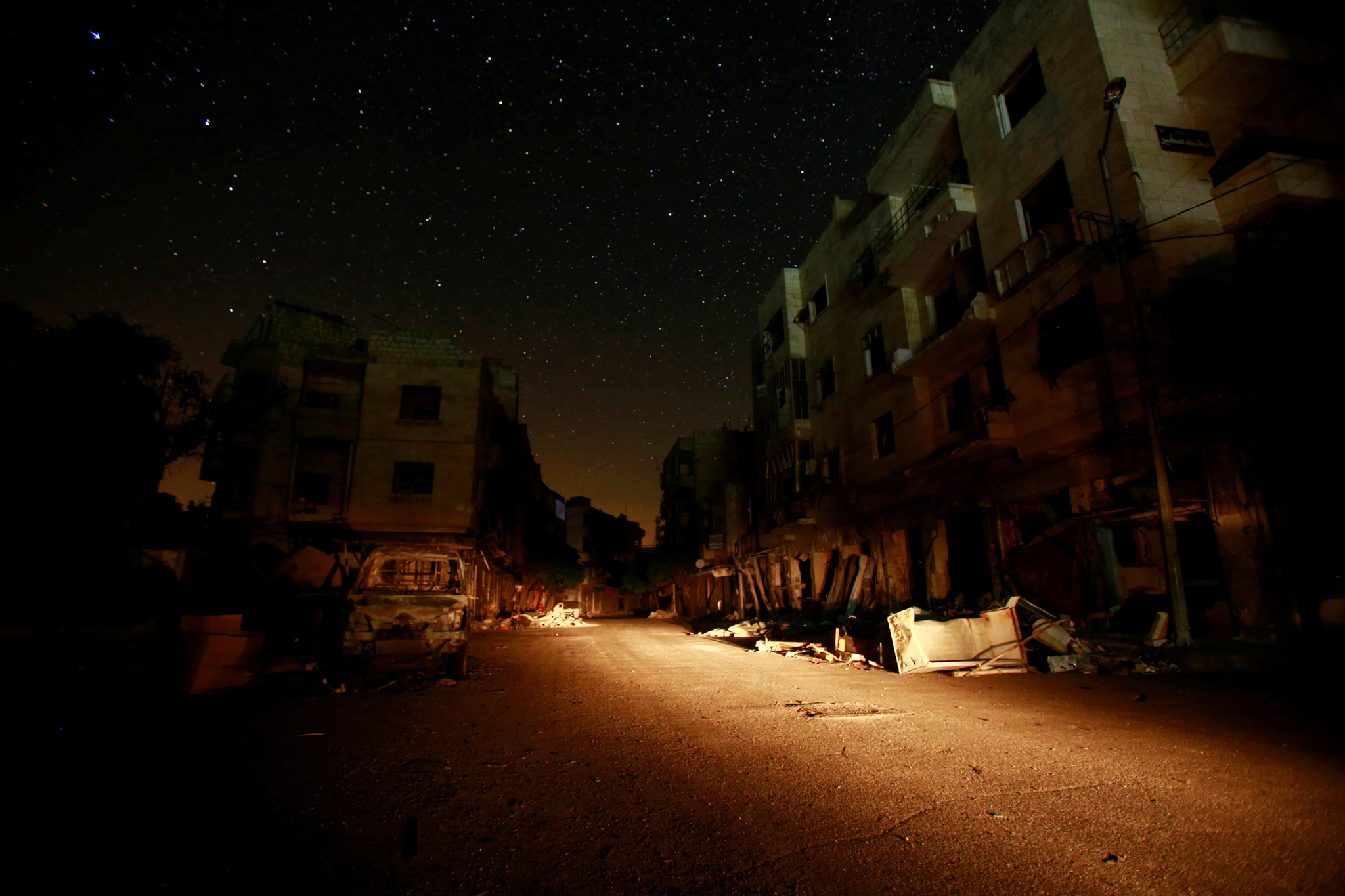


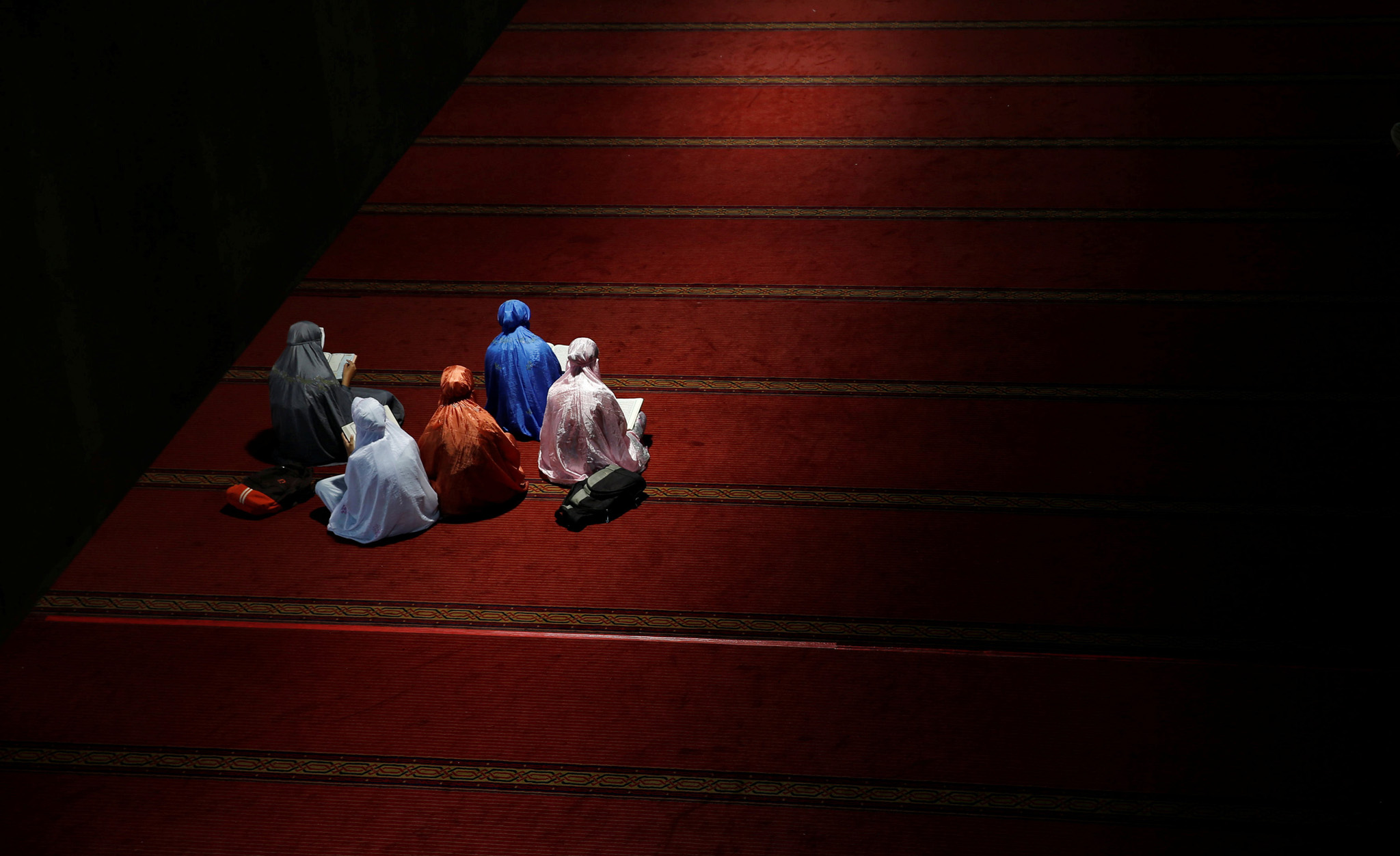







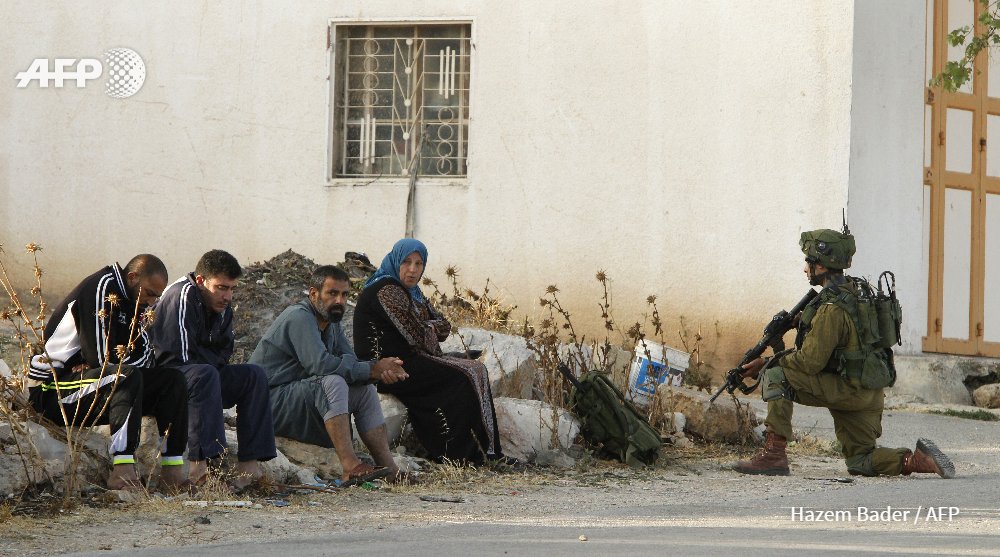


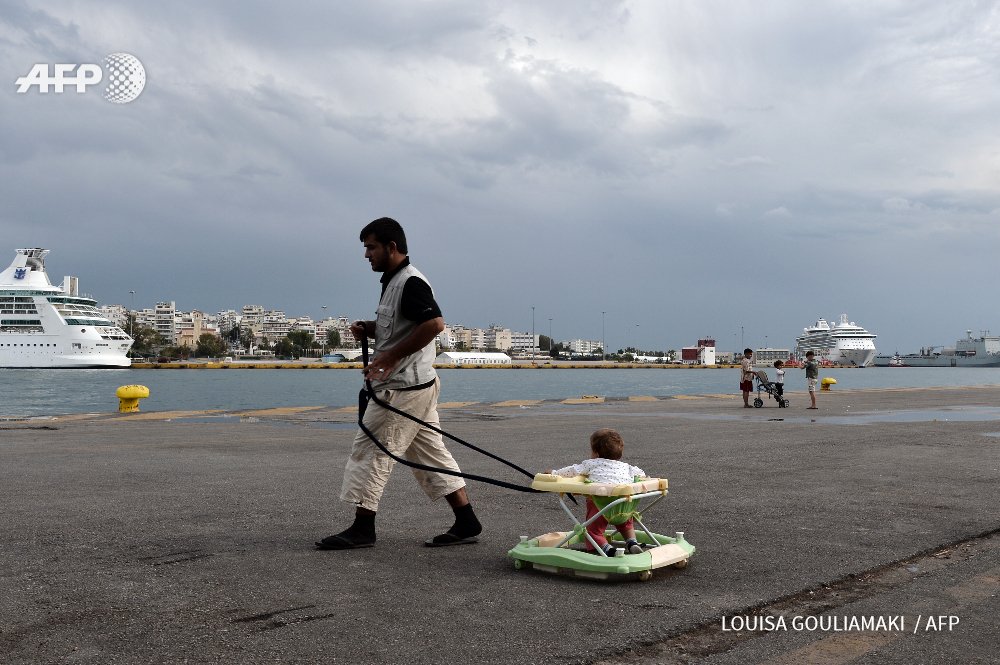
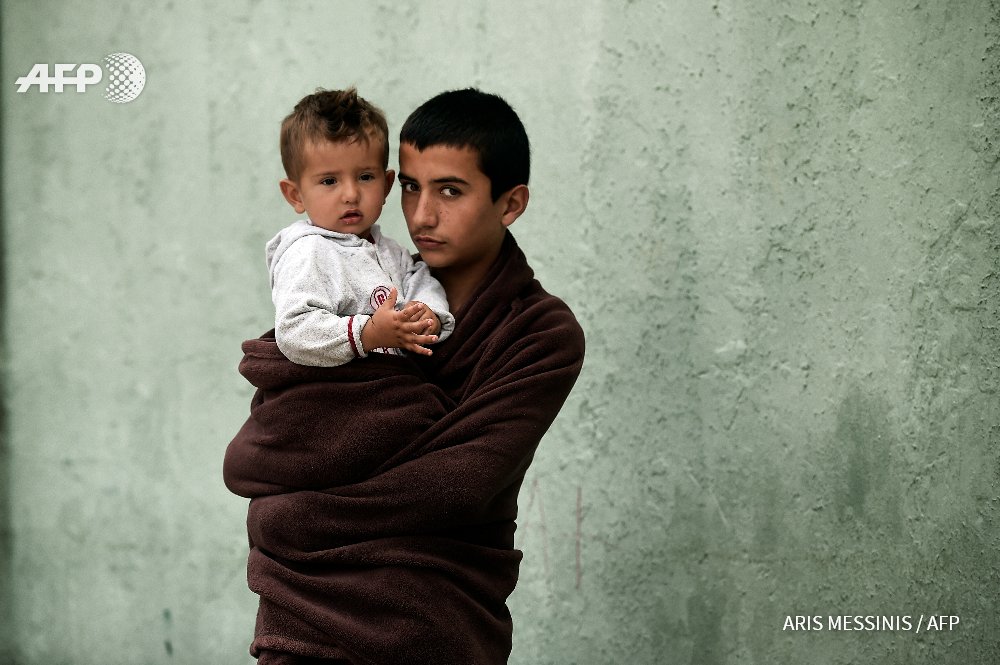
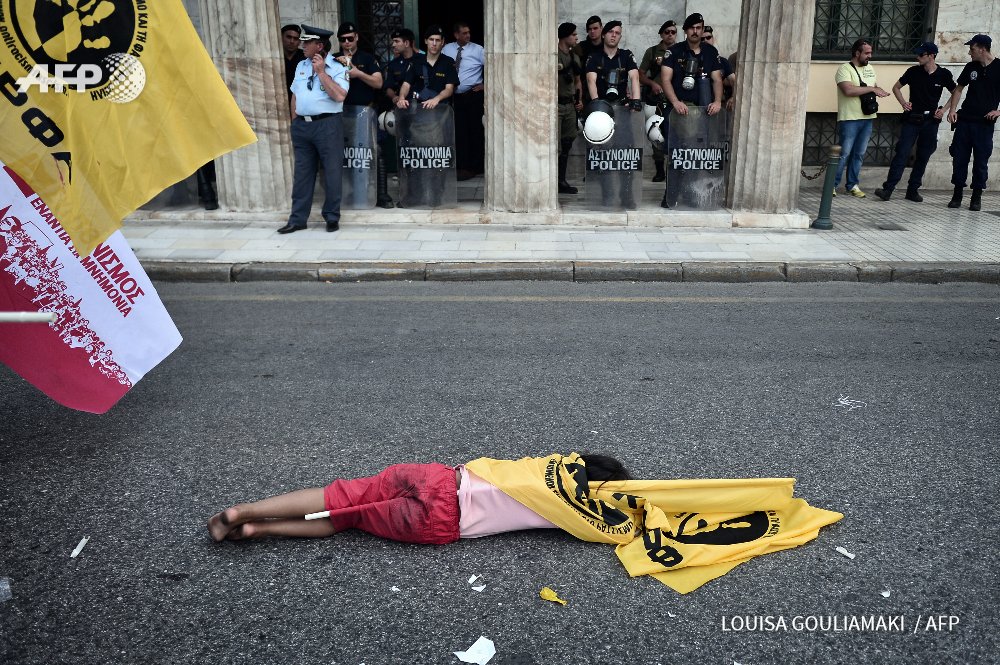

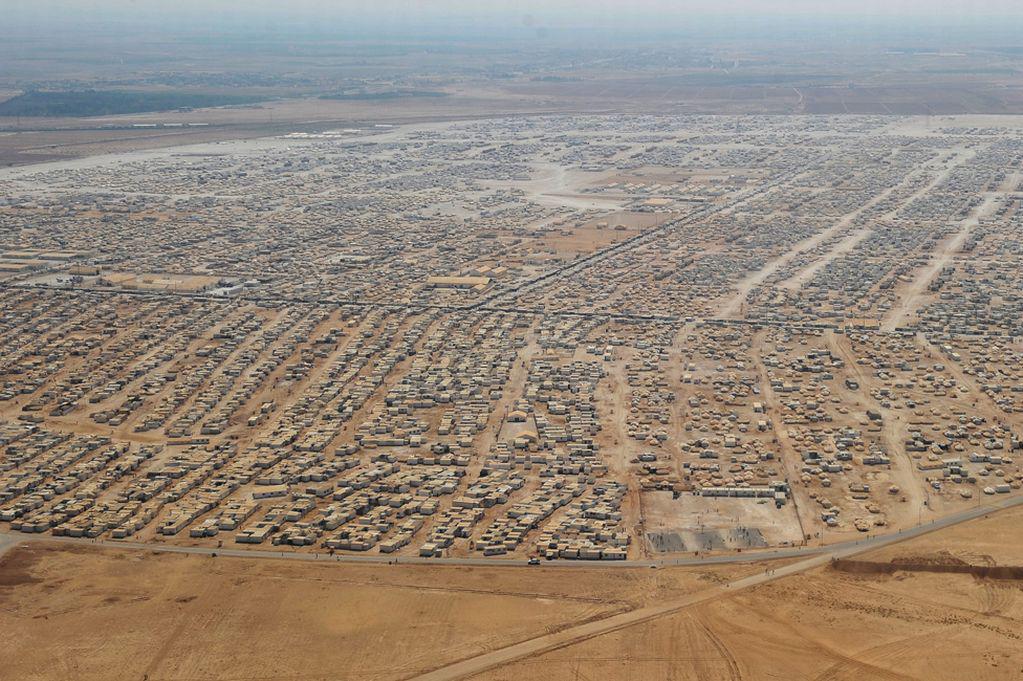




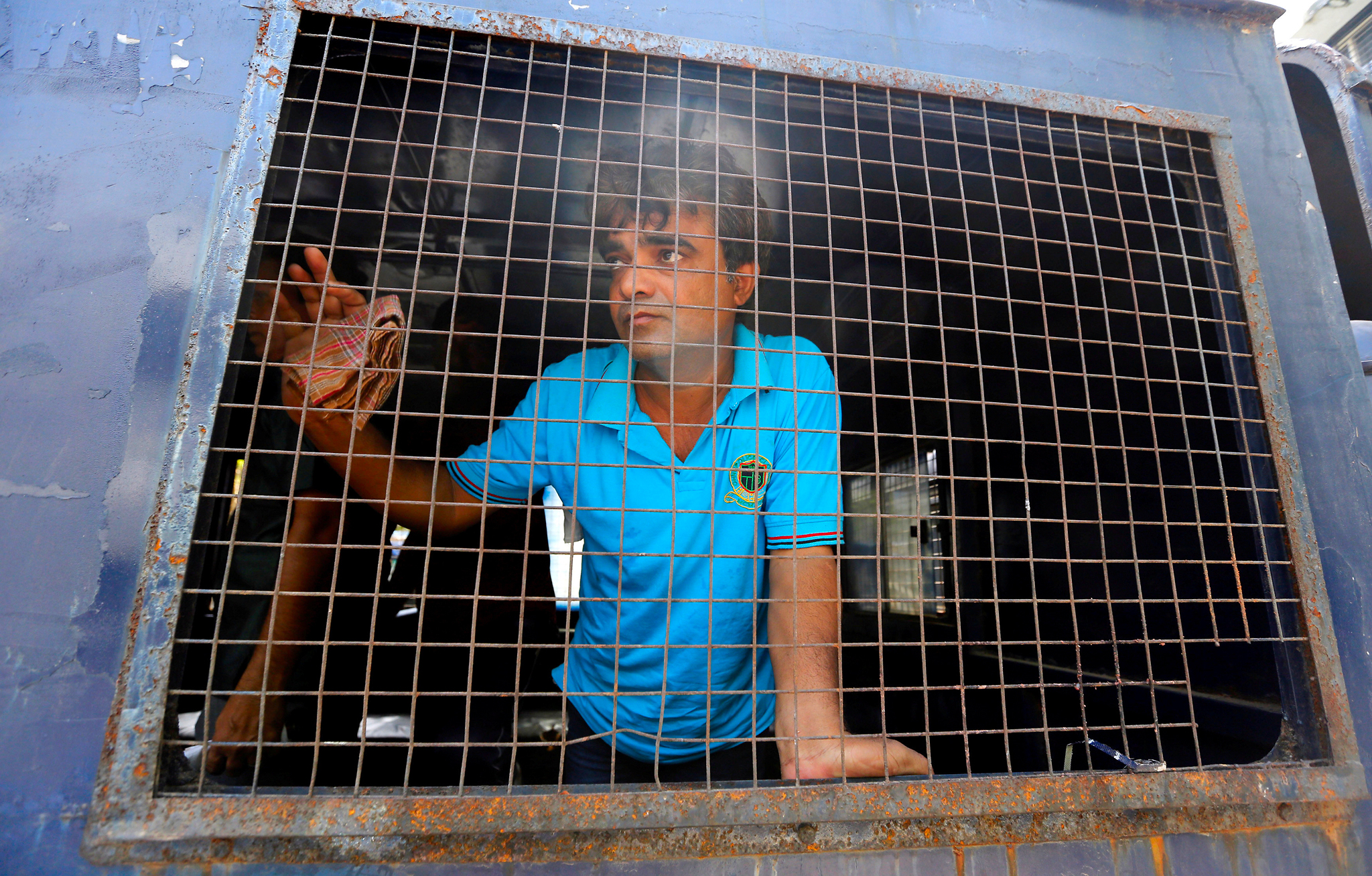
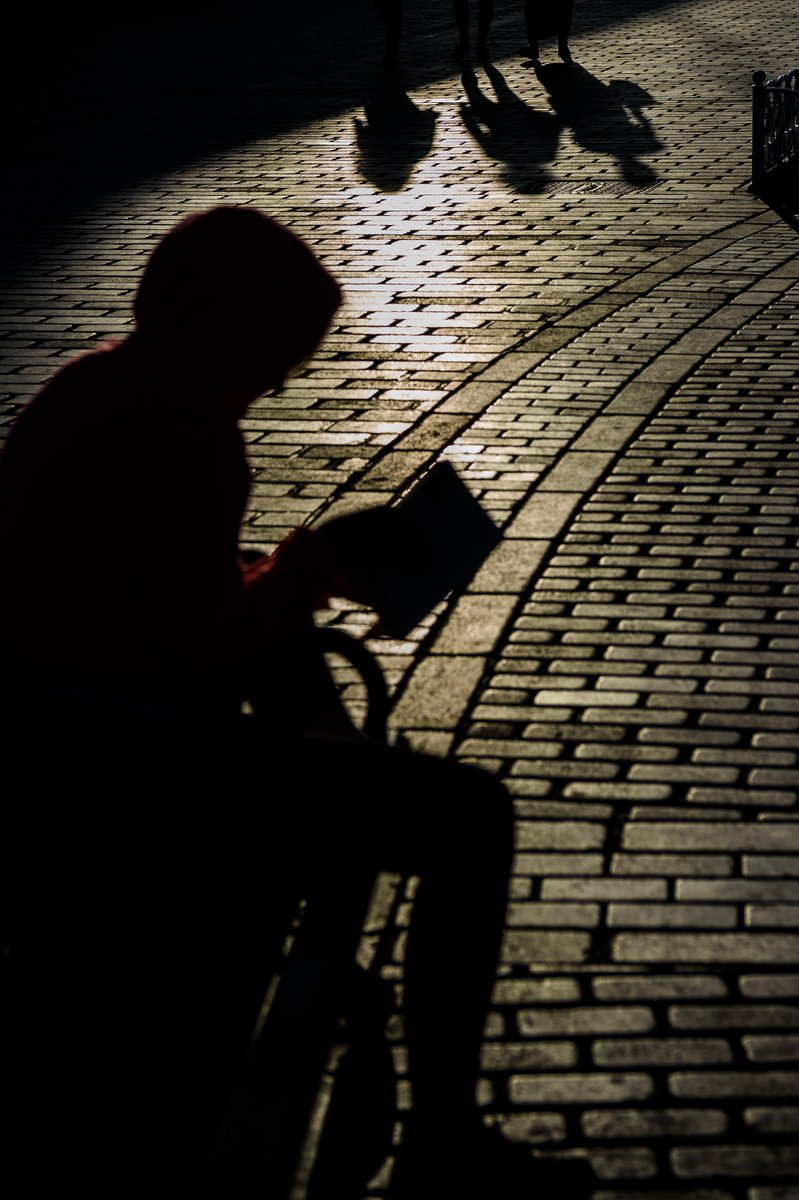
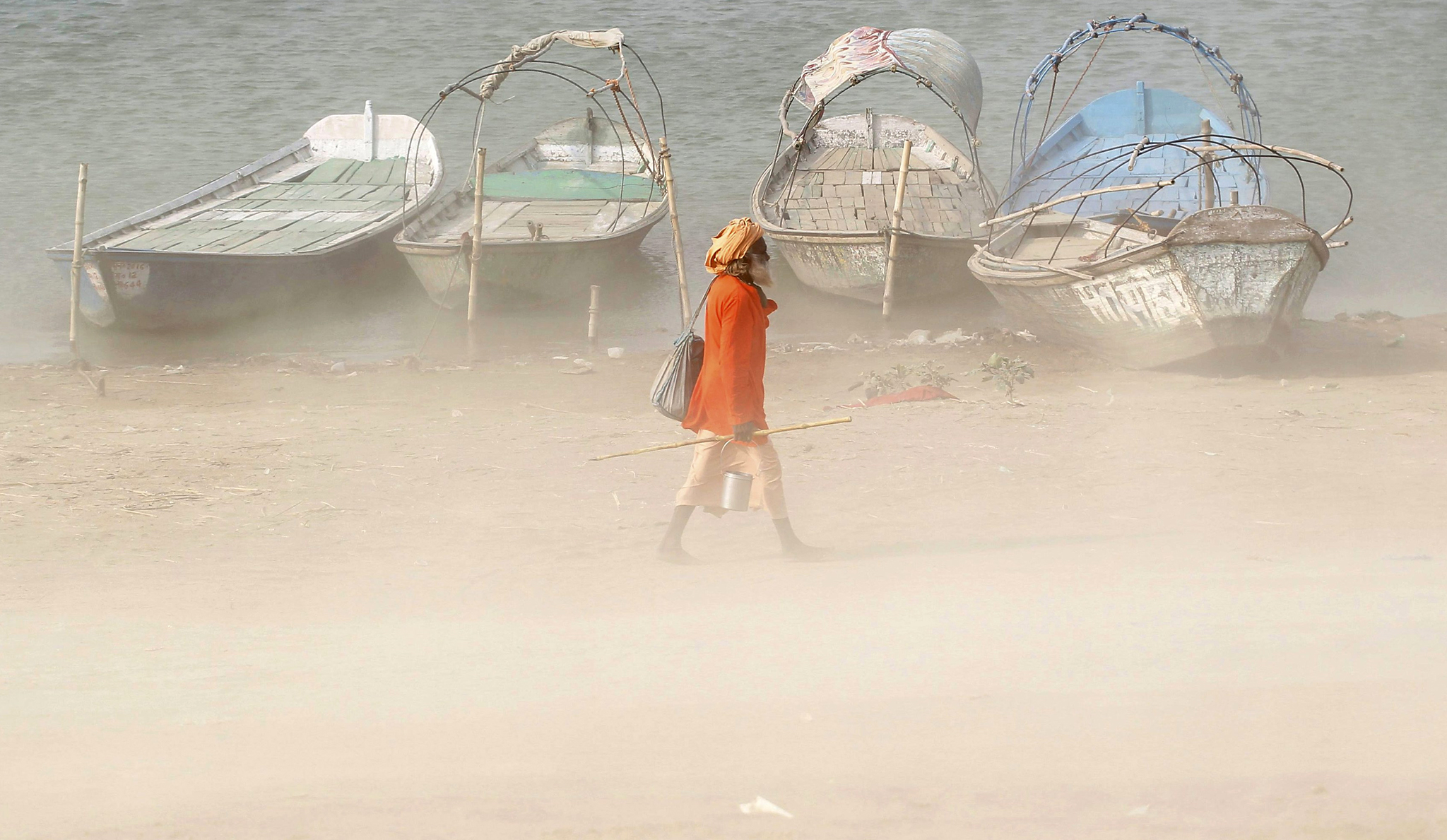
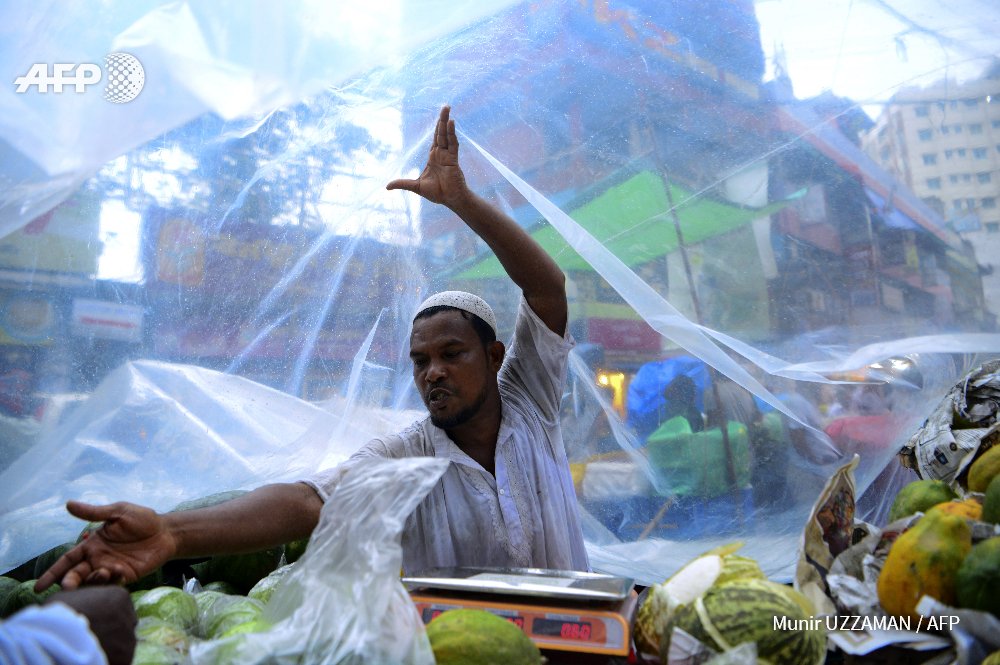



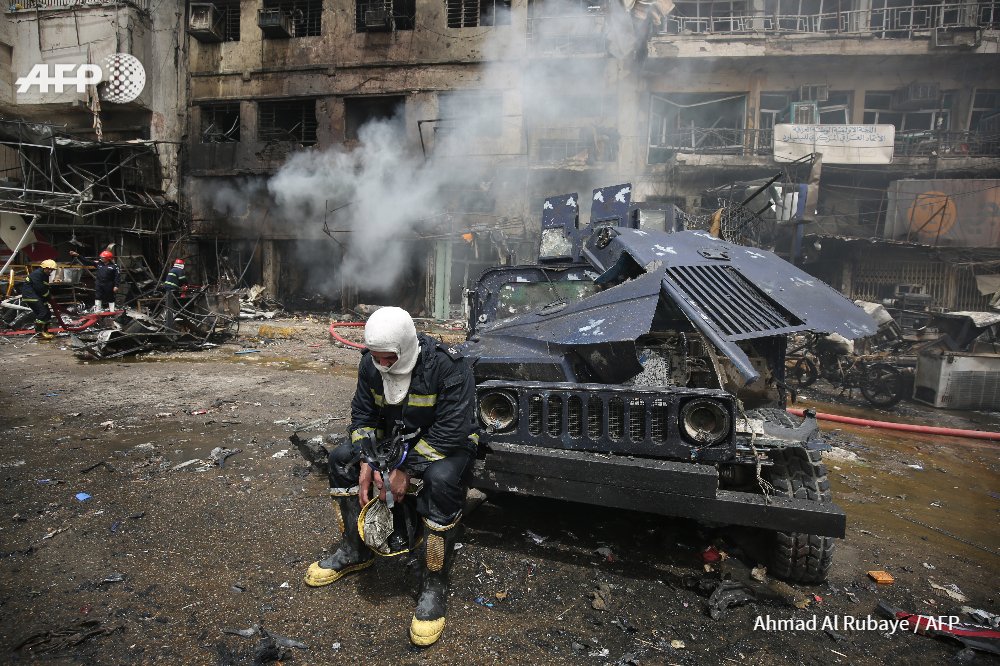
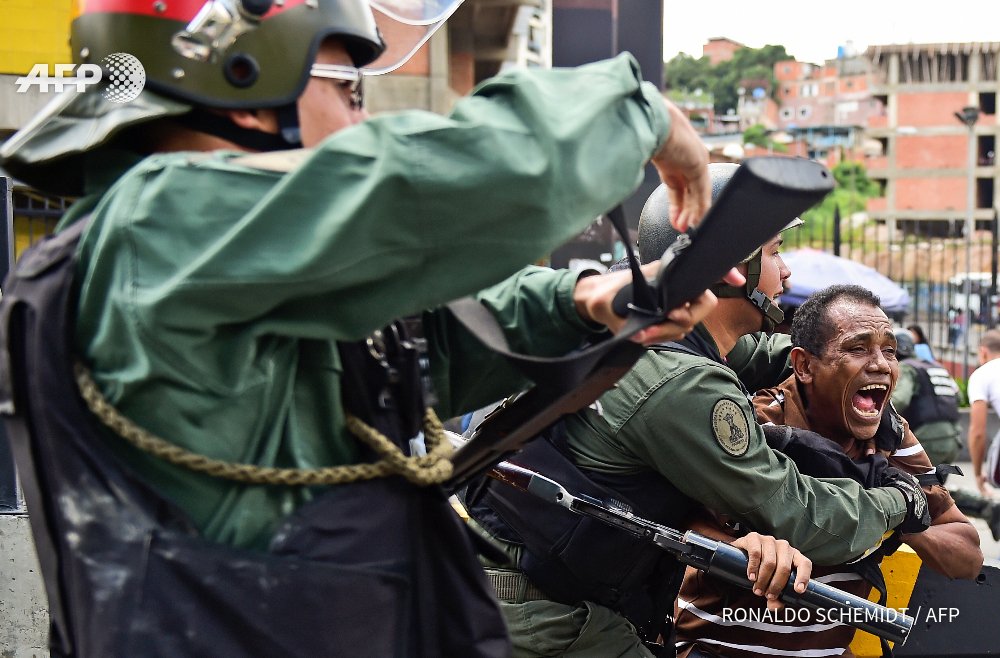
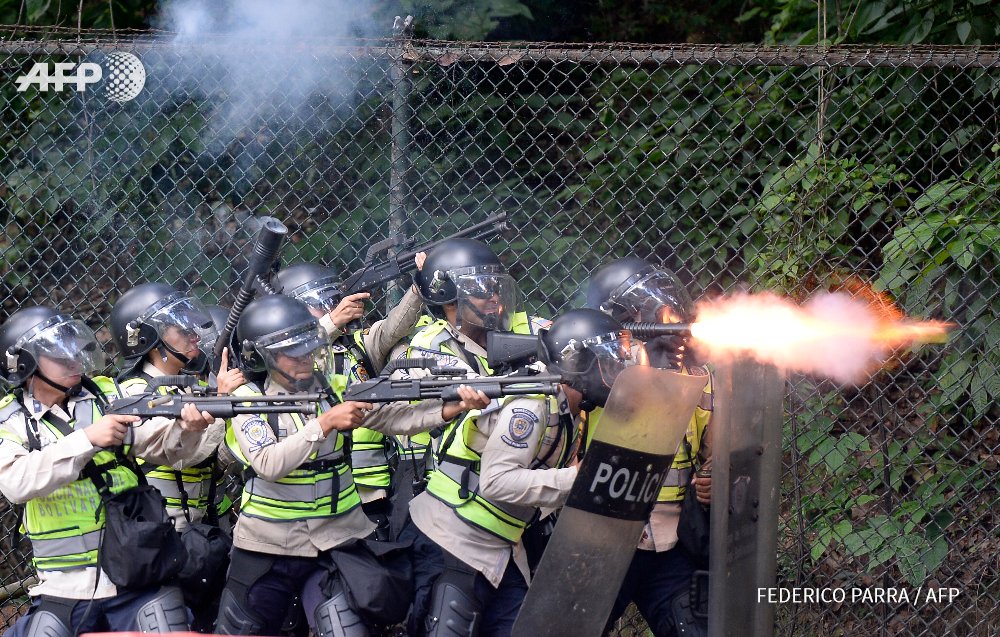







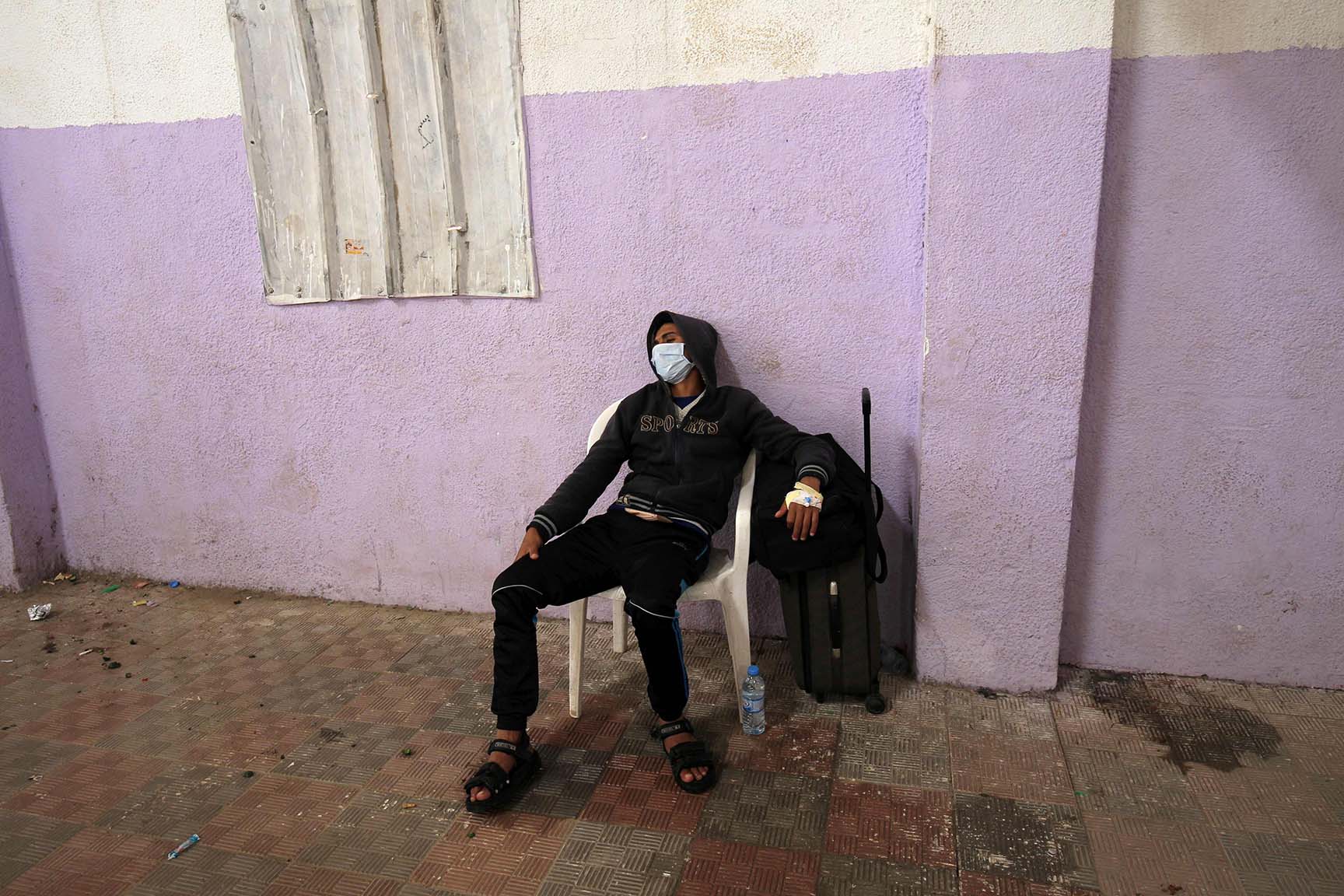





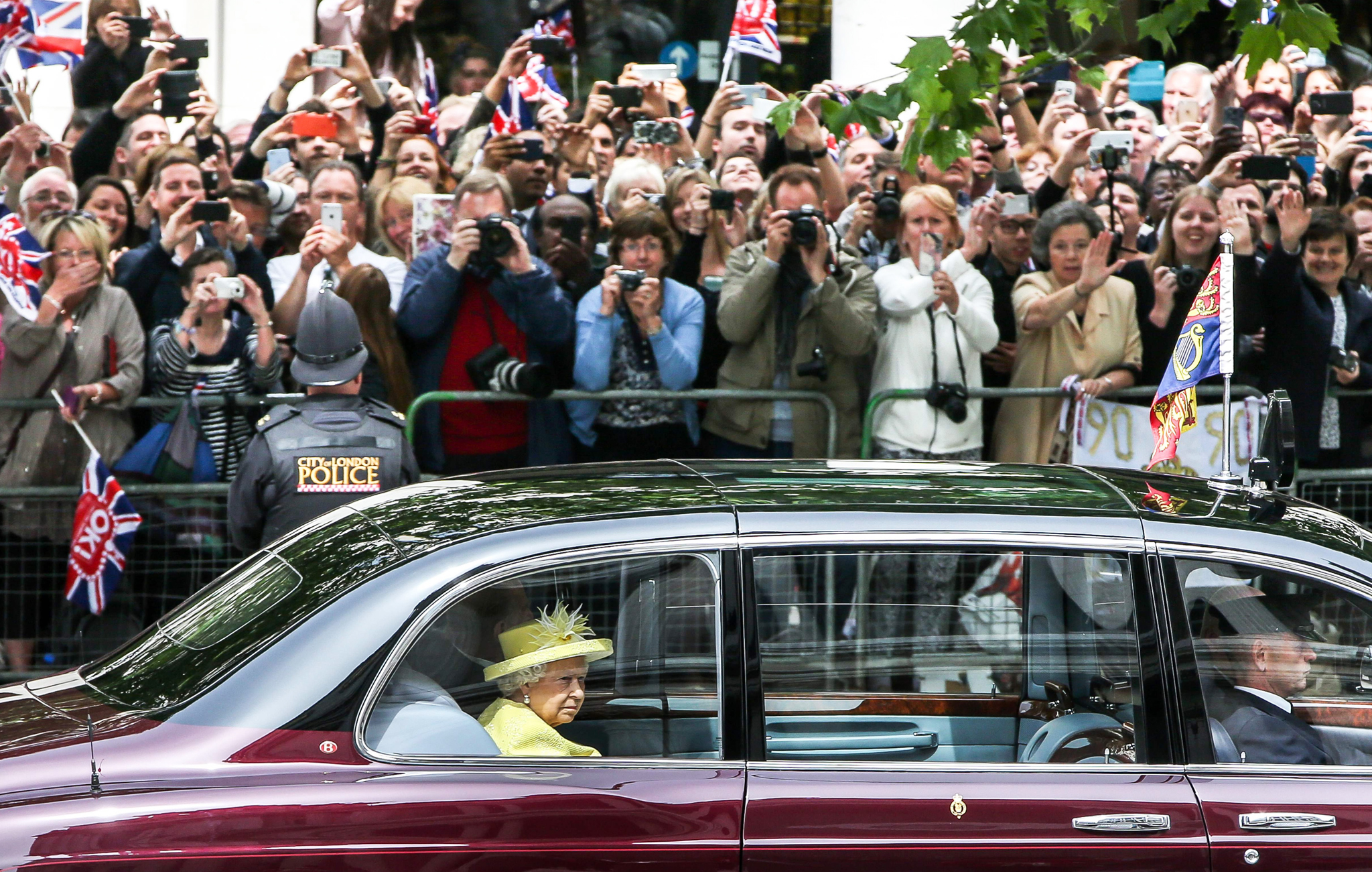


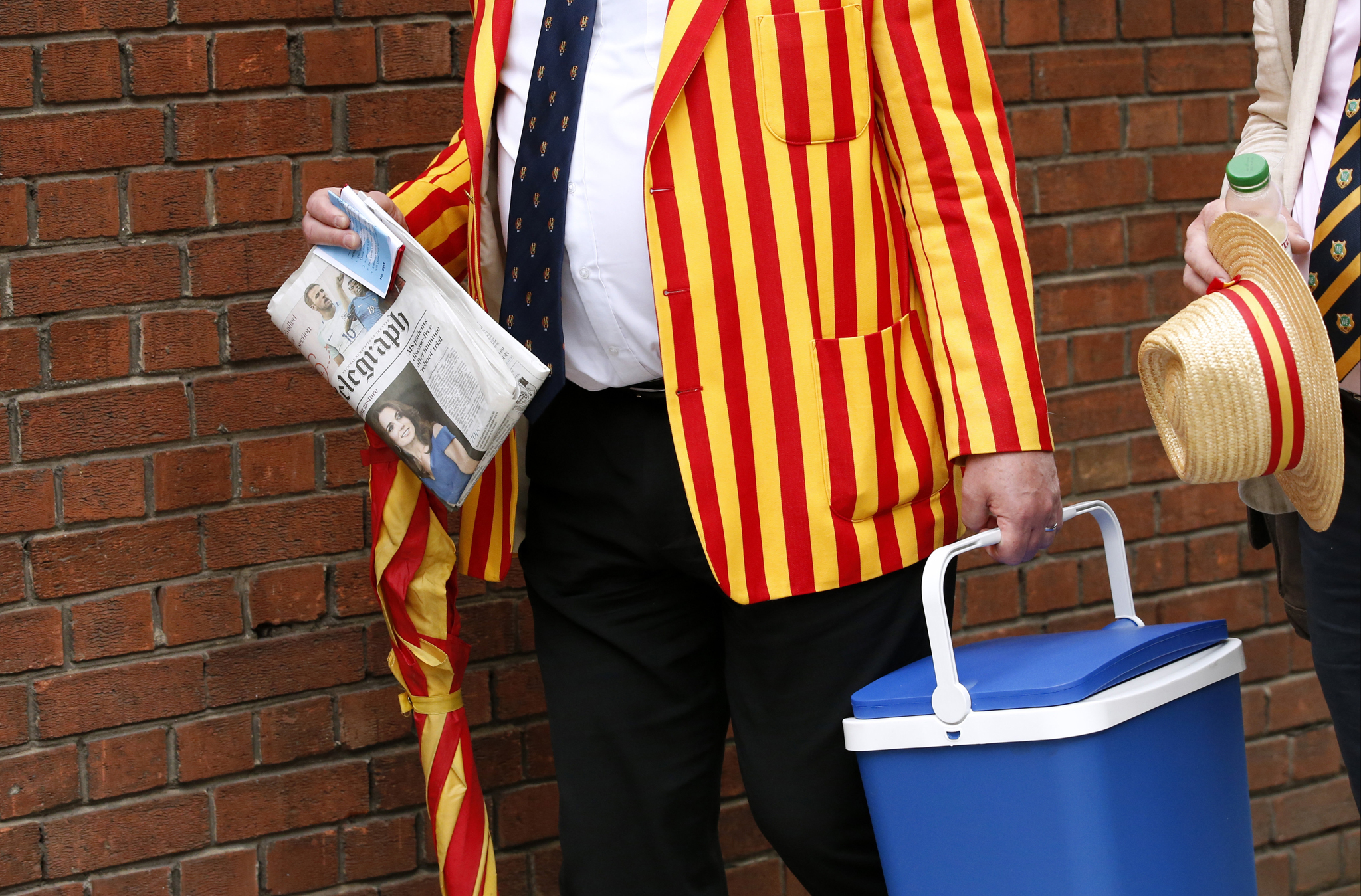
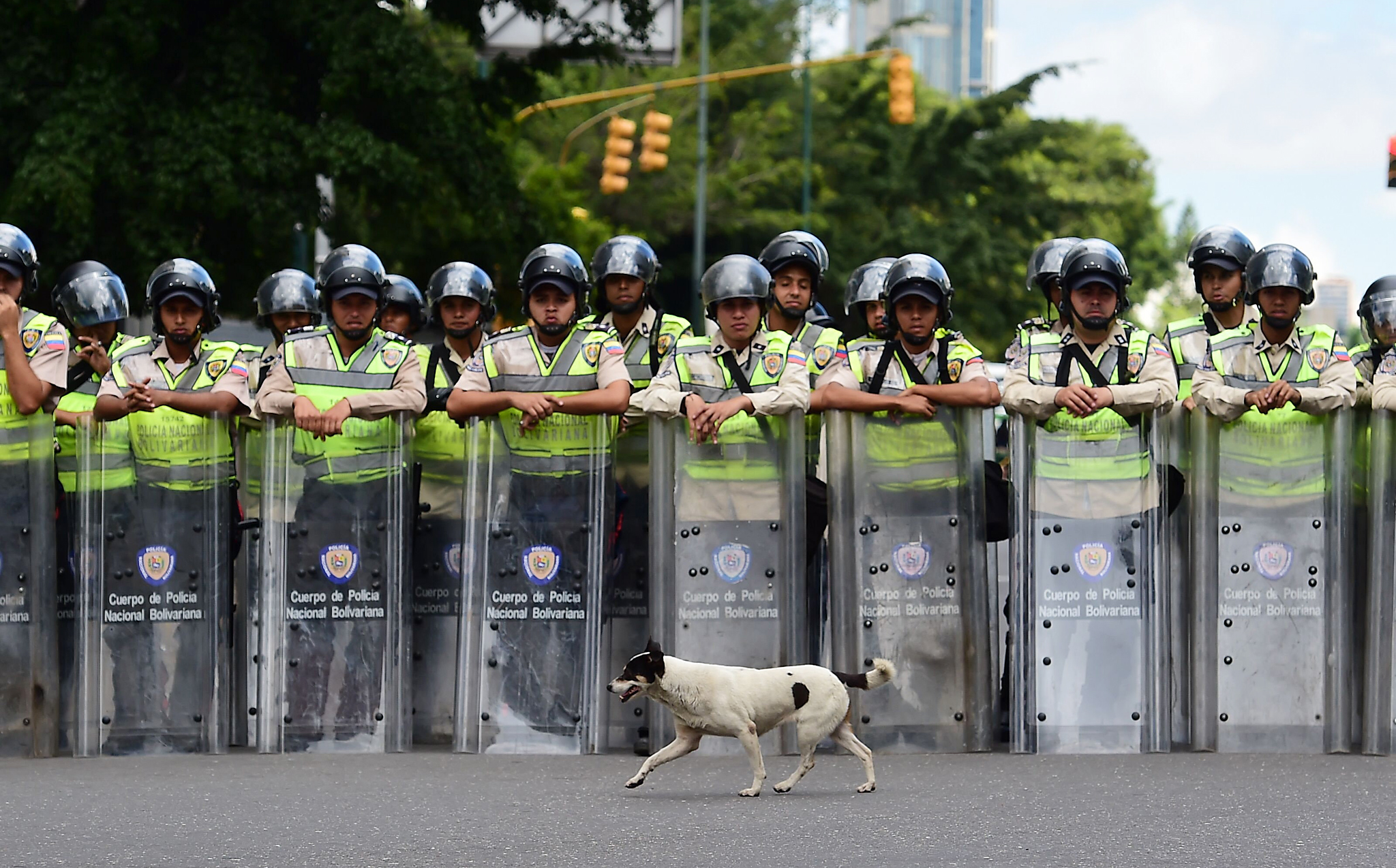

























































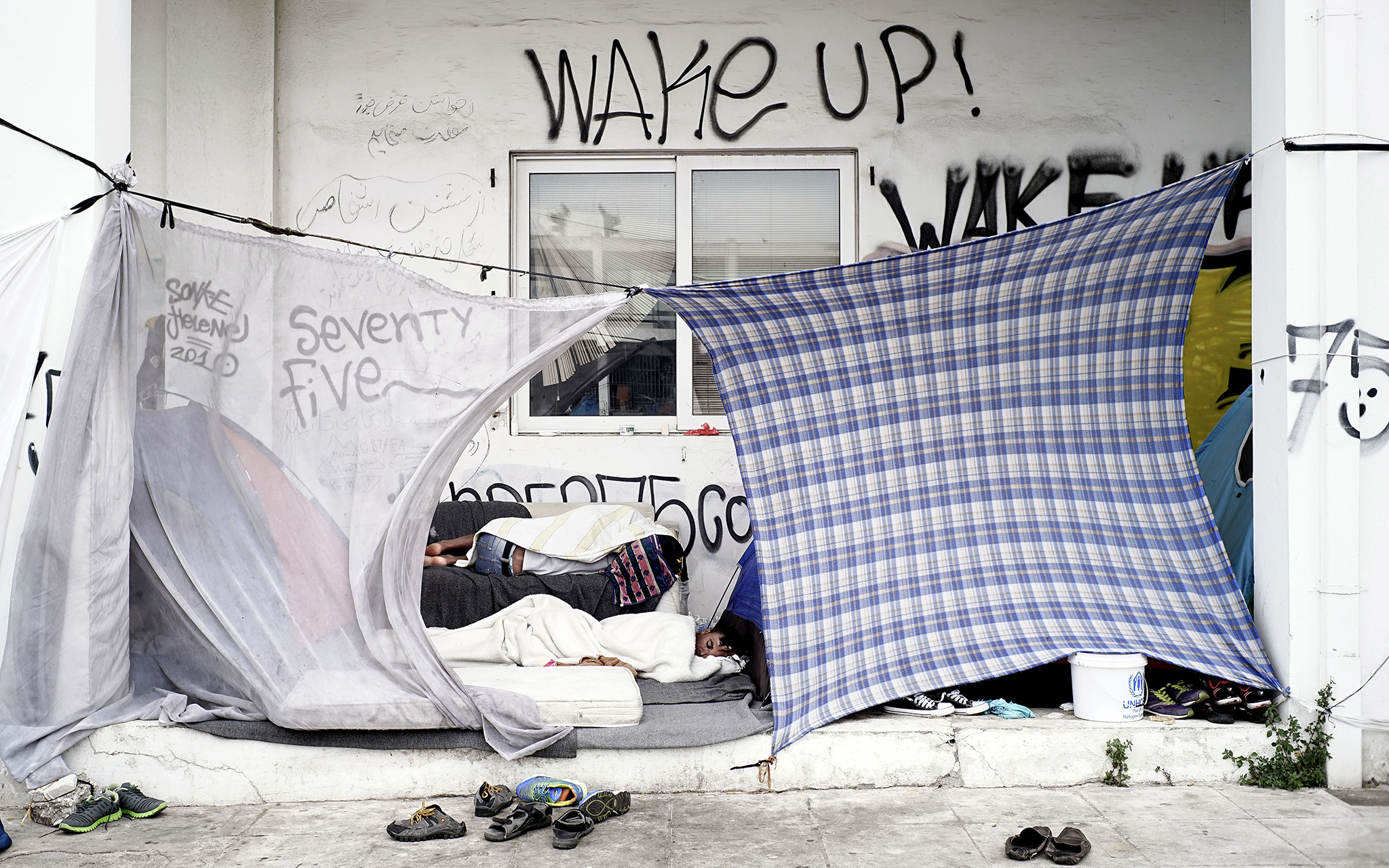



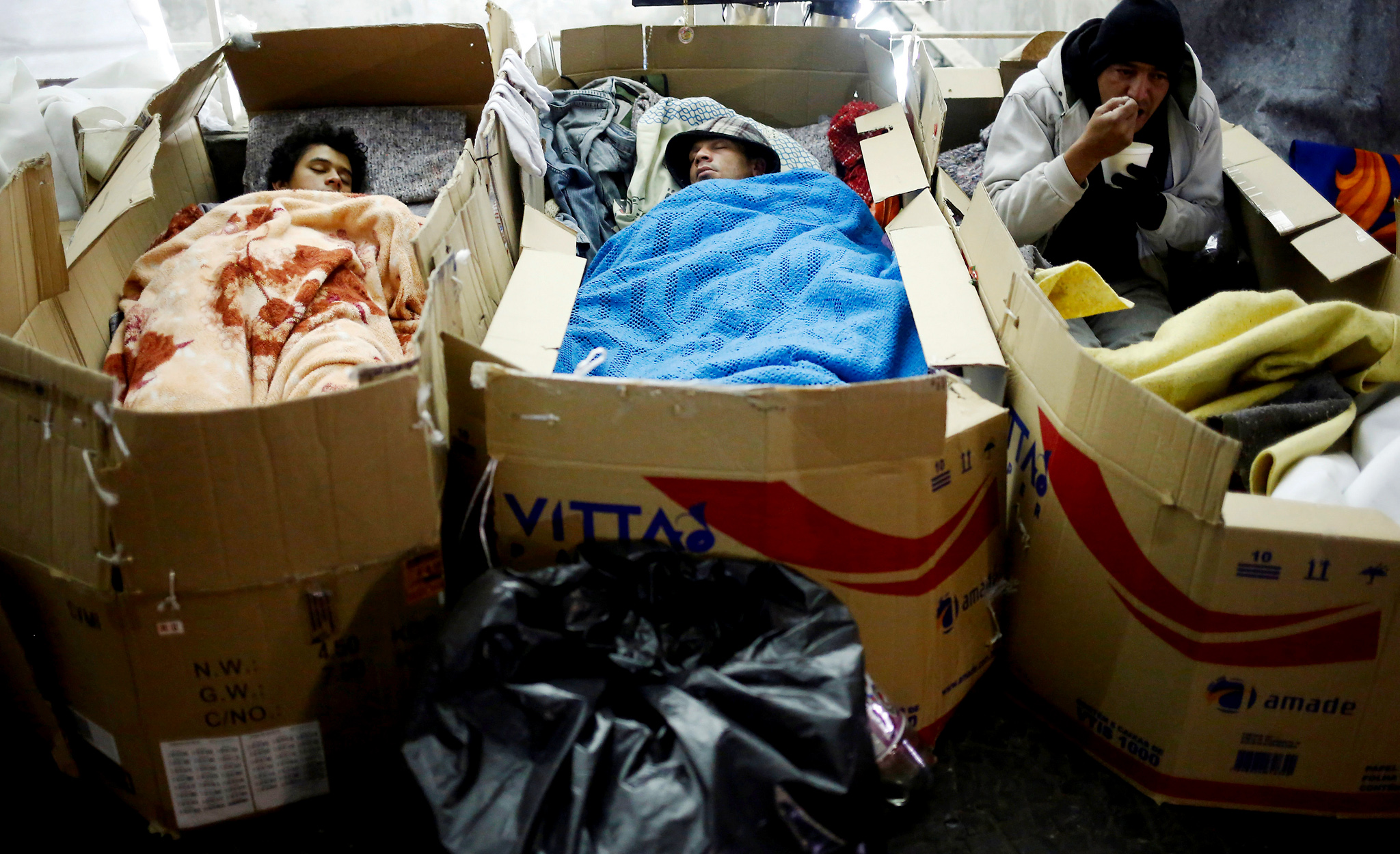
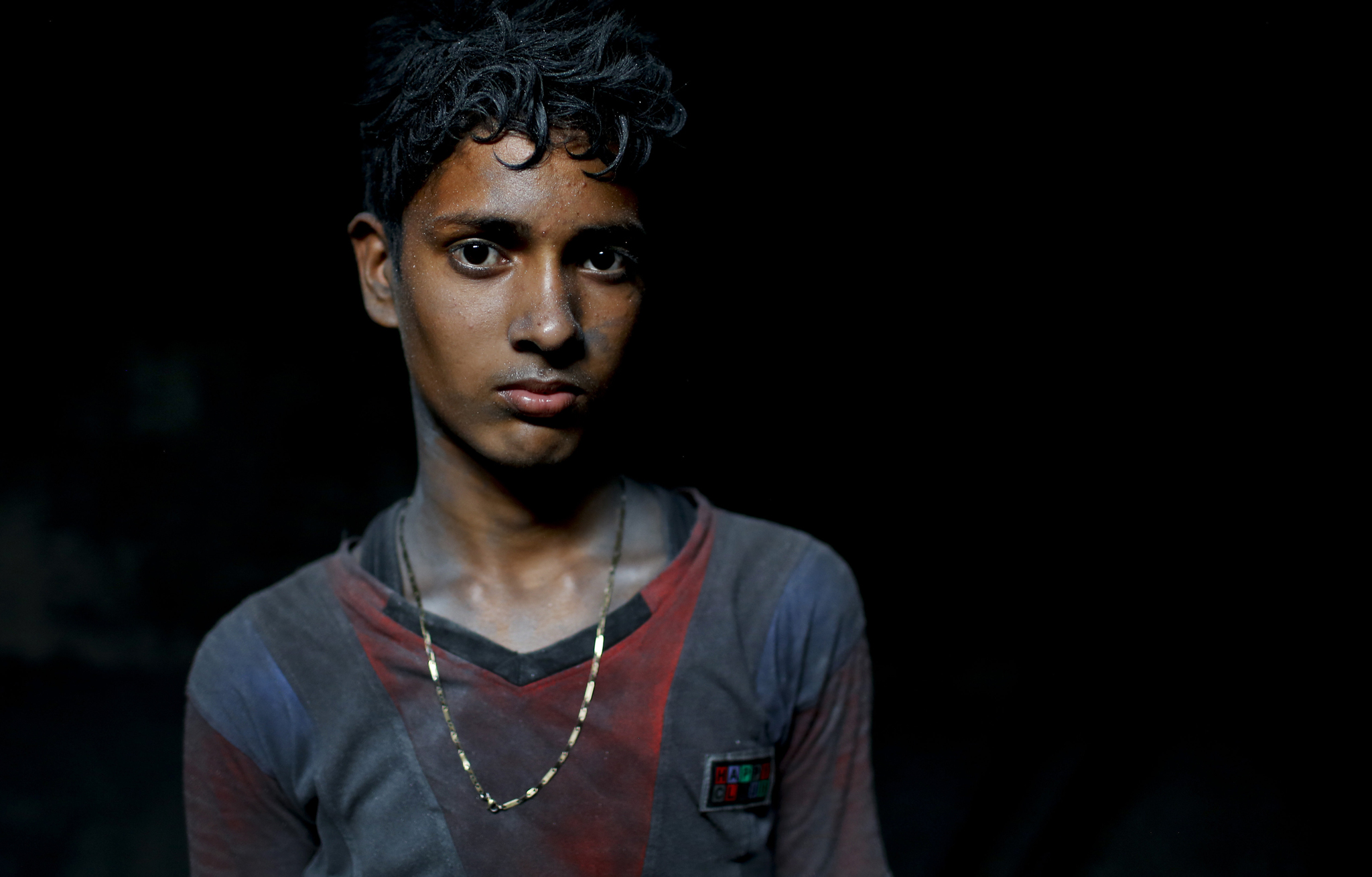
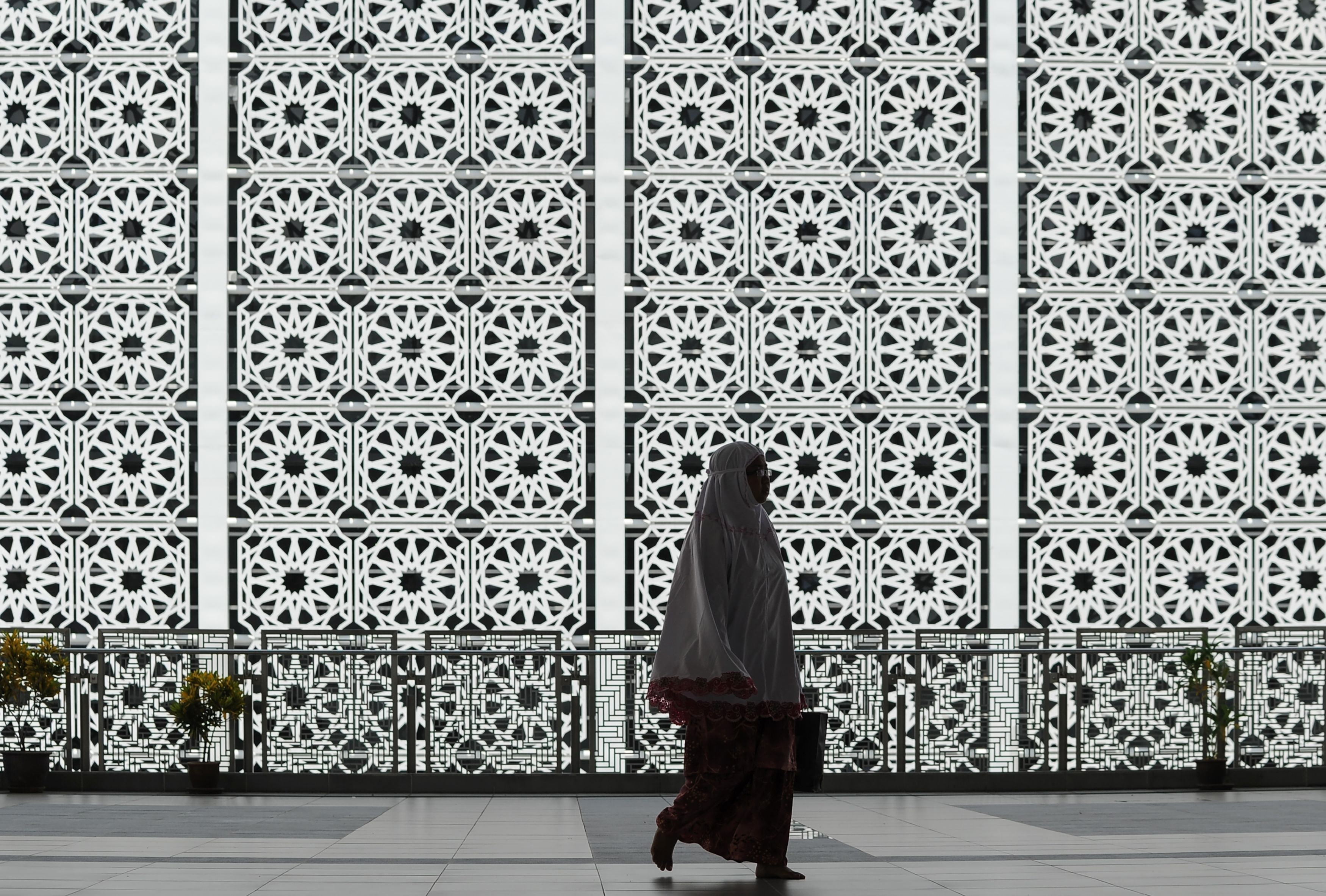
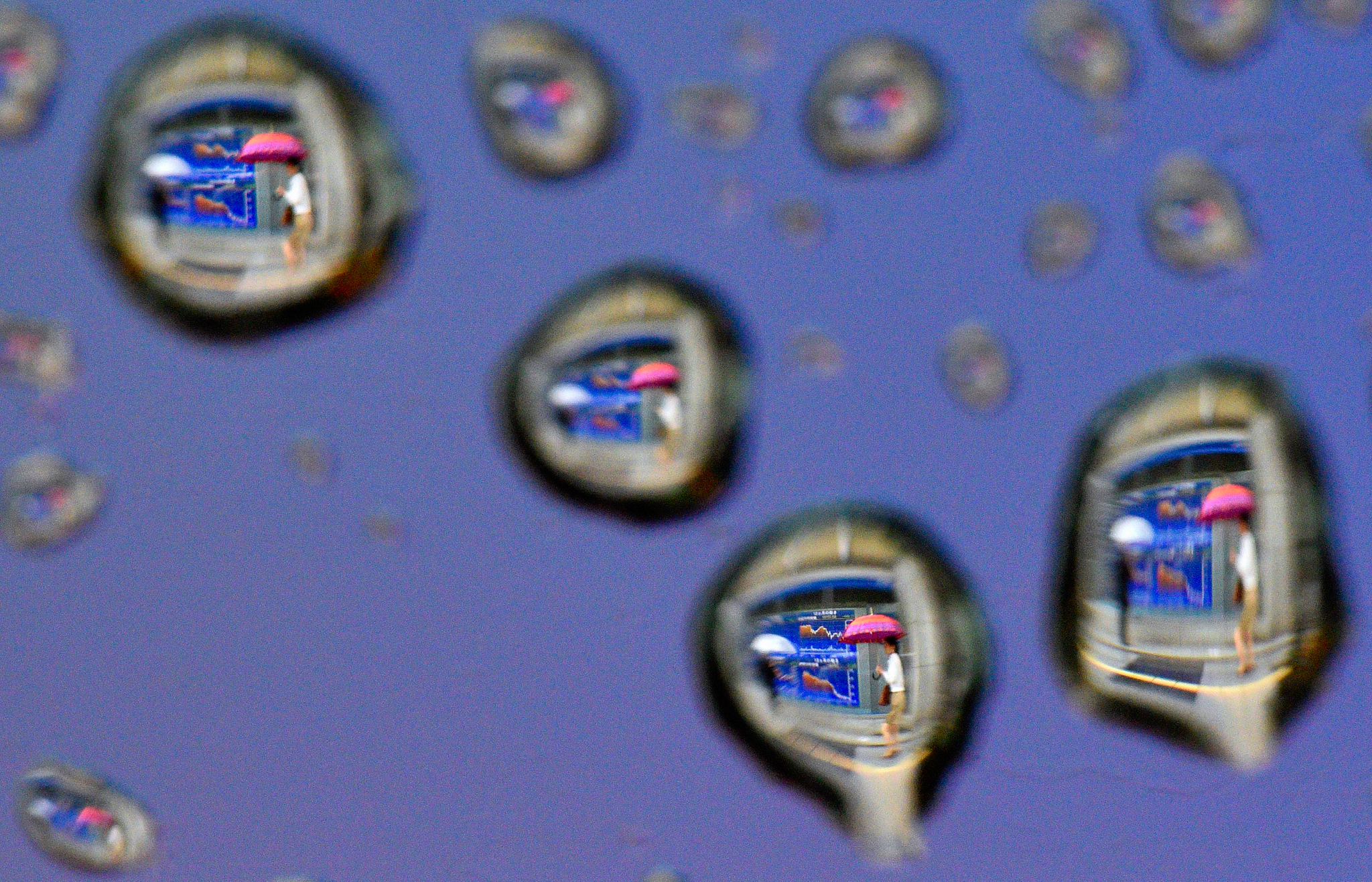

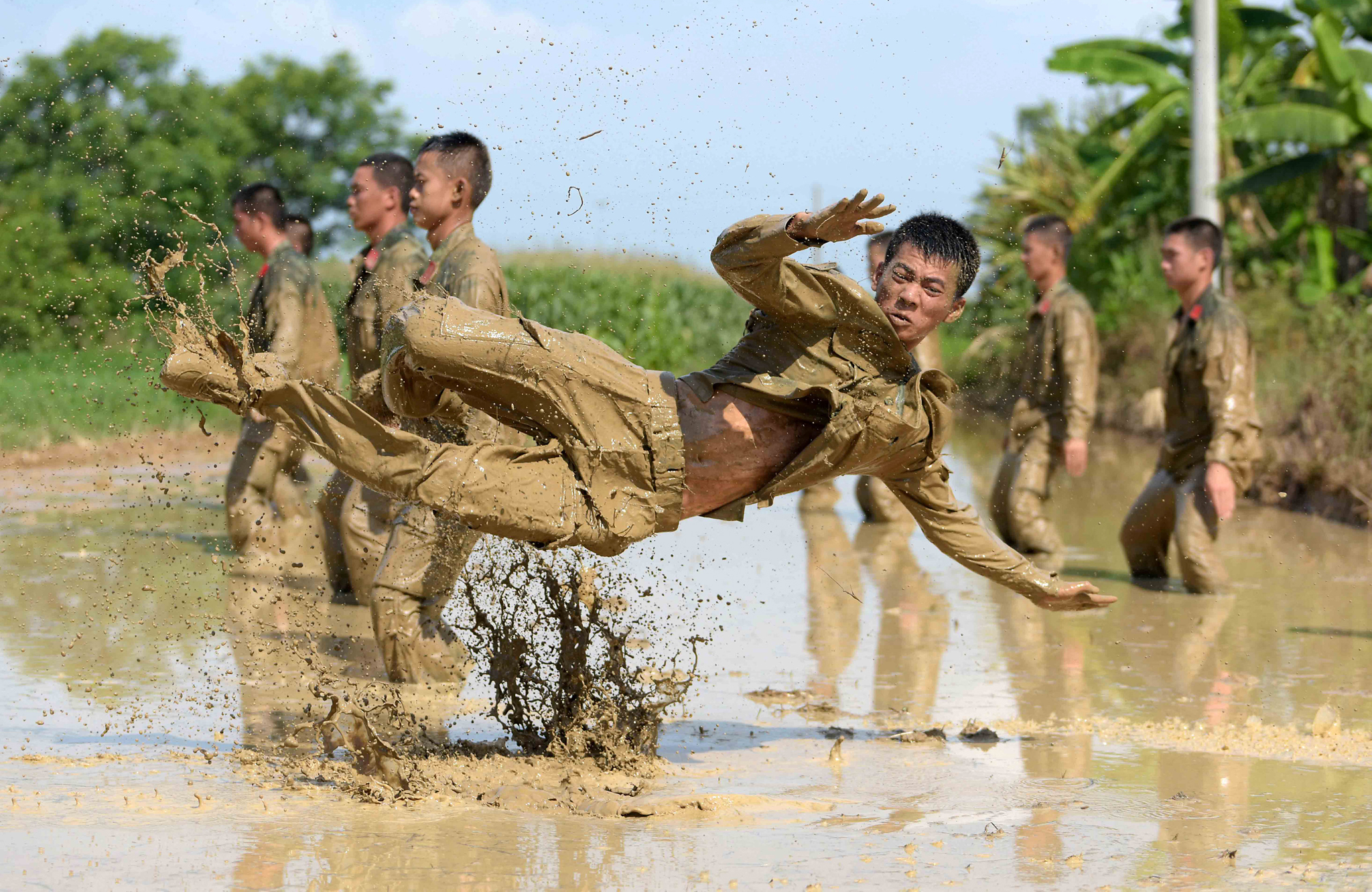

























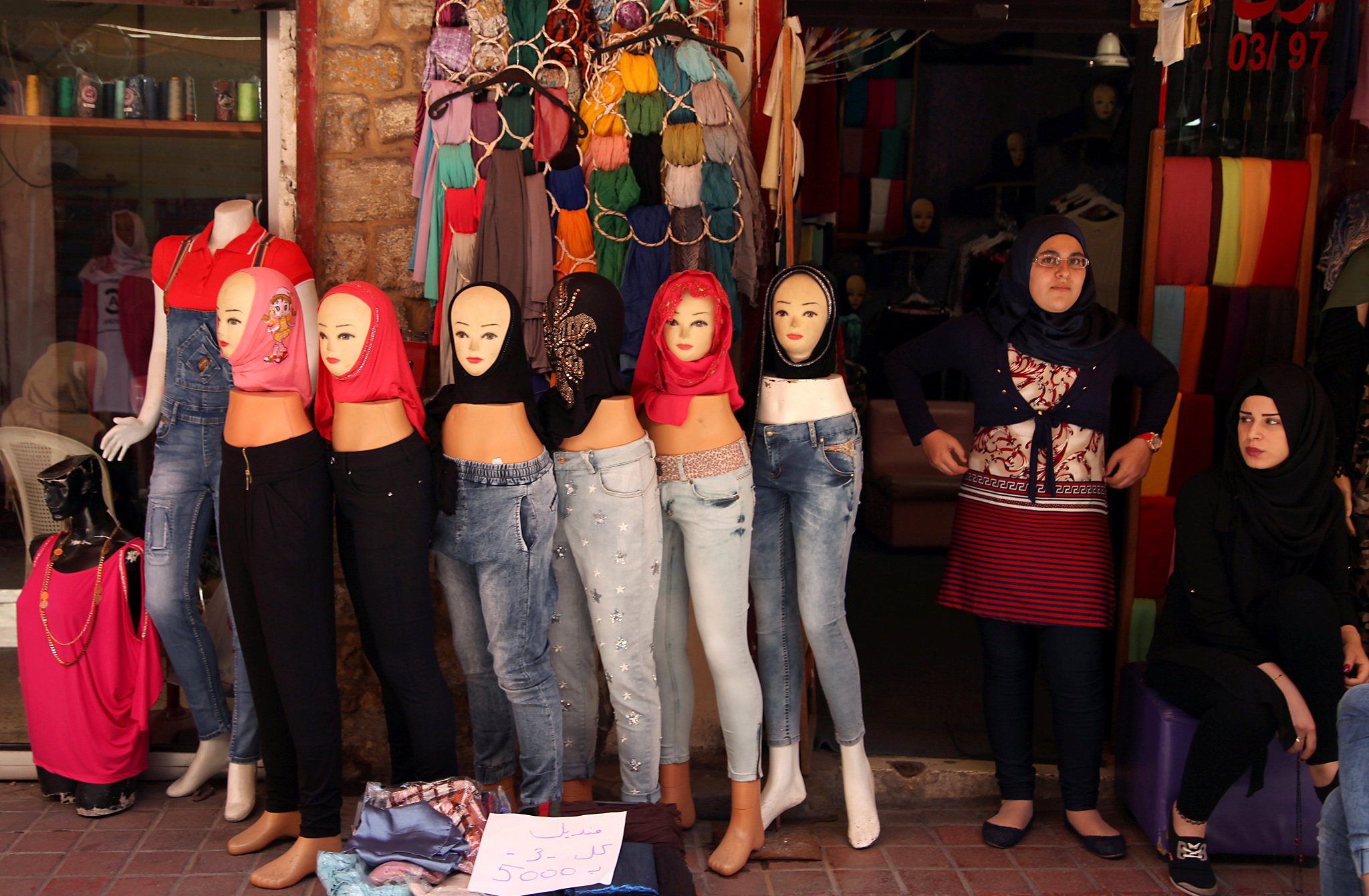

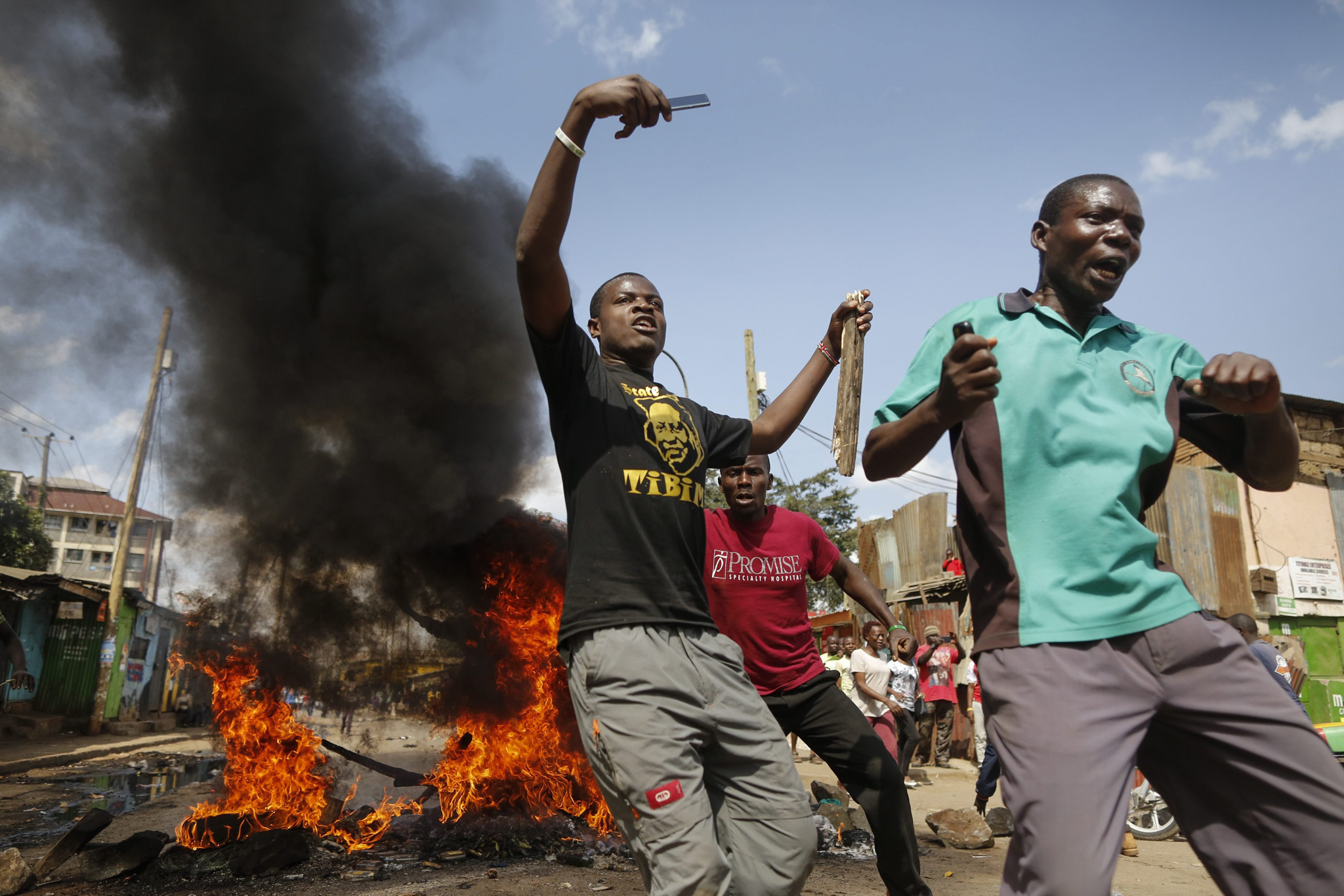


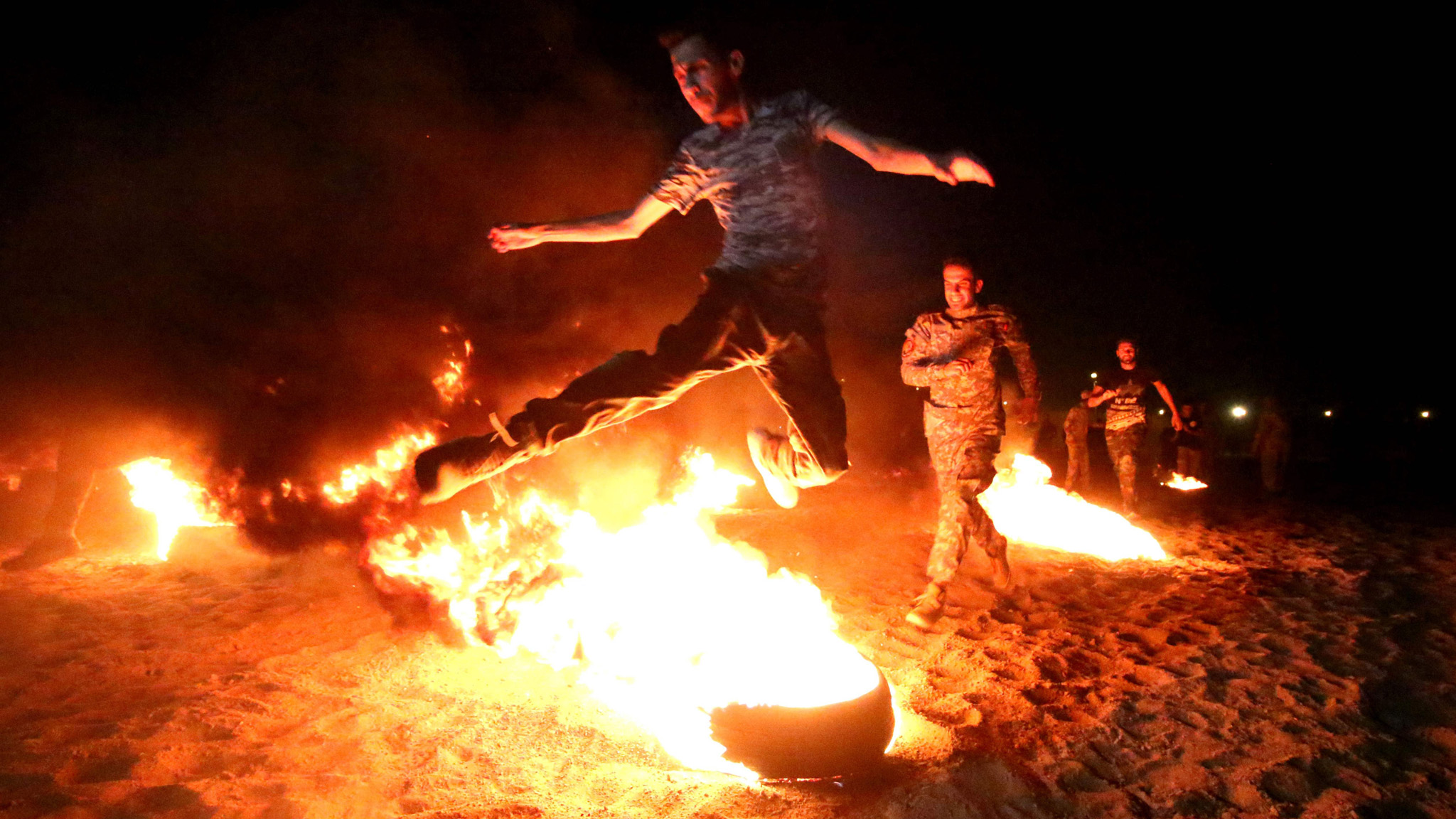







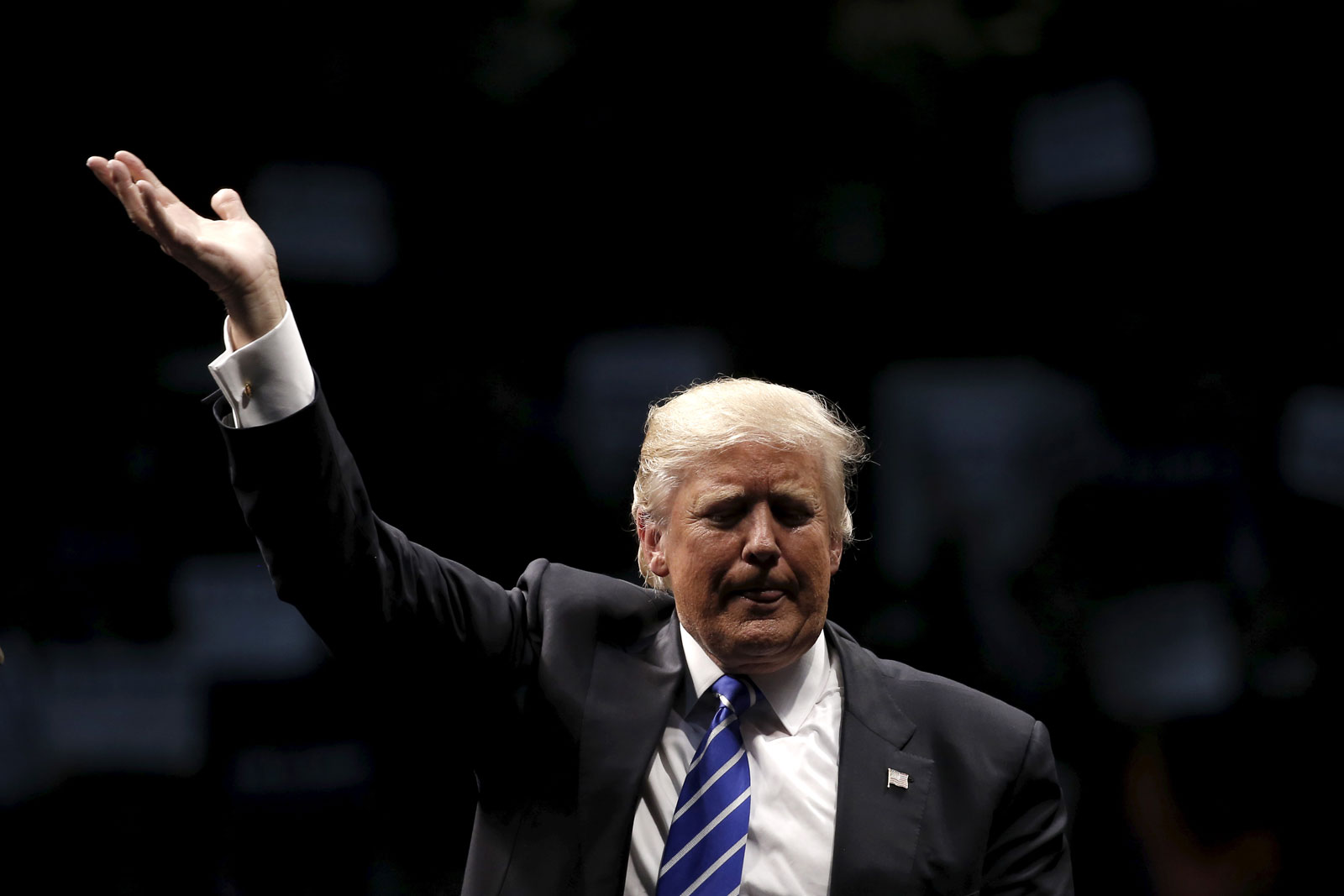


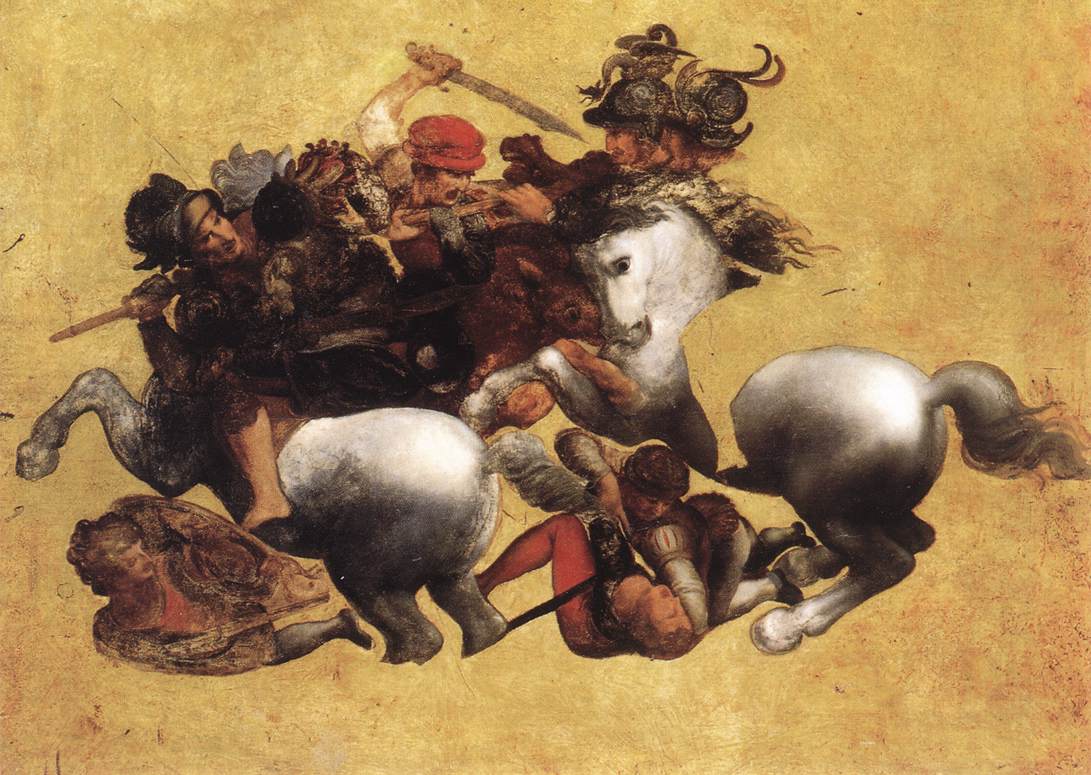

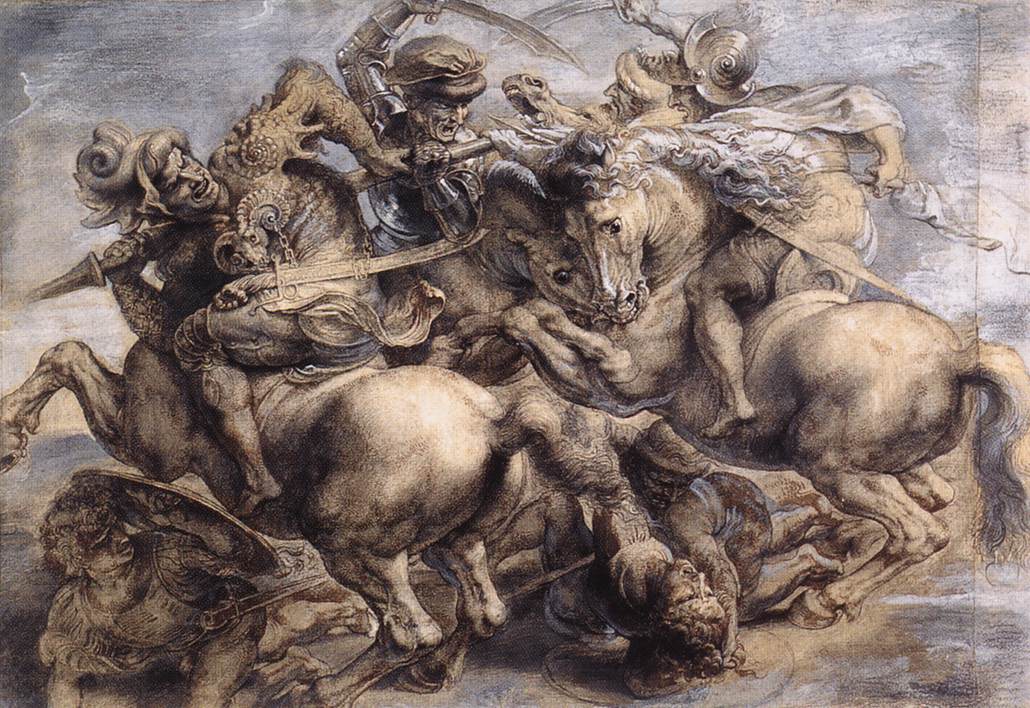






























































![Duxbury Reef, California, #4 | by jar [o]](http://c1.staticflickr.com/9/8587/16699705216_993308ef01_h.jpg)
